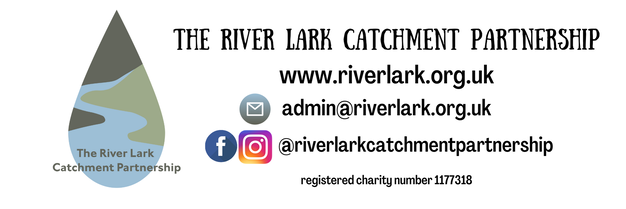|
Saturday 15th June 2024 at 7.30pm
Churchgate Sinfonia concert at All Saints Church, Park Road, Bury St Edmunds, IP33 3QW Mendelssohn Three movements from A Midsummer Night's Dream Holst Brook Green Suite Delius On Hearing the First Cuckoo in Spring and Summer Night on the River Joseph Haydn Symphony No.82 'The Bear' Conductors Neil Carlson and Suzanne Dexter-Mills Leader Rachel Sokolowski Refreshments will be available at the back of the church during the interval Proceeds in aid of River Lark Catchment Partnership Tickets £12 (£2.50 for children and students) Pay on the door - or buy your tickets online below with a £1 booking fee Churchgate Sinfonia - Home BFER - Restoring the Water: Supporting Species and Habitats 1.2 Sea to Chalk: Restoring Sea Trout and Eels Removing in-river structures and create fish passes on the River Lark to enable the free flow of Native wild brown trout and other river species Delivery Lead Organisation: Environment Agency and Norfolk Rivers Trust https://brecks.org/bfer/projects/restoring-the-water/1-2-sea-to-chalk-restoring-sea-trout-and-eels/
Huge thanks to all those who attended our RLCP Summer Garden Party in August. We are so grateful to Annie, Maddie and the team at Fullers Mill for allowing us to use their beautiful setting again for our evening, and to Maria from CASA for feeding us with such delicious dinner again. For those that couldn't make it, we hope you can join us next time!
At Jo Churchill MP’s request, Anglian Water invited a number of Lark stakeholder organisations including RLCP to spend a morning to brainstorm how future government policy might aid restoration of chalk streams such as the Lark over the next few years. Rebecca Pow MP, until recently the Environment Minister for rivers also attended. RLCP pitched in actively in the discussion and assisted in organisation, including Steph providing home-baked cakes for everyone. Jo Churchill sent a message to thank all the participants for their time and Sam Westwood from Anglian Water thanked Annie and her team from Fullers Mill Gardens for hosting us at very short notice. Jo Churchill MP and Rebecca Pow MP at Fullers Mill Gardens Lark Flagship - major step forward
At the event an MOU (Memorandum of Understanding) was signed between Anglian Water and RLCP covering the two years of planning for implementing the Flagship project at the end of 2024. The Lark Flagship is one of 12 chalk streams identified as a national priority. At the Chalk Stream Flagship national launch last year, Rebecca Pow Environment Minister stated: “Chalk streams are both incredibly rare and a hugely important part of our environmental heritage” Tony Juniper Chair of Natural England added “These habitats are subject to a complex range of pressures, however, from pollution arising from road runoff, agriculture and sewage, to low flow resulting from abstraction for public water supply and physical damage to the water courses.” The Lark is one of the first Flagship projects to be fully underway. Planning work has already started with a “natural capital” study commissioned and completed. The River Lark at Fullers Mill, July 2022 Here are some of the latest things our volunteers and members have been up to since March 2022: Fullers Mill Work Parties Once we had finished the project at Flempton Bridge, we returned to Fullers Mill to install 6 tonnes of gravel into the river! This was hard, physical work, but will massively improve the biodiversity in the river, improving the habitats for invertebrates and spawning grounds for fish, and therefore helping birds and mammals as well. Huge thanks to Glenn and all the volunteers who came to help us. Tributaries Group - Water Quality Testing Our Tributaries Group had their first sampling day in March, doing a snapshot sample of all of the tributaries near the confluence points with the River Lark. Tributaries Snapshot Sampling Day, Fullers Mill, March 2022 Since then, we have also had three sampling days: Tuddenham Stream, Culford Stream and the source and confluence points of most of the tributaries. Tuddenham Stream Sampling Day, March 2022 Culford Stream Sampling Day, April 2022 Tributaries Source and Confluence Sampling Day, May 2022 The pollution group will be discussing how we use the data we collect, and where we will be sampling from the Autumn. Promoting RLCP at Events Some of our fantastic volunteers have been representing RLCP at various events in Bury St Edmunds since May. Thanks to Graham, Caroline, Andrew and Steph for manning the RLCP stall at two Eco Markets and the Bury BioBlitz in the Abbey Gardens. We have had some really great discussions with members of the public and we have picked up some new members and supporters. Caroline and Graham manning the RLCP Stall, Bury Eco Markets and Bury BioBlitz Information Board Installed at West Stow Country Park Our second information board is now installed on the path next to the Lark at West Stow Country Park (the first one is at Fullers Mill Gardens) and celebrates all the hard work of our volunteers back in the Autumn last year along with our friends at Bury Trout Club. Do have a look next time you are walking along the river! Steph with the noticeboard at West Stow Himalayan Balsam Alongside our friends at Bury Water Meadows Group, our volunteers have been hard at work in the last few weeks helping to survey for and remove himalayan balsam along the river bank from Bury up to Hengrave. Thank you to all our volunteers who braved the heatwave, humidity, nettles and mosquitoes to help us keep this invasive species under control. Special thanks to Glenn for leading our work parties with his usual dedication and humour. Himalayan Balsam Work Parties July and August 2022 We are looking forward to seeing some of our volunteers and members over the summer and plans are well under way for our Autumn programme of restoration and citizen science projects.
Steph Holland Some of our RLCP Volunteers working at Flempton Bridge, February 2022 Our work parties restarted in January and it was wonderful for our volunteers to get back together again. Here are some of the things we have been doing in the last few months: Flempton Bridge We had to cancel the penultimate work party in February due to storm Eunice, but we managed to fit in three sessions in January and February. Our volunteers have achieved an amazing amount in a short space of time! We've installed log deflectors, created brash bundle shelving and started cutting a lot of instream willow branches. Thank you to everyone who braved the cold weather and gave such a lot of effort and enthusiasm. Tributaries Group As part of our pollution group, we launched our tributary water quality monitoring project in February with a training day held at Tuddenham Mill, which was delivered by Sam Hurst and Zac Battams from Norfolk Rivers Trust. You can see some pictures from our training day below. The Tributaries Water Quality Testing Group at Tuddenham Stream  The RLCP would like to thank Cllrs Glossop, Hopfensperger, Harvey and Nobel for their generous support of the Tributaries Water Monitoring Project. They have each used some of their district and county council locality funding budget to enable us to buy testing equipment including a Lovibond MD 610 colorimeter and some reagents for us to test for things such as ammonia, suspended solids, phosphates, nitrates and nitrites. We would also like to thank the Environment Agency for some funding towards training to use the new equipment. Pollution Group visit to Fornham Water Recycling Centre
A few members of the pollution group were treated (excuse the pun...) to a very informative and interesting tour of the sewage works at Fornham in February. It was truly eye opening to see how the process works and to meet the very dedicated team of managers who look after the whole region's waste water. We left feeling very enthusiastic about the positive relationship between us and Anglian Water and their commitment to tackle pollution in the River Lark. A huge thank you to managers Claire, Andy, Alan, Grant and our regular liaison, Sam Westwood for a very enjoyable afternoon. Jessie Leach unveiling the RLCP information board at Fullers Mill The RLCP hosted our Showcase event at Fullers Mill Gardens on 5th December 2021 to celebrate the achievements of our fantastic volunteers, and to provide an opportunity for our members to meet some of our partners and stakeholders. There were a variety of talks and presentations given, a delicious lunch provided by CASA, generously funded by CamEO, a Q&A session and the unveiling of our information board by the river. Huge thanks to everyone who attended, especially to those volunteers who helped on the day and everyone that contributed. Please see some photos from the event below. We hope to host a similar event in 2022.
The River Lark, West Stow After a very unusual year, it has been such a delight to restart our restoration work and training courses again this Autumn. We are so grateful to our fabulous volunteers for their patience and hard work in such uncertain times. Here is a little update of what we’ve been up to since May: July 2021 HR Wallingford/Water Resources East visit to the River Lark – in July, we took a group of representatives from HR Wallingford, Water Resources East, The Rivers Trust and the Environment Agency on a short tour along the River Lark, visiting Mildenhall, Cavenham Heath, Fornham, The Crankles in Bury St Edmunds, and Rushbrooke. The last part of their trip we were joined by volunteers from BSE Rickshaw, who transported all of us in a convoy along the river. The following description of the project is taken from the HR Wallingford site at https://www.hrwallingford.com/news/project-assess-optimal-ways-protecting-precious-chalk-streams HR Wallingford has teamed up with Water Resources East (WRE) to assess how various interventions could help protect England’s precious chalk streams. The work is looking at improving chalk stream resilience by focusing on better stewardship of land, and nature-based solutions. By measuring costs and benefits of these alternatives, the team will be able to create a tool to support water companies, resource planners and landowners to make scientifically informed decisions on interventions, which could be used to provide evidence for government funding decisions. We are planning to study a range of interventions in three of WRE’s catchments to help identify the optimal way to improve the flow and protect the ecology of chalk rivers and catchments. As these also supply a large amount of water to the public, agriculture and energy sector, the project is looking at alternatives to reducing abstraction, which is already capped in the attempt to make it sustainable and improve the resilience of chalk catchments. Certain interventions could help protect these ecologically-rich streams and rivers, so that they do not run dry in hot summers and continue to support important flora and fauna, such as trout, salmon, dragonflies and crowfoot. WRE has identified three pilot catchments for us to study: Lark, Stiffkey and Granta. At initial site visits, which commenced mid-July, scientists will identify the sort of interventions that are suitable to be implemented and further opportunities to improve the resilience of chalk catchments. The team will consider options including, but not limited to, nature-based solutions, for example to plant specific types of trees, improved land use through land stewardship and Environmental Land Management (ELM) schemes to promote farm reservoirs, or river restoration. Throughout the process, HR Wallingford and WRE will be consulting with representatives from each of the catchments and bodies such as the Environment Agency, the National Farmers Union and Natural England. Andrew Hinchley, chairman of the River Lark Catchment Partnership, stated: “We really welcome HR Wallingford and WRE choosing the Lark as one of the catchments on which to focus. We are particularly pleased since the Lark is one of the most over-extracted and polluted chalk streams in East Anglia…yet we believe, with the right amount of effort by both professional organisations and our volunteers, that this can be greatly changed in the next decade, benefitting not only the environment and those visiting, but also contributing positively to conquering the problems of drought that our nationally important farming community faces.” Once the interventions have been chosen and put in place, the team will carry out modelling works to quantify the impact of each on the catchment’s aquifers and streams. The team then plans to develop an innovative decision-making platform that can be used elsewhere too to test the type and extent of a range of land-use interventions within chalk stream catchments, calculate the potential cost-benefits and help in decision-making. The new model could be used to help inform the ELM funding, currently being set up by the UK government. ELM schemes will allow land owners to seek funding for projects which improve the environment, and is due to come into force in 2027. The model could also be used to demonstrate environmental improvements in land use for Biodiversity Net Gain payments. “This project is the first piece of research that will measure the impact of different interventions and enables decision-making in the context of chalk catchments,” explained Dr Majed Khadem, HR Wallingford’s project manager. “Other studies have examined the importance of chalk streams and rivers, but not measured the outcomes of applying measures to protect them. Considering the significance of chalk catchments for the public and for our environment, HR Wallingford has chosen to fund the project for two years as part of its internal research programme.” Robin Price, WRE’s Managing Director, added: “The project is important to WRE because it will give us further scientific evidence showing which interventions bring real benefits. WRE is very keen to test a range of approaches to increase system resilience, improve aquifer recharge and river flows and also reduce flood risk.” The project comes at a pivotal time in WRE’s calendar as WRE members start to co-create their first regional water resources plan at a series of planning conferences being run throughout the Autumn. To find out more about the chalk stream project and/or how to get and involved in the regional water resources planning, visit https://wre.org.uk/. Tour of the River Lark – Mildenhall, Cavenham and Bury St Edmunds with BSE Rickshaw Basic Restoration Training – another two groups of volunteers successfully completed the basic river restoration training with Rob Mungovan in July. These courses were held outdoors at West Stow Country Park and always receive very positive feedback from participants. Basic Restoration Training, West Stow, July 2021 August 2021 RLCP Garden Party by the river Lark in Barton Mills. Huge thanks to two of our volunteers, Steve and Carole Mullender, who let us use their beautiful riverside garden for our first social event this year. It was wonderful to see some of our volunteers again in person for this very enjoyable afternoon. Barton Mills, August 2021 September/October 2021 River Restoration work at Fuller’s Mill Fuller’s Mill is an enchanting and tranquil seven-acre creation on the banks of the River Lark, described as a waterside gem of West Suffolk. It combines a beautiful site of light dappled woodland with a plantsman’s collection of unusual shrubs, perennials, lilies and marginal plants. The River Lark Catchment Partnership (RLCP) have been welcomed by Perennial, the owners of the garden to transform the path of the River Lark, which runs right through the middle of the gardens . Annie Dellbridge Head Gardener at Fuller’s Mill state “’Thank you to all those that have been involved, the work you’ve done is extremely beneficial to the water and wildlife. It has caused lots of interest with our visitors and it fits very well into the garden. We look forward to seeing you all at the garden again soon.” The first major change implemented with the active assistance of the Environment Agency was to substantially lower the river level. Considerable experience shows that the less a river is blocked by weirs and obstacles, the less energy the river has to maintain a good flow. Glenn Smithson, Head of Restoration for the River Lark Catchment Partnership picks up the story: “Roughly 18 months have passed since our transformative work was completed at Fuller’s Mill. Lowering the river level and then creating and enhancing features has certainly changed the appearance of the river as it passes through the public area of the garden. Swans have taken up residence; voles are seen moving from the garden to the now accessible, low riverbank; and fish have moved into the newly created channel. It was always RLCP’s intention to look above this now restored section and try to do something a little less formal, yet still effective, and using local natural materials. As the Lark was modified to become a navigable river it was invariably deepened, widened and straightened. It was much easier to move cargo this way rather than turning pesky corners. Lowering the river has certainly helped, however the Lark still wants to fly straight, and that’s not great for a river. We decided that, using mostly locally sourced materials, we could make the river move around a little along a straight channel. A variety of features were installed, simple Large Woody Debris deflectors, brash deflectors, brash shelves and a little hazel bundle revetment. I know, it’s like a new language!!! For now, the changes do seem to be working! There are sections of faster, slower, deeper and shallower water. We will monitor the changes over the next year or two and make adjustments as necessary. However, as 90% of our materials came from Fuller’s Mill Garden or the adjacent Lackford Lakes reserve, adding a little here or there shouldn’t be an issue." RLCP has welcomed new river volunteers to work on this project. Helen said: “I had a great time yesterday! I really enjoyed the session and finally felt like I was doing something both for the partnership, the river and for me. The waders were fab and the rest of the volunteers really lovely” Another new volunteer Caroline said: “I had a great time on Saturday at Fuller’s Mill, it was a really interesting and informative session with a lovely group.” Restoration Work at Fuller’s Mill, September and October 2021 Outdoor First Aid Training, October 2021, The Hive, Bradfield St George
|
AuthorWrite something about yourself. No need to be fancy, just an overview. Archives
March 2024
Categories
All
|
||||||
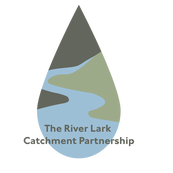
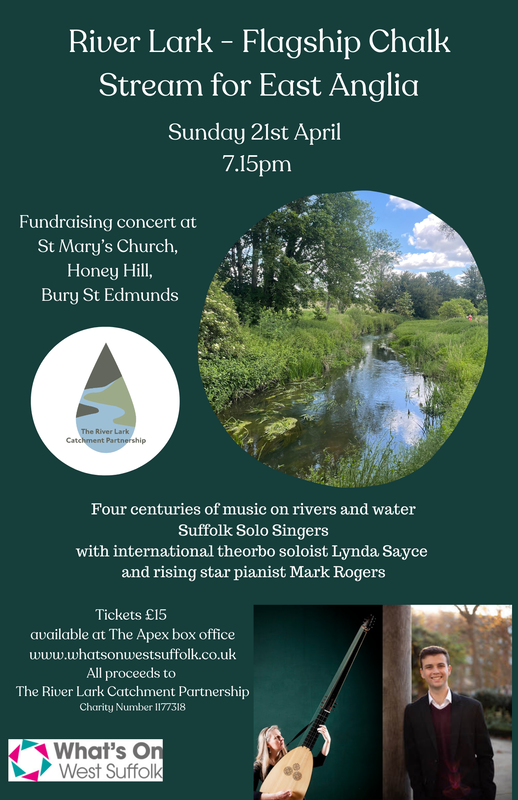
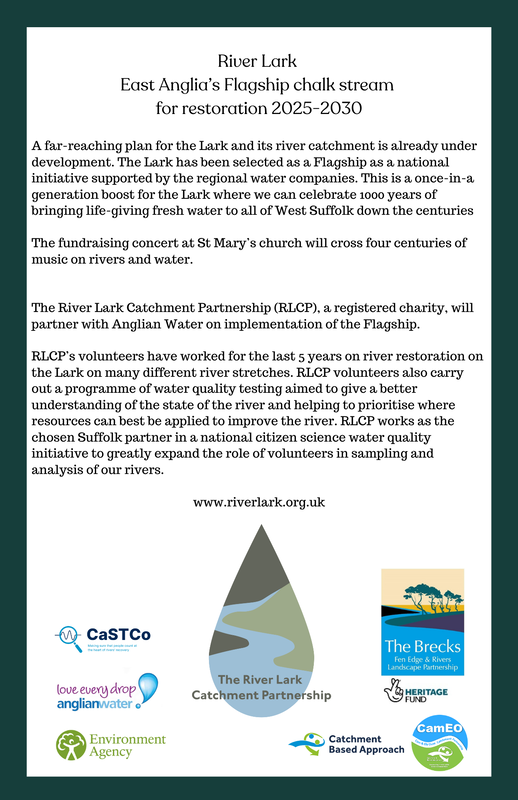
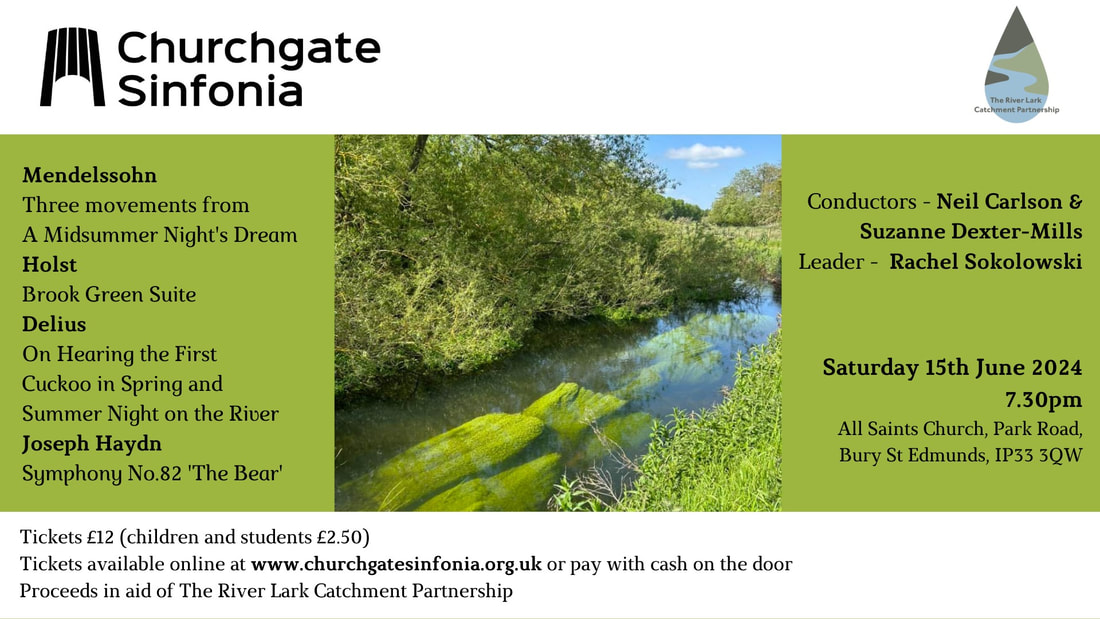
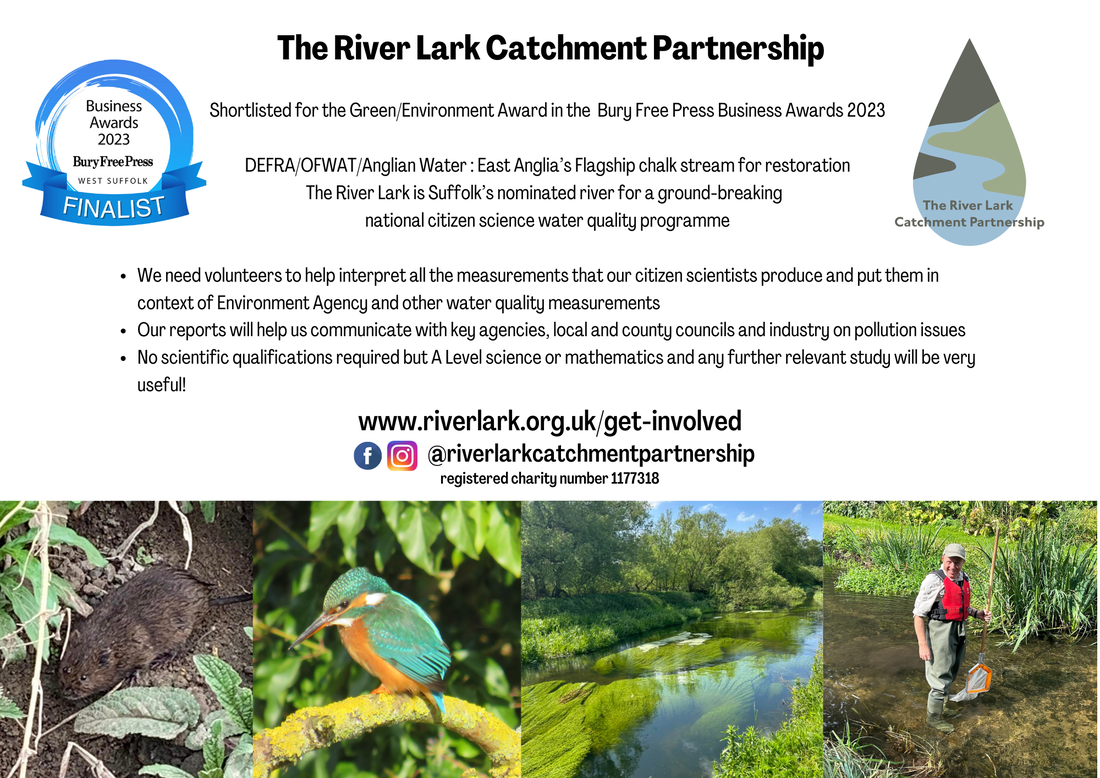

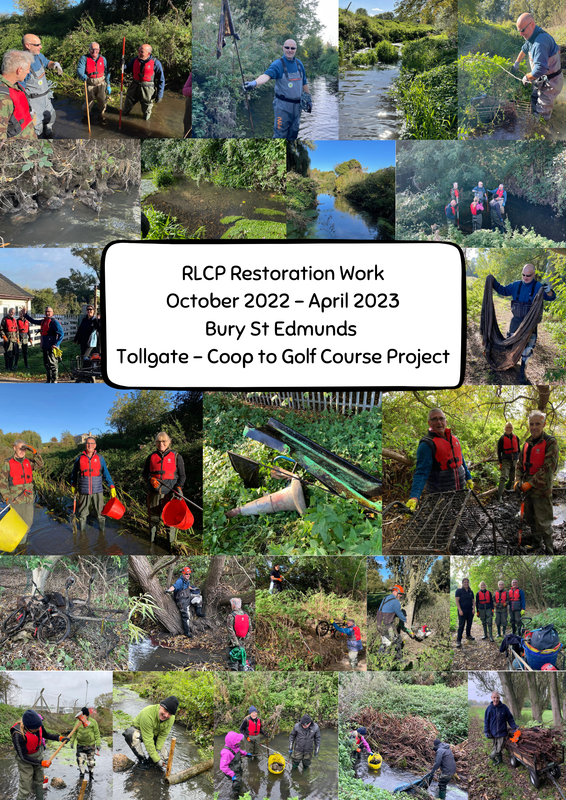
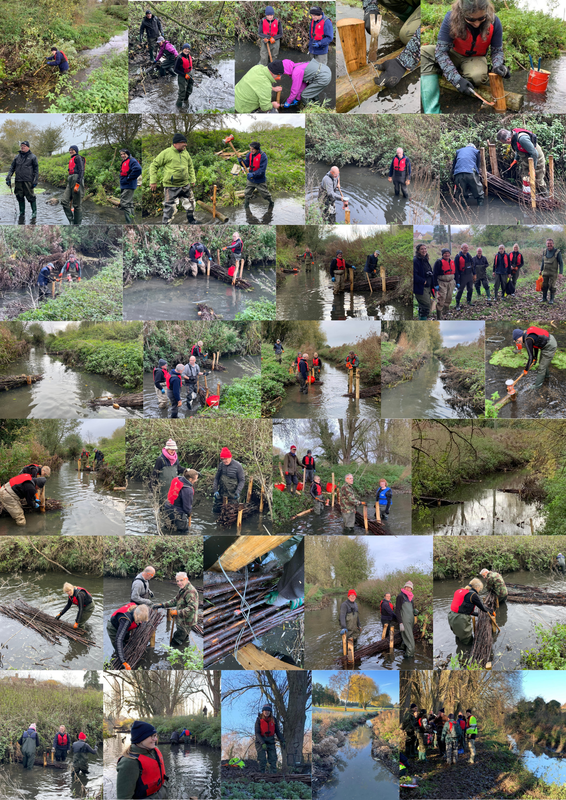
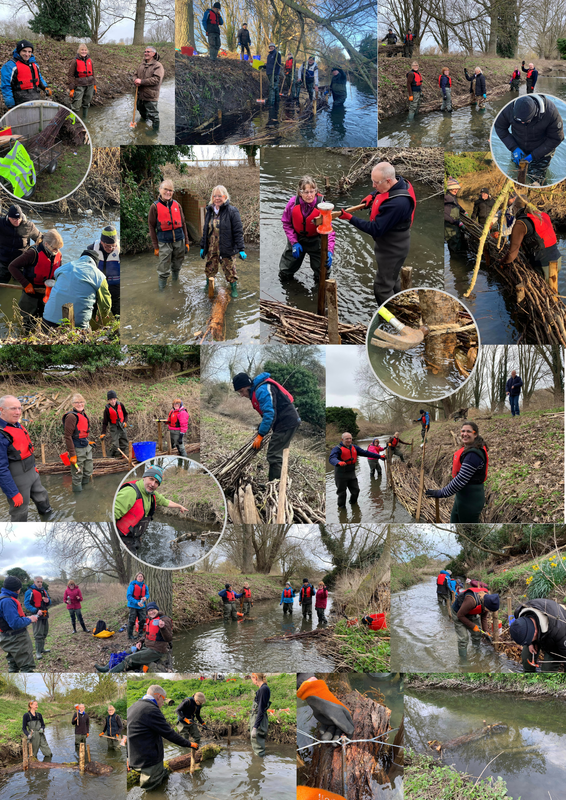
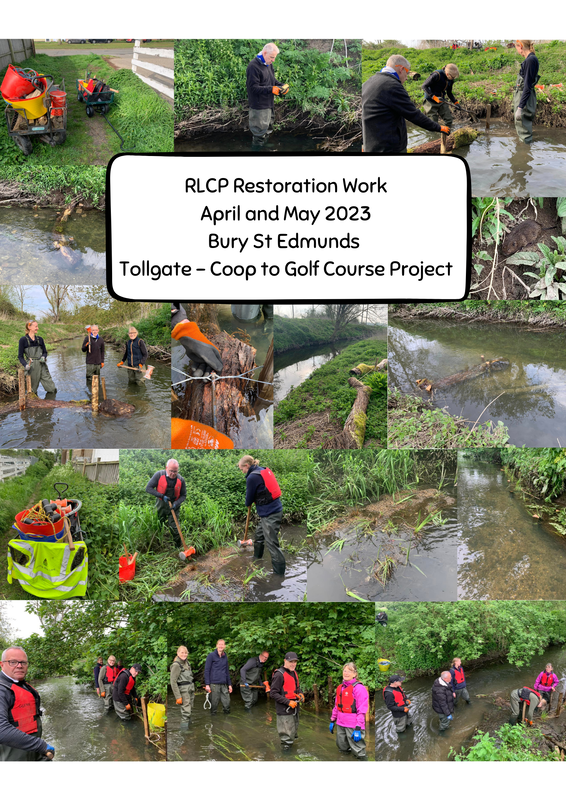
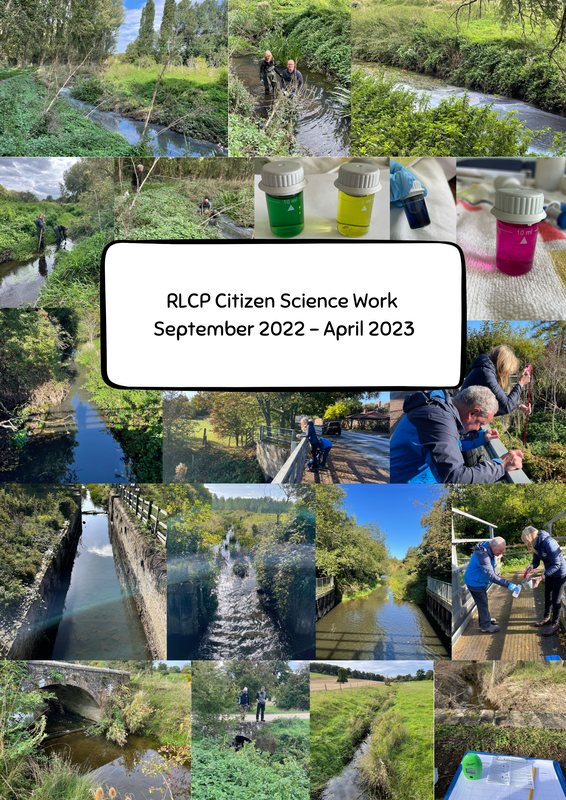
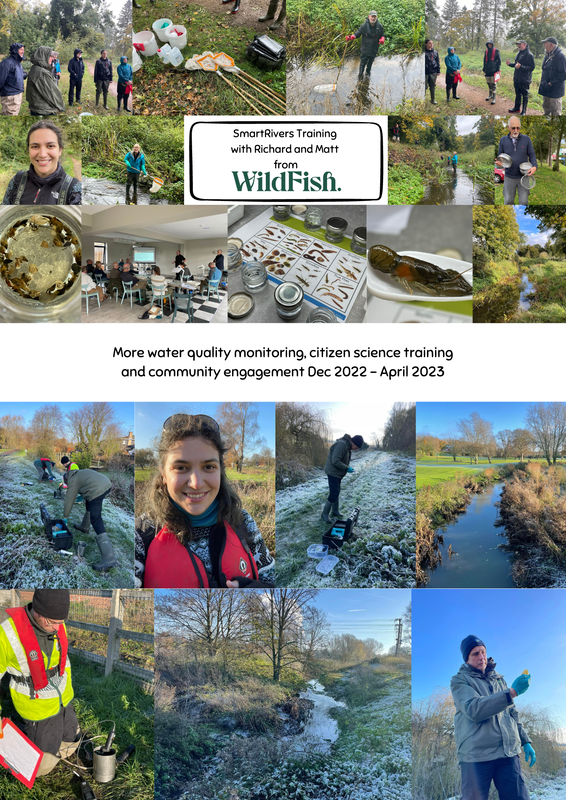
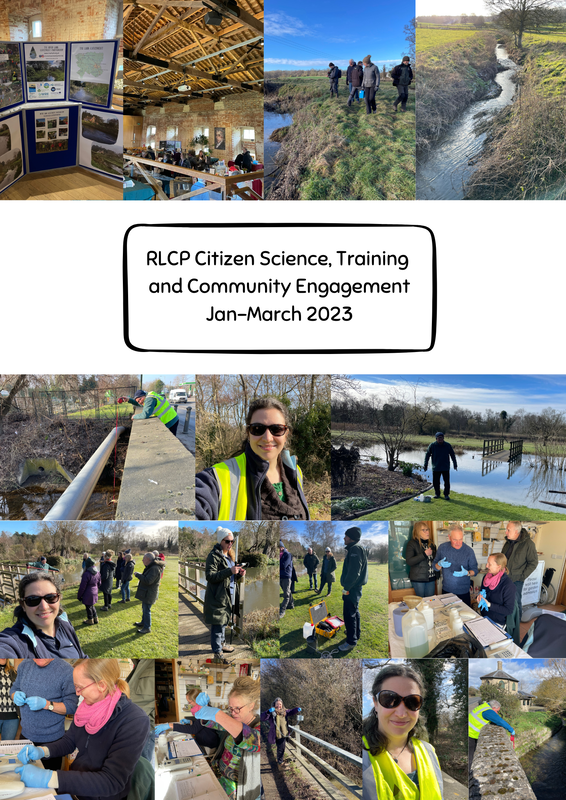
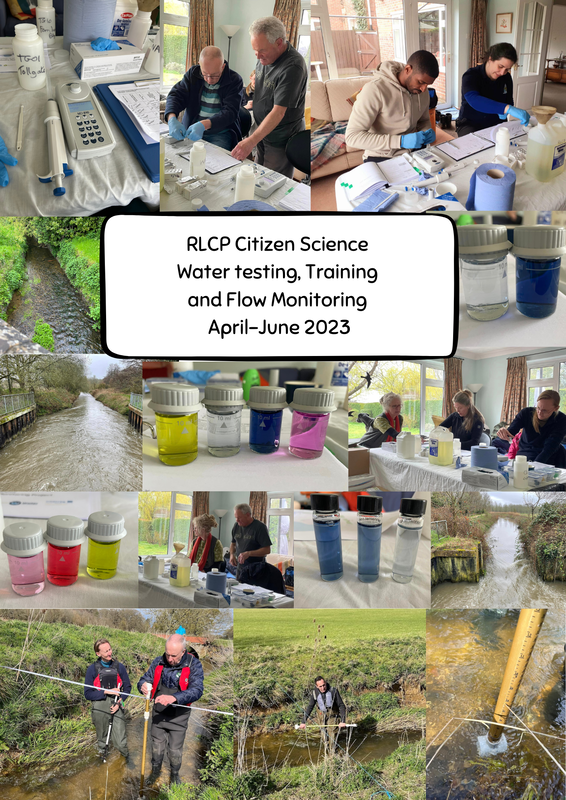
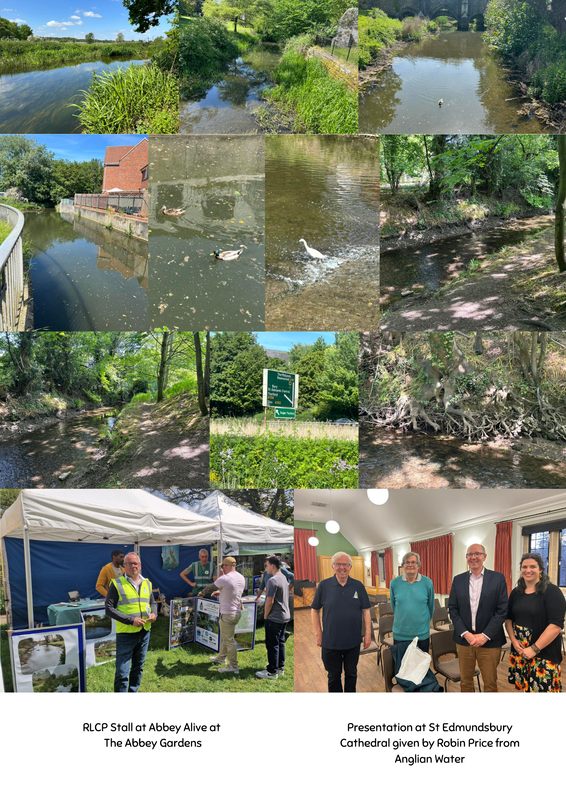
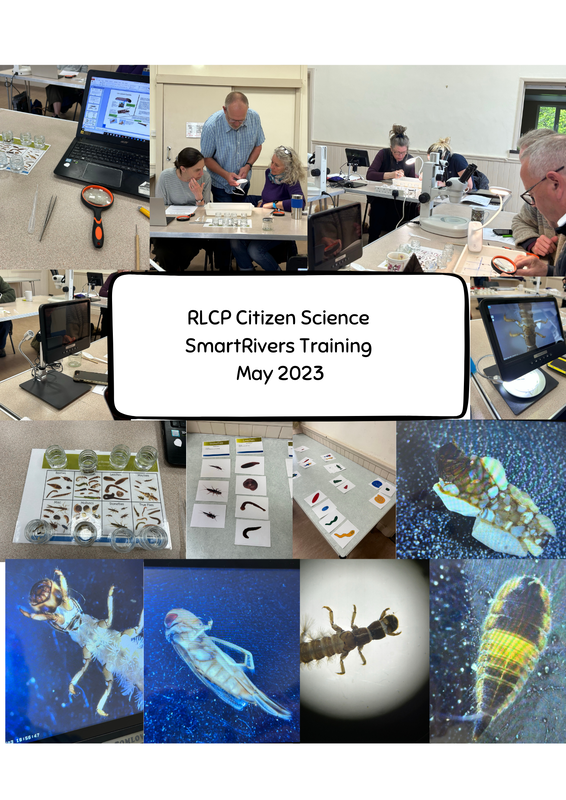
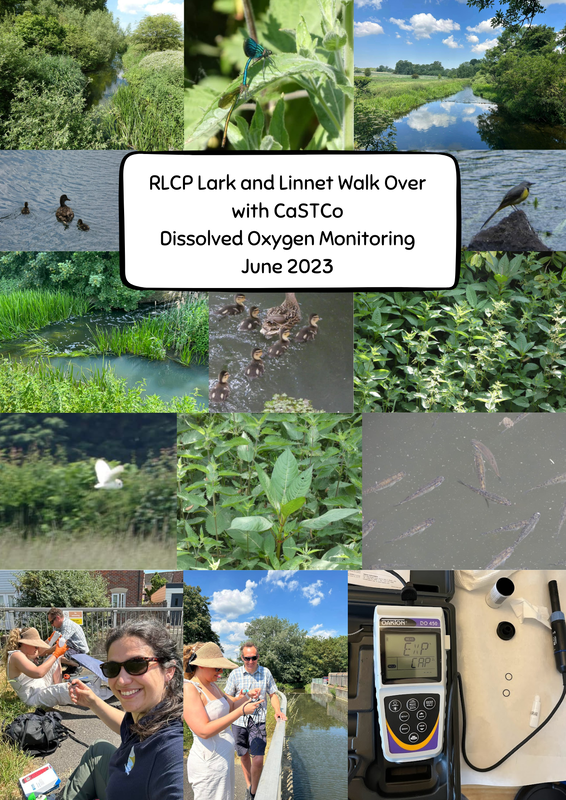
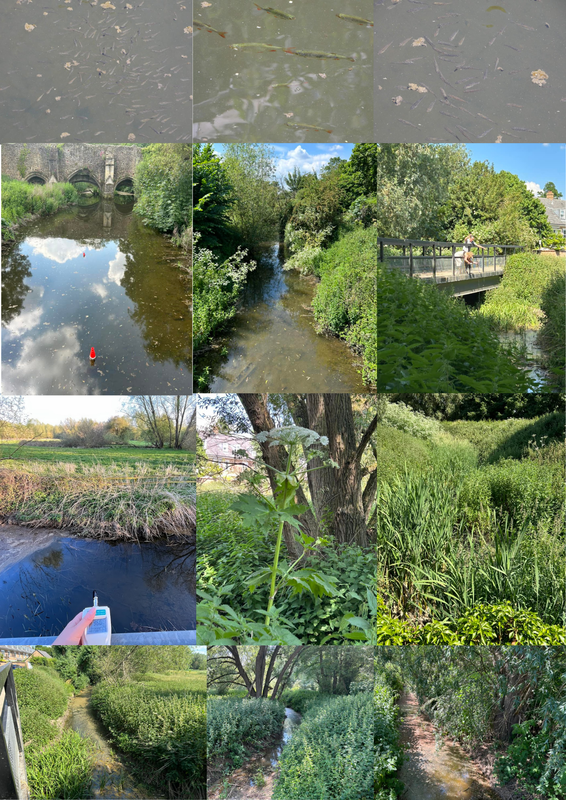
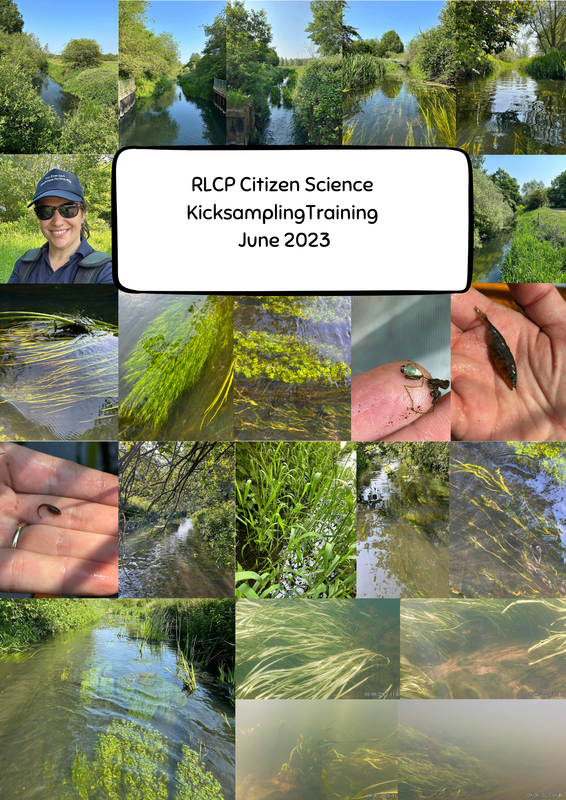
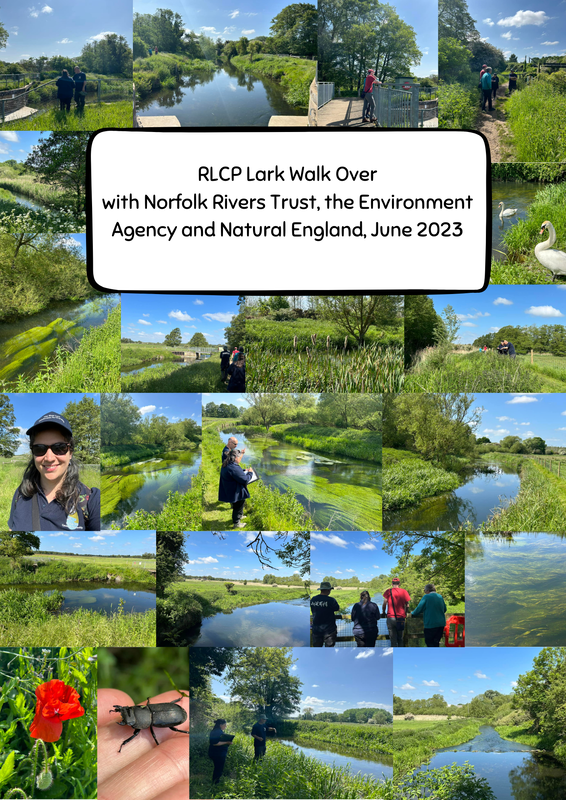
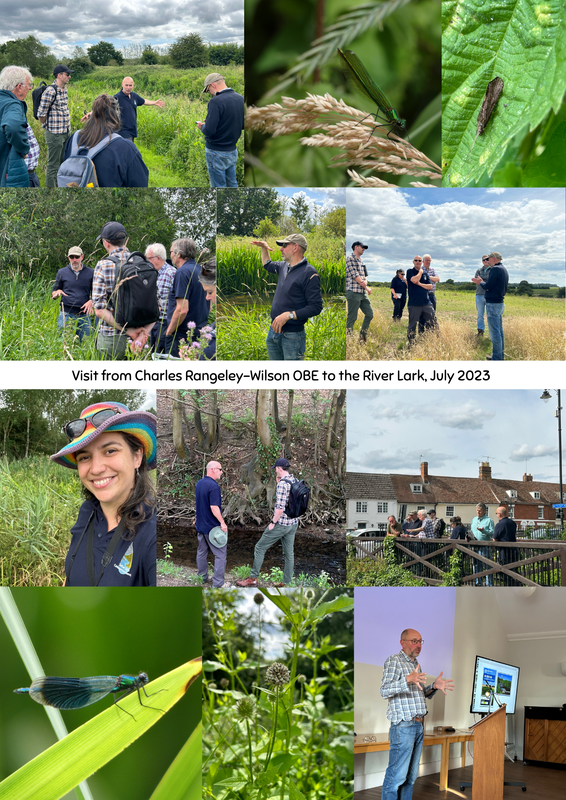
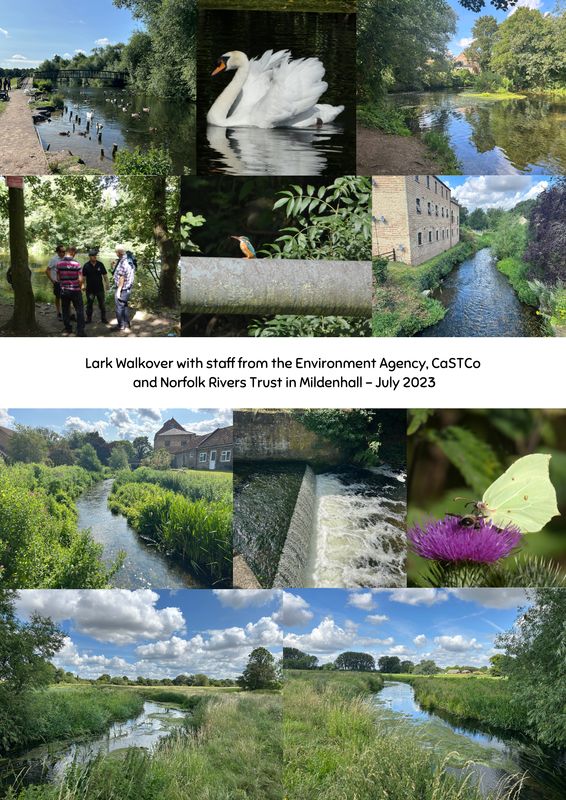
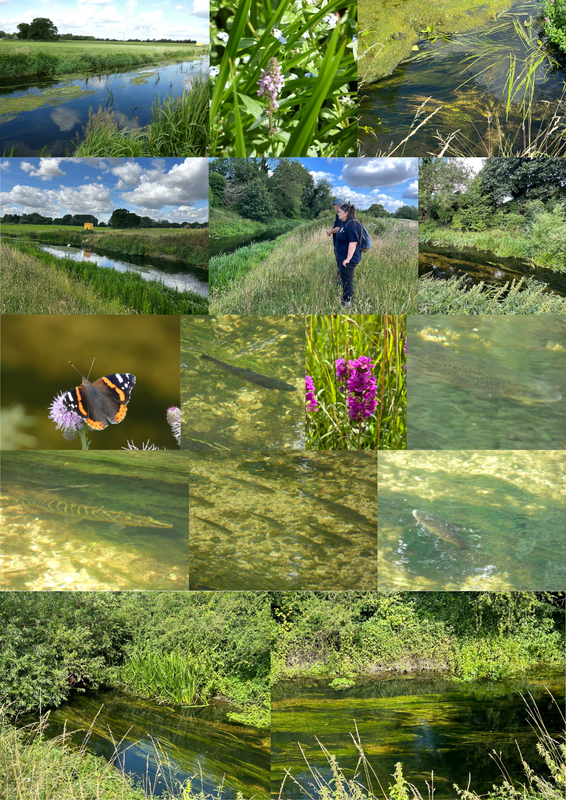
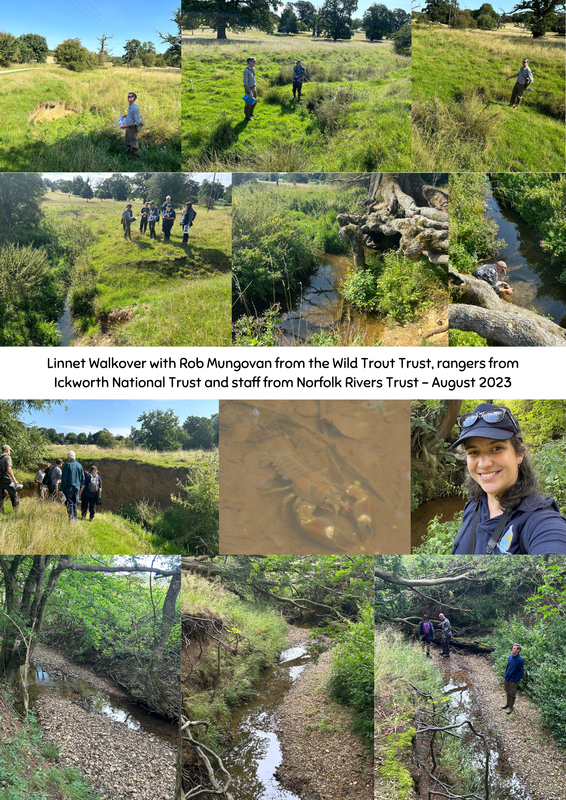
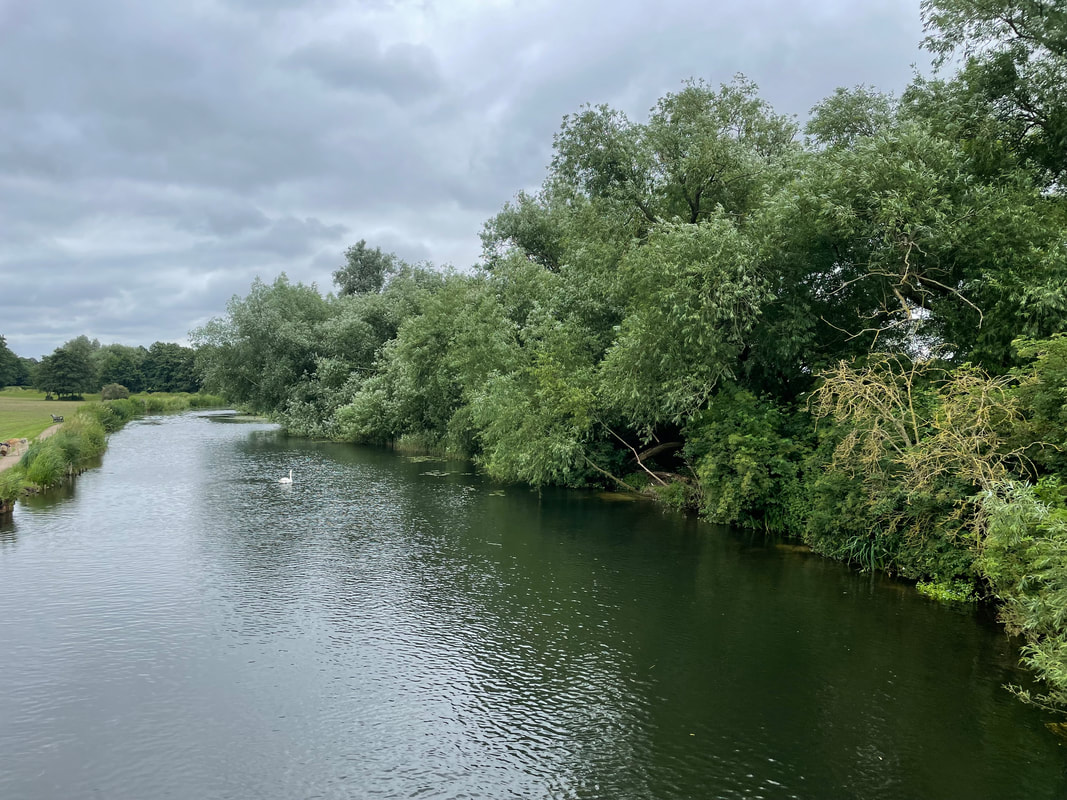
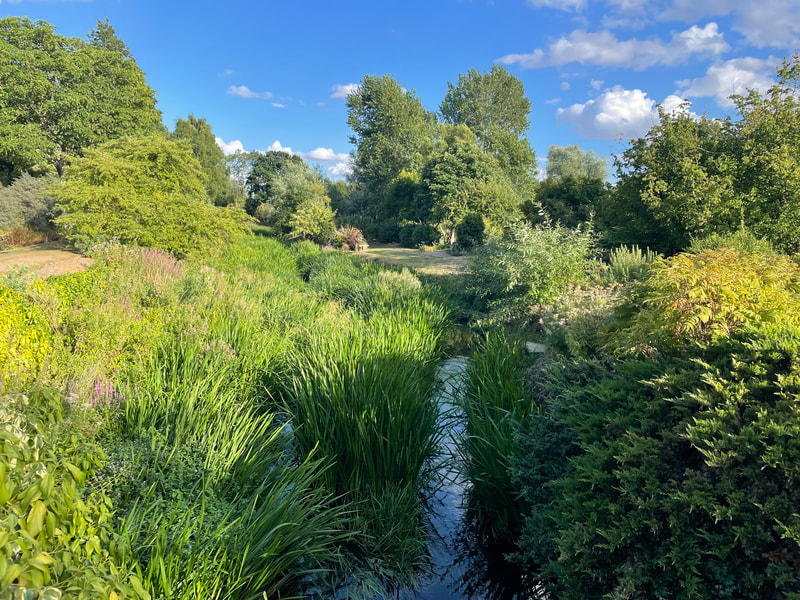
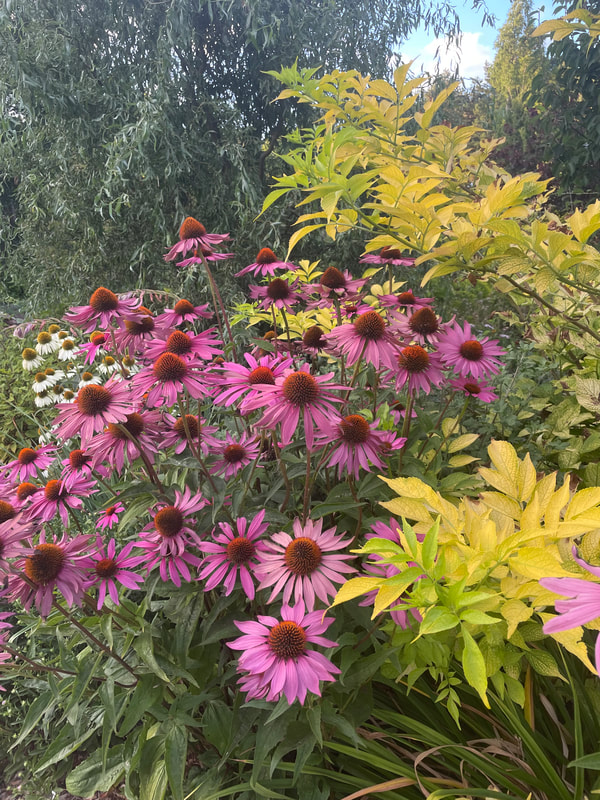
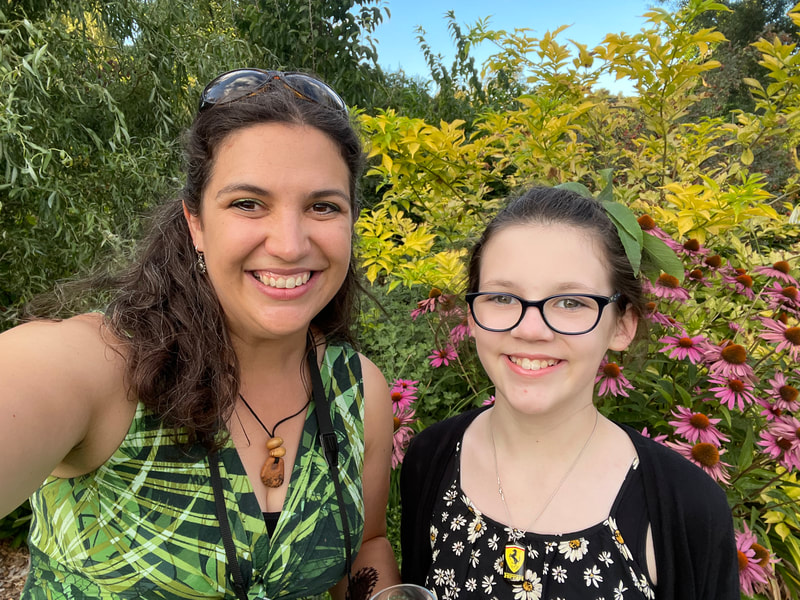
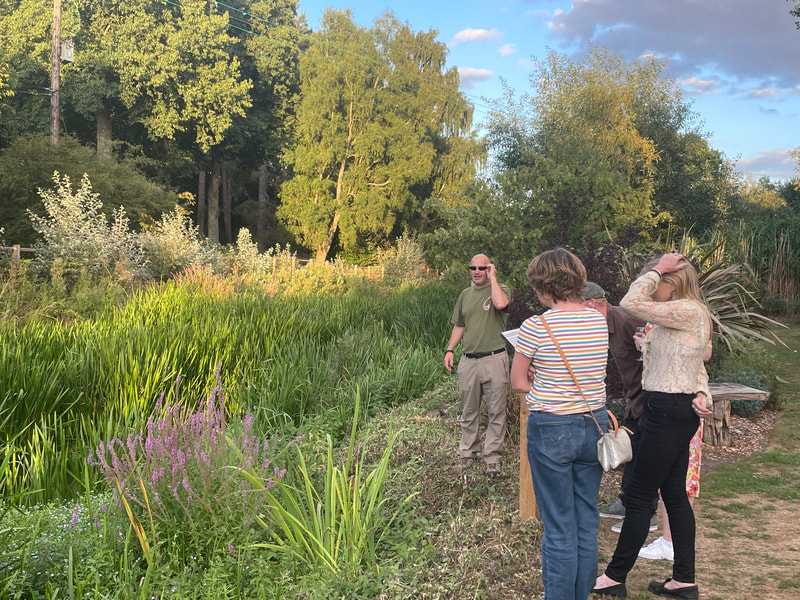
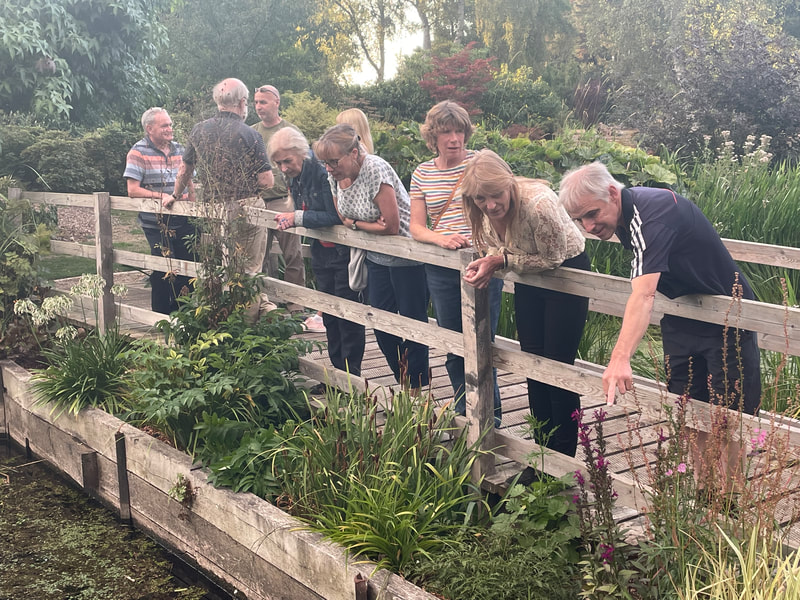
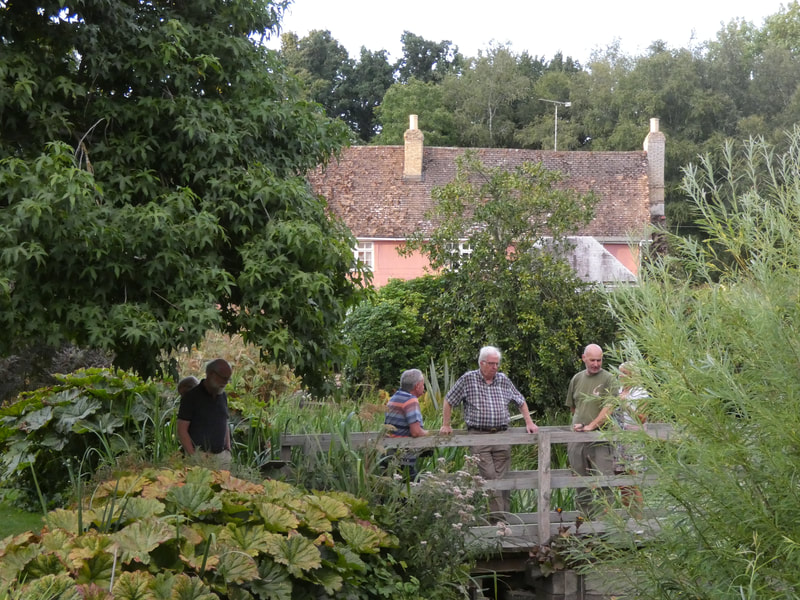
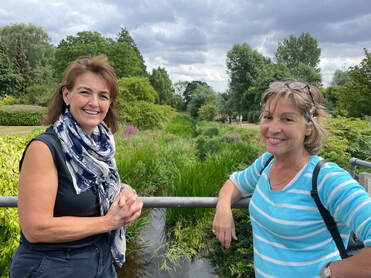
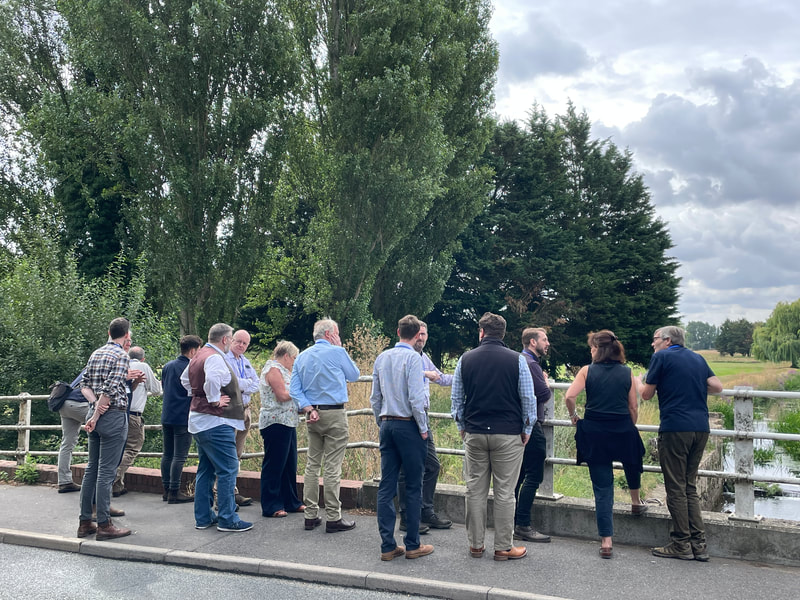
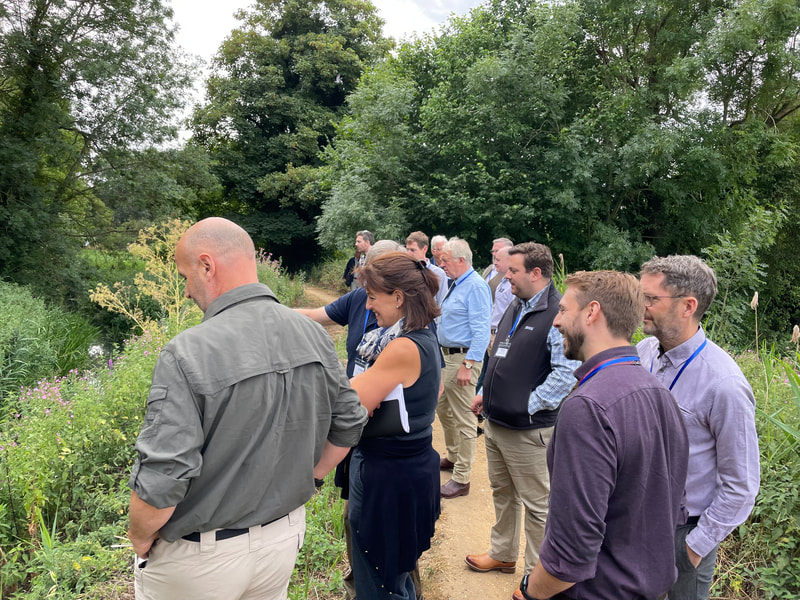
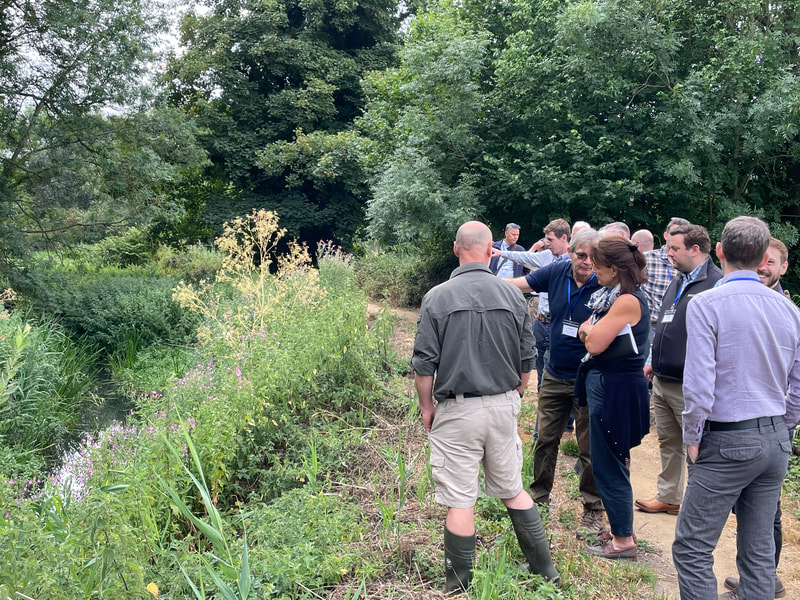
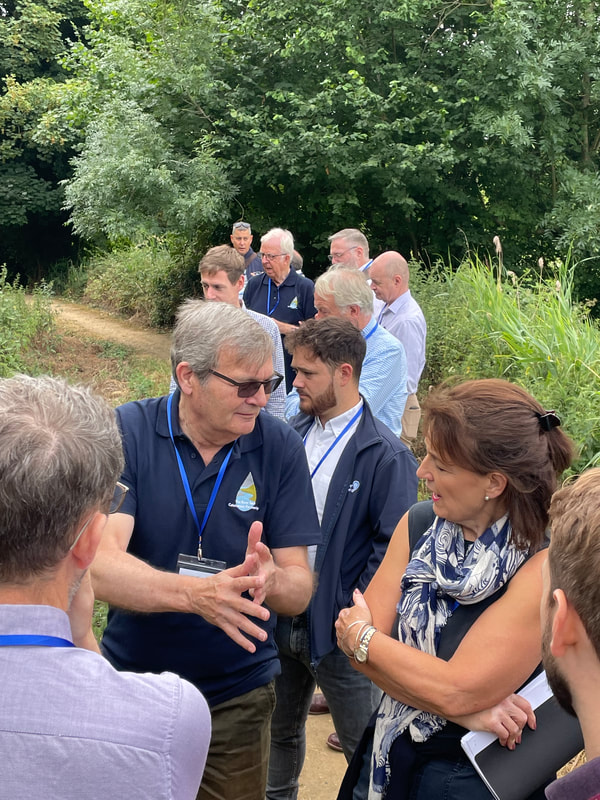
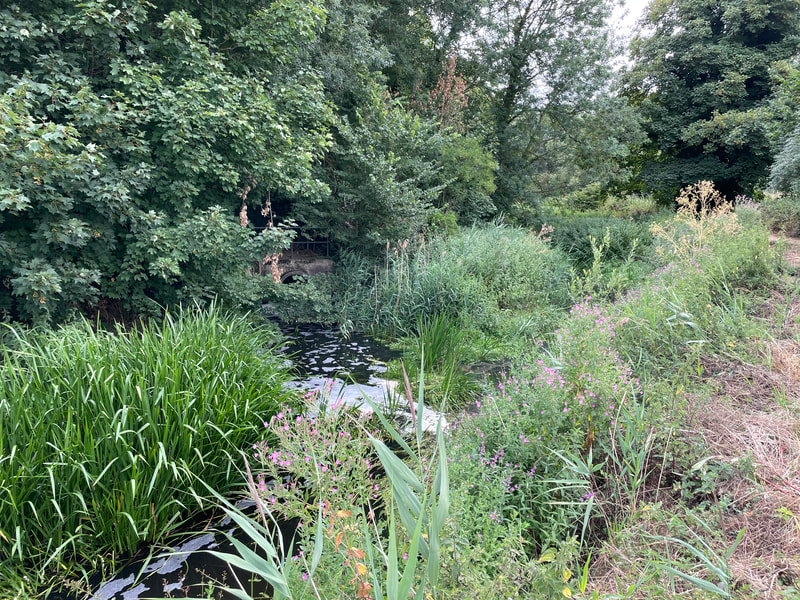
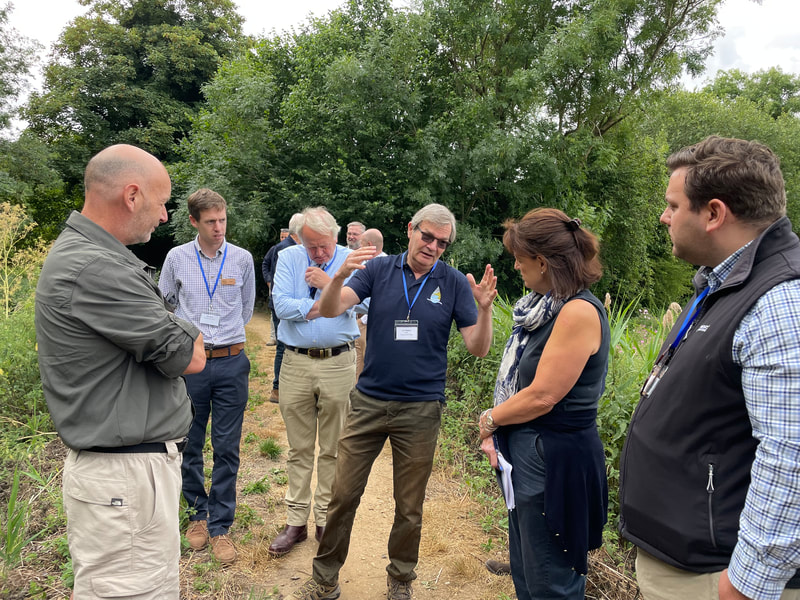
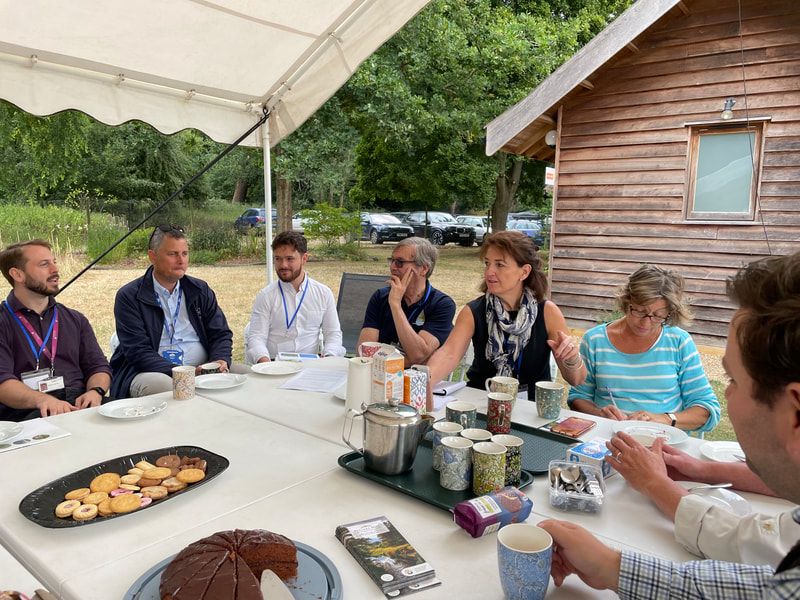
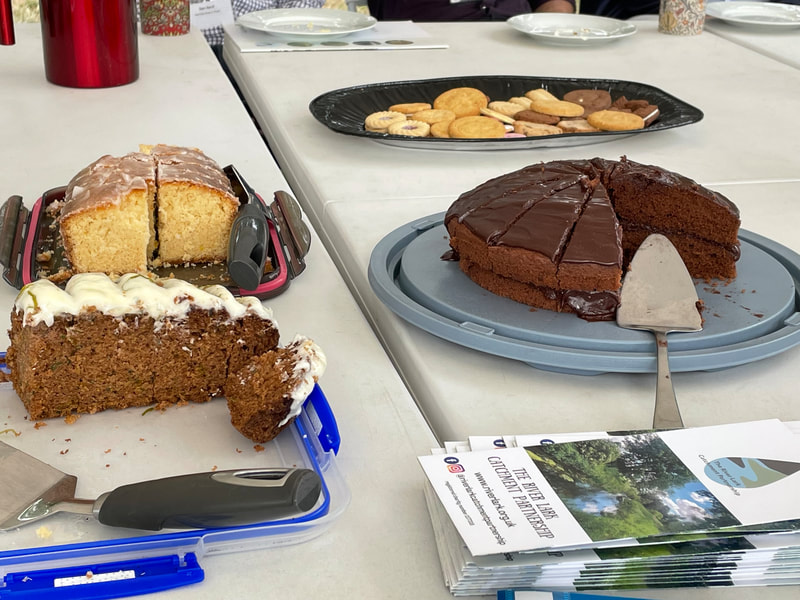
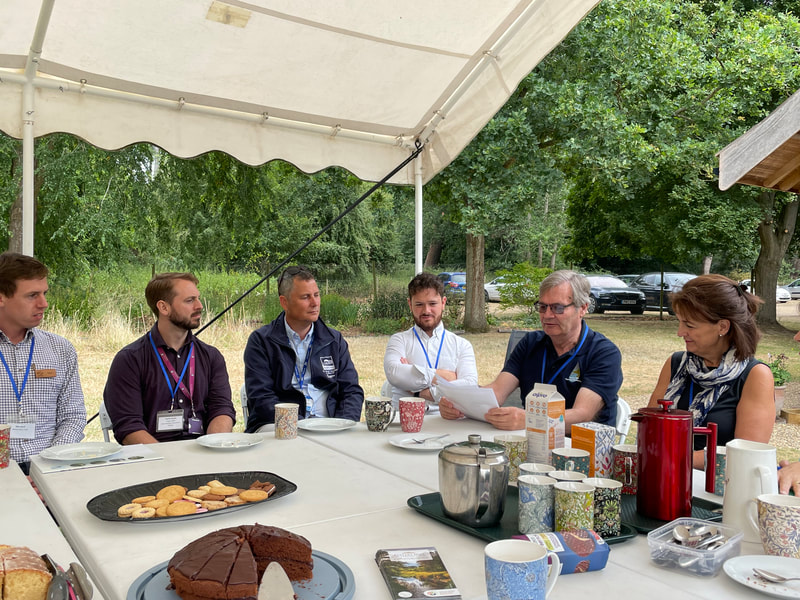
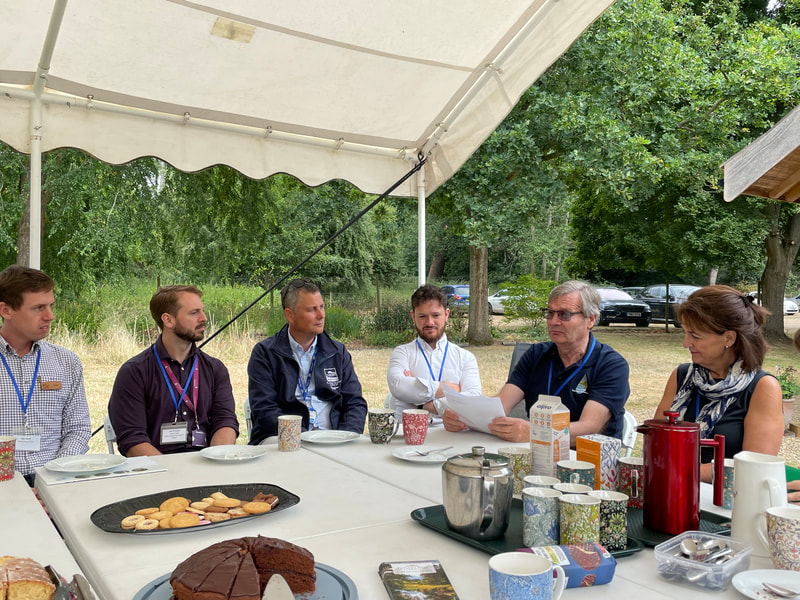
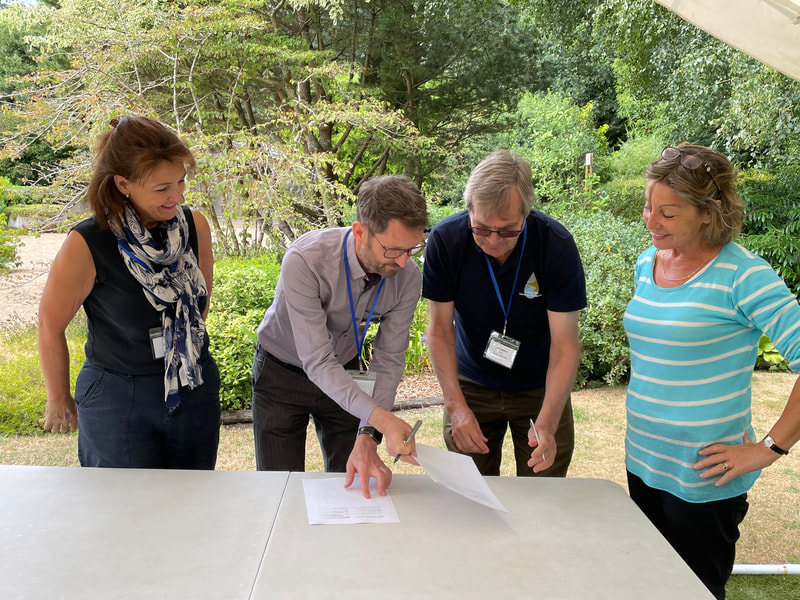
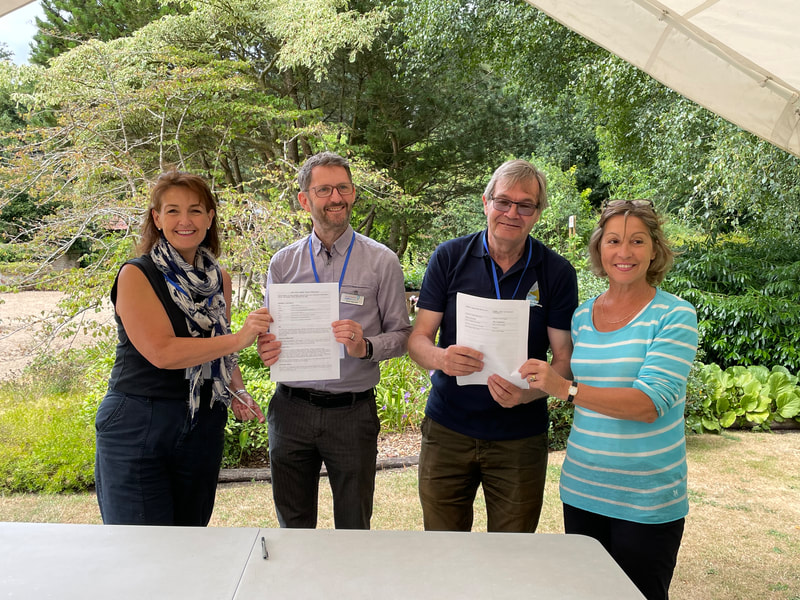
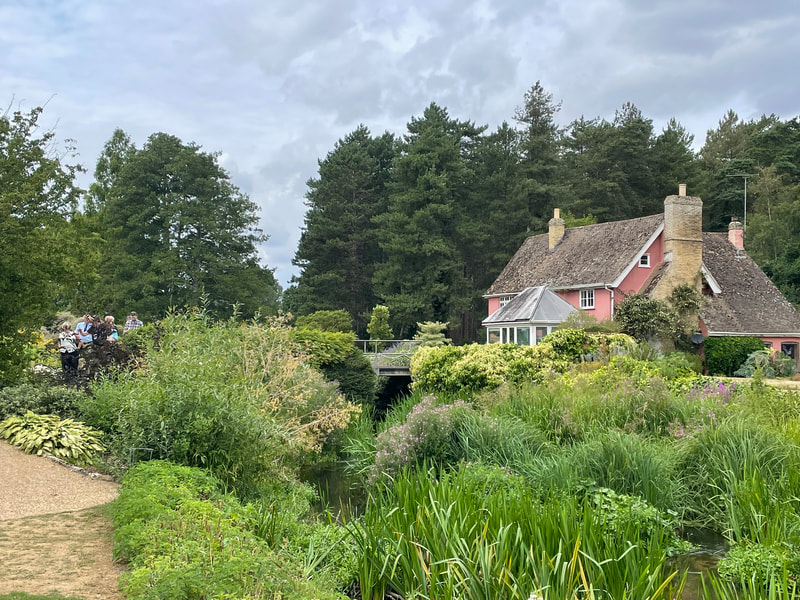
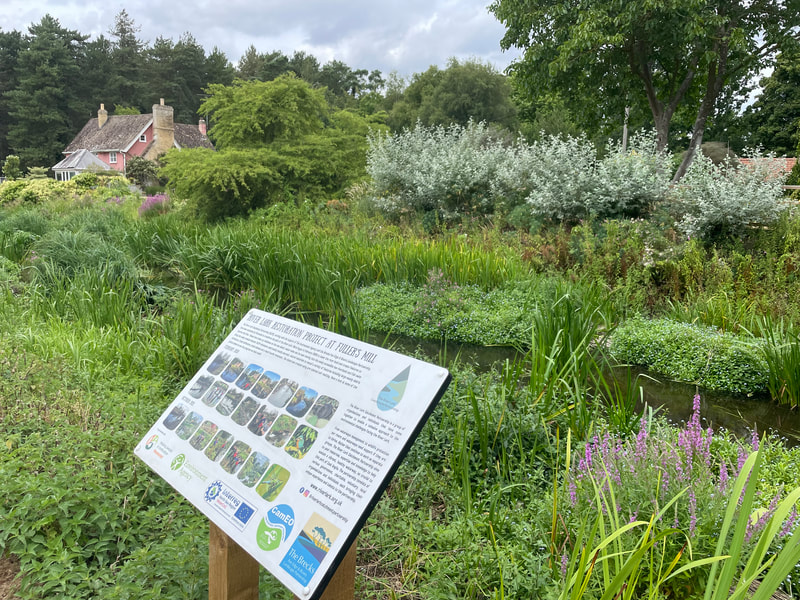
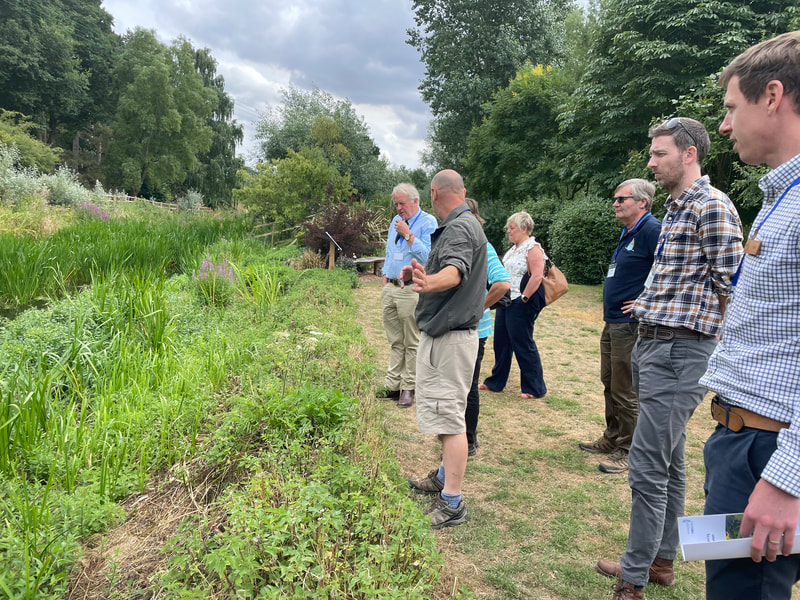
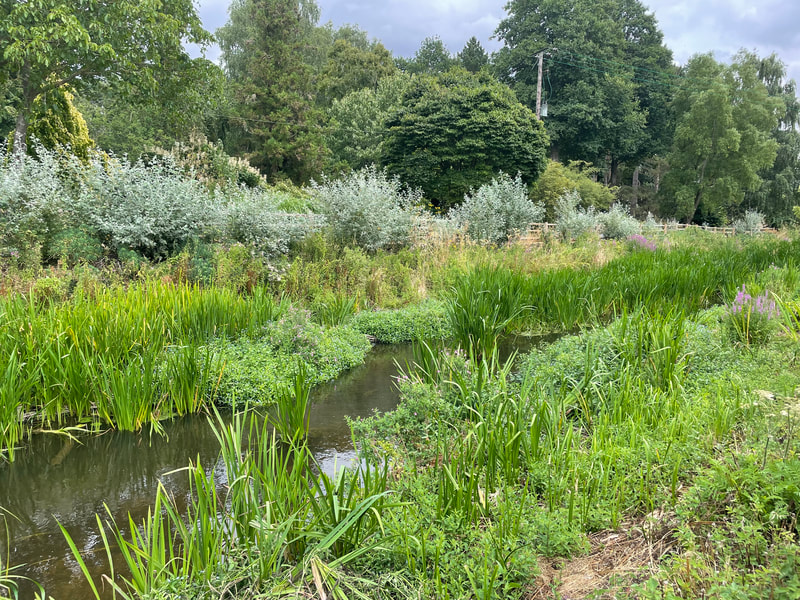
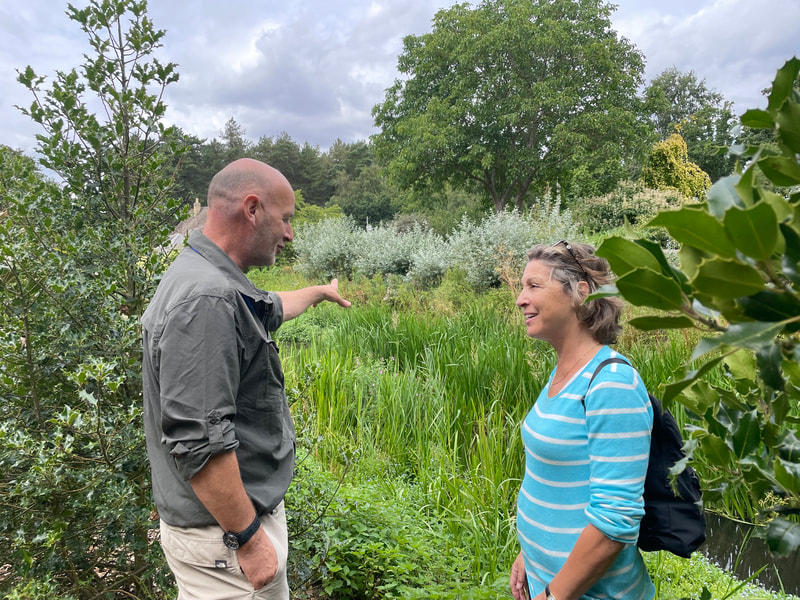
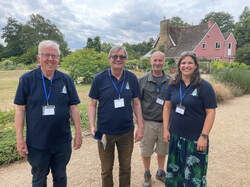
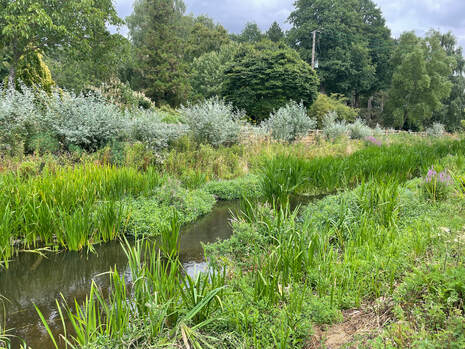
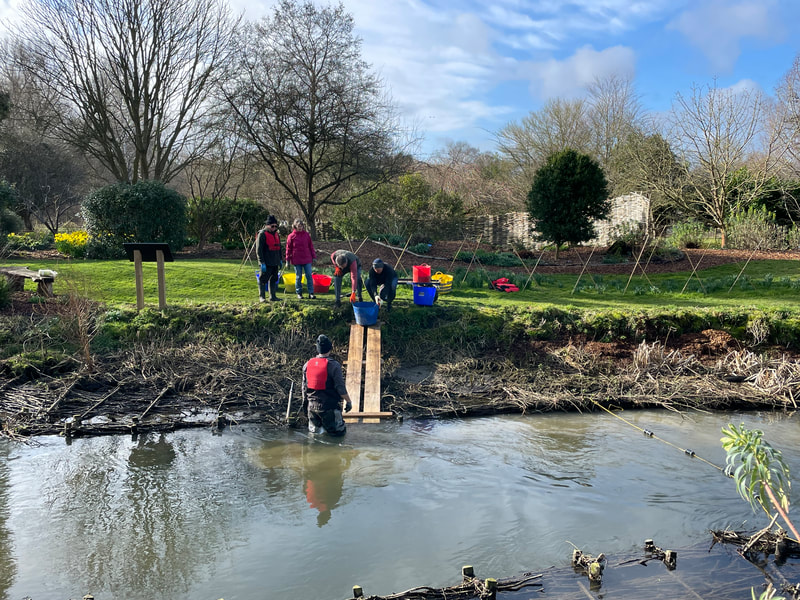
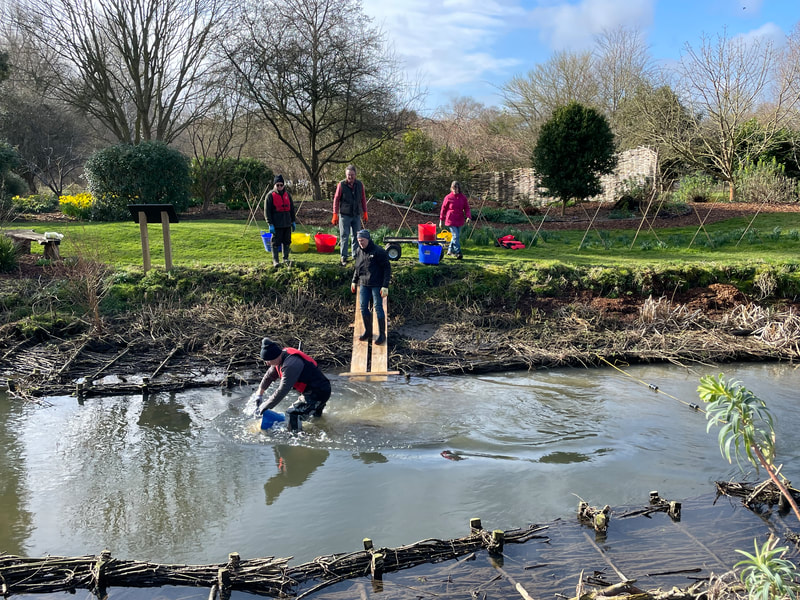
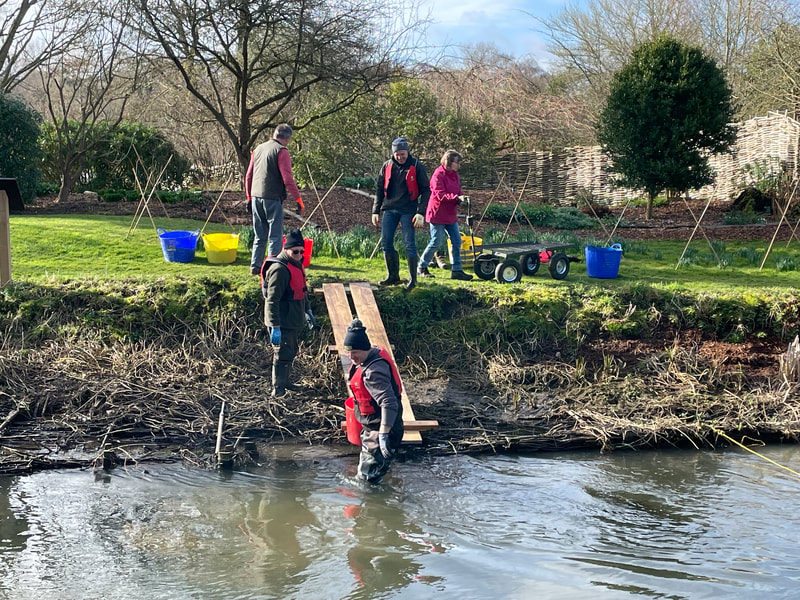
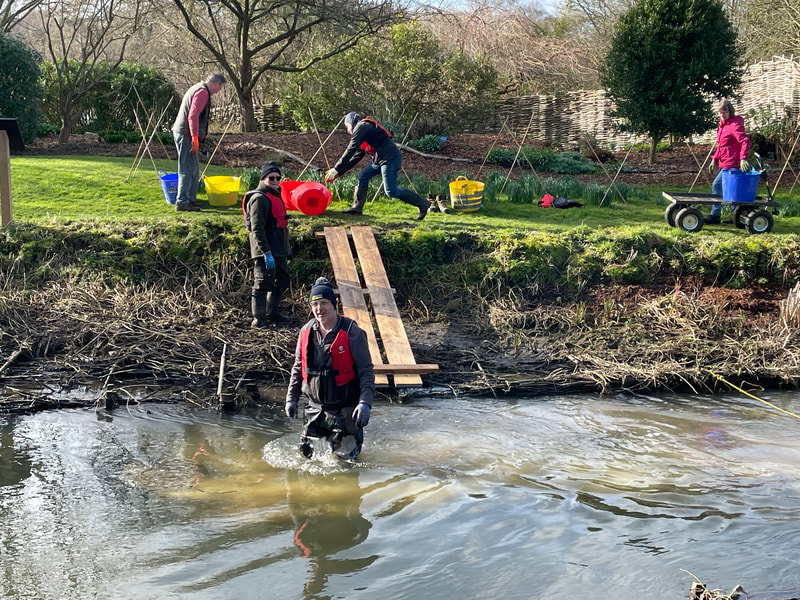
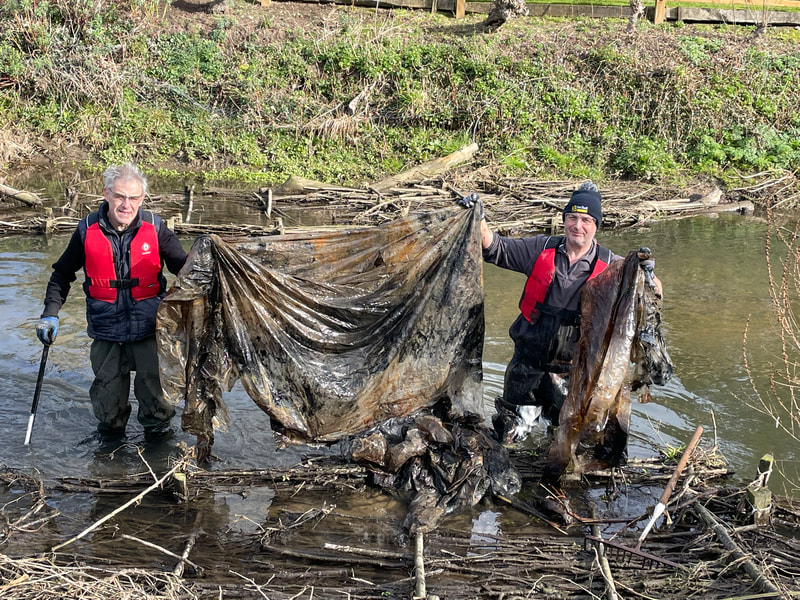
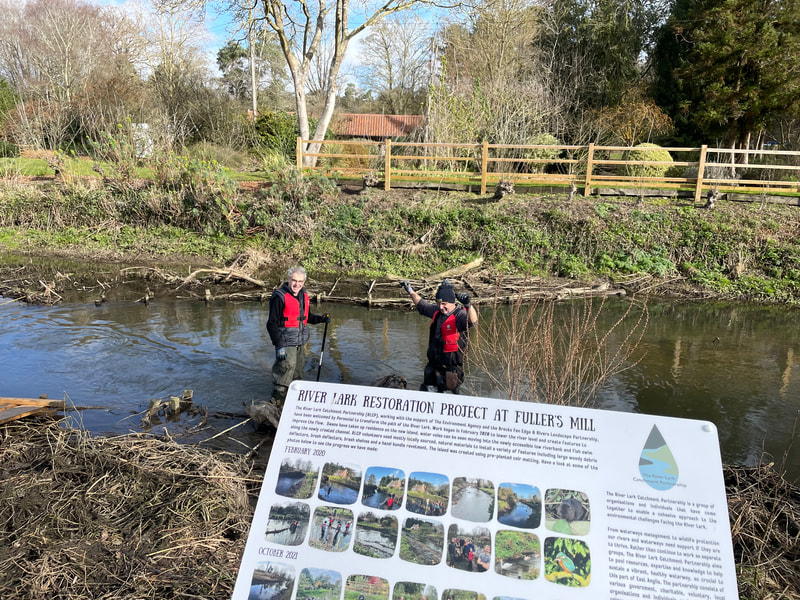
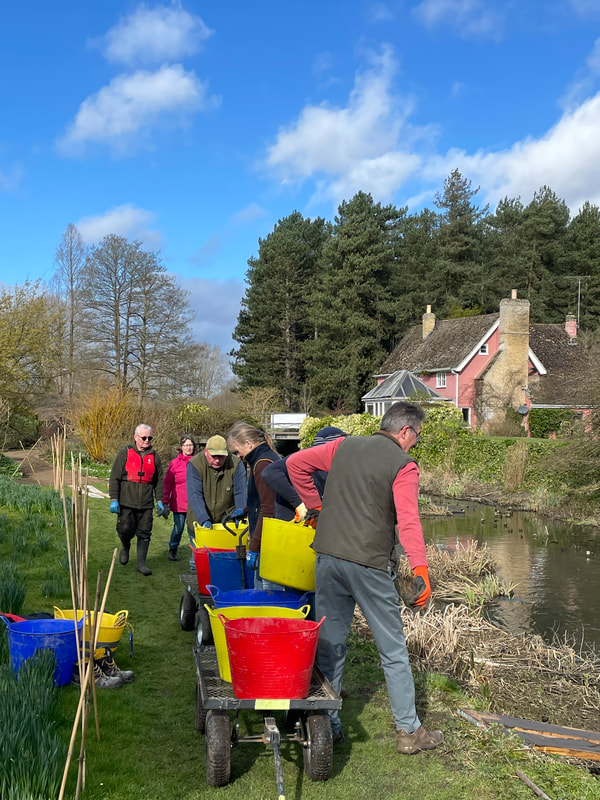
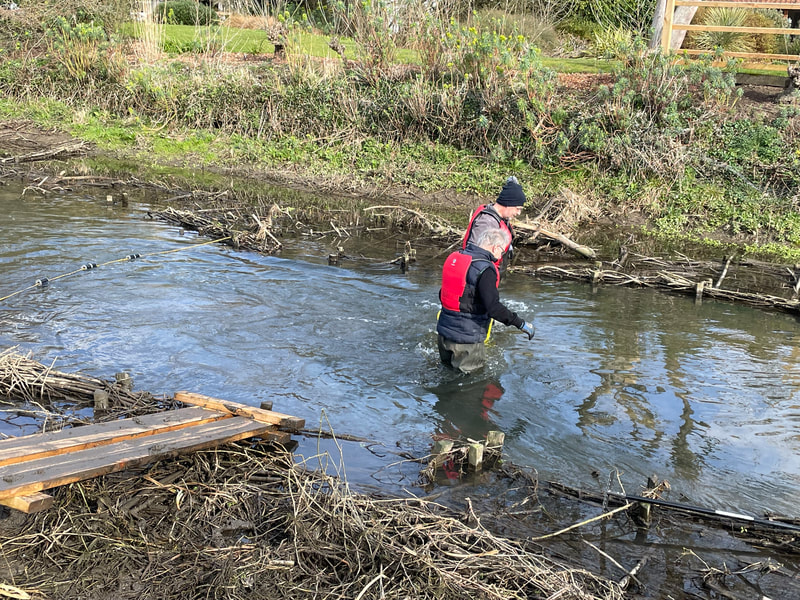
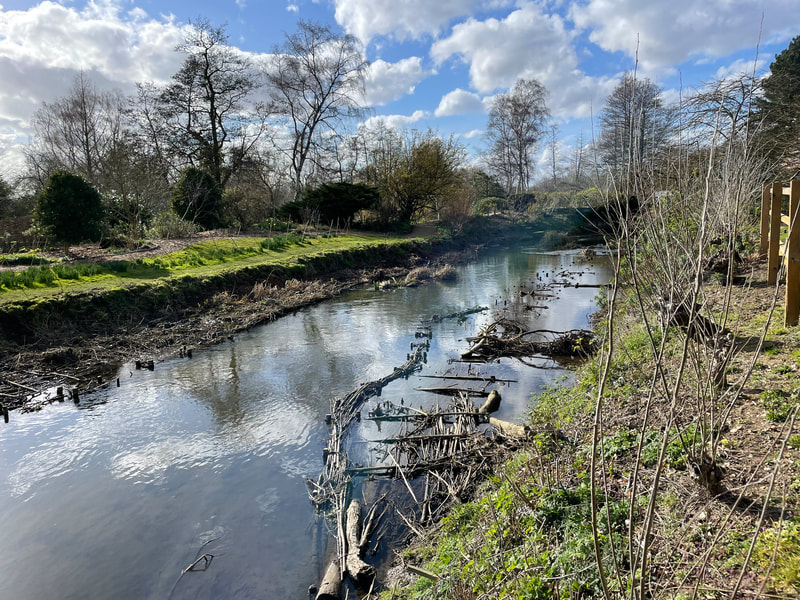
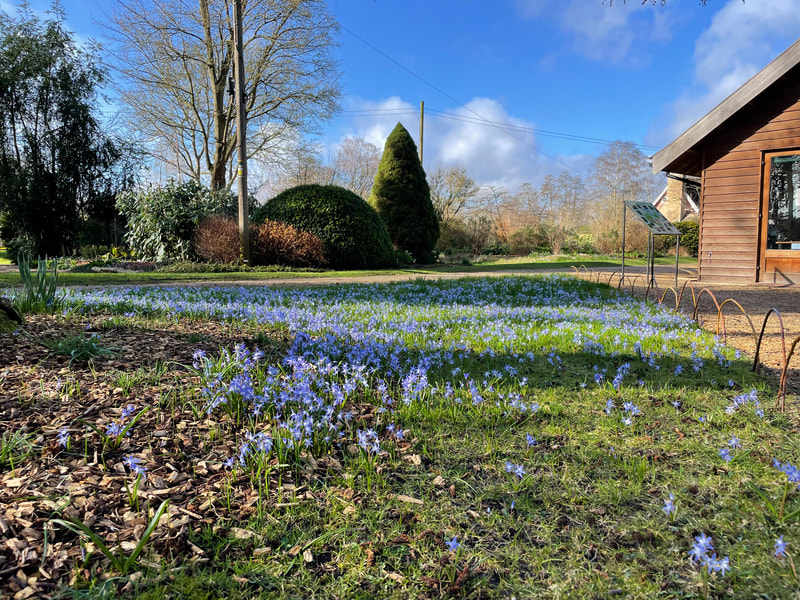
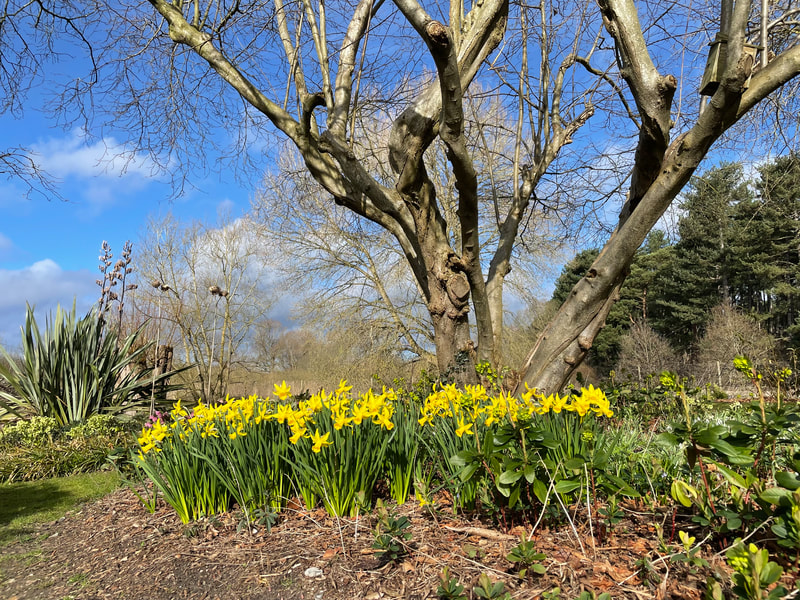
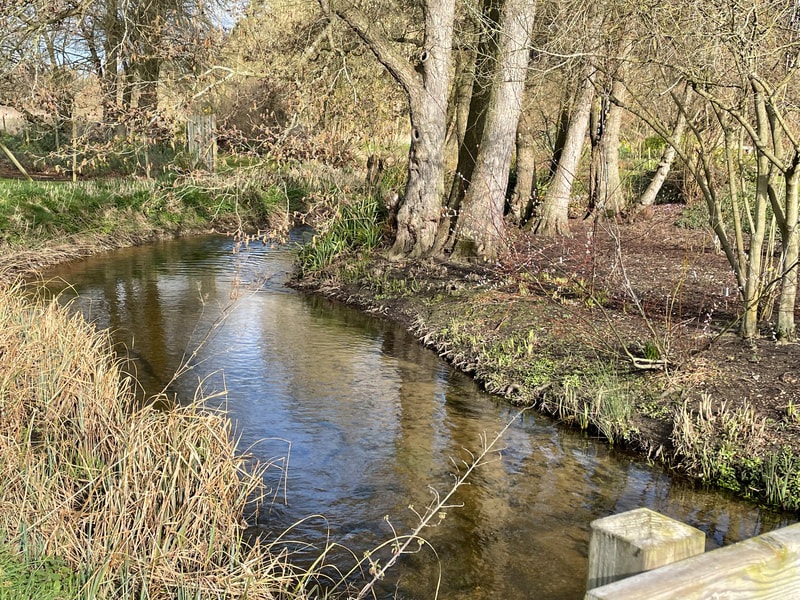
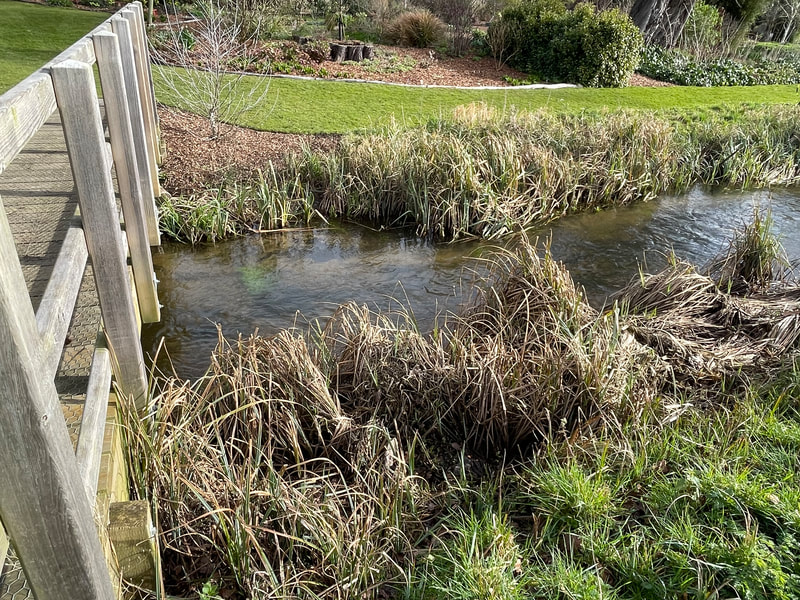
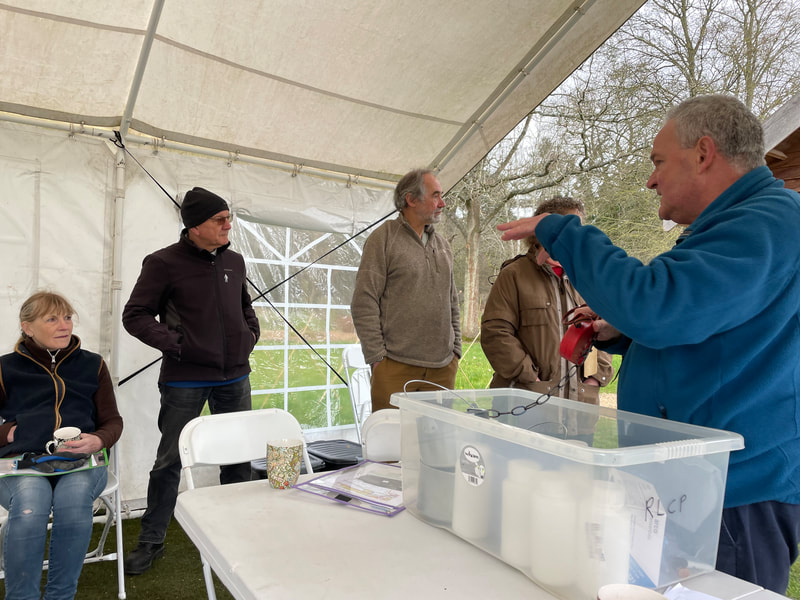
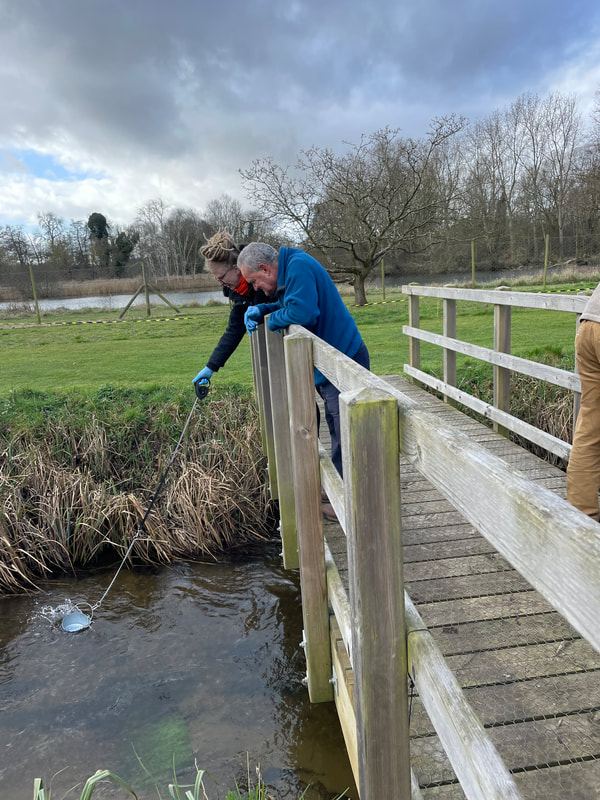
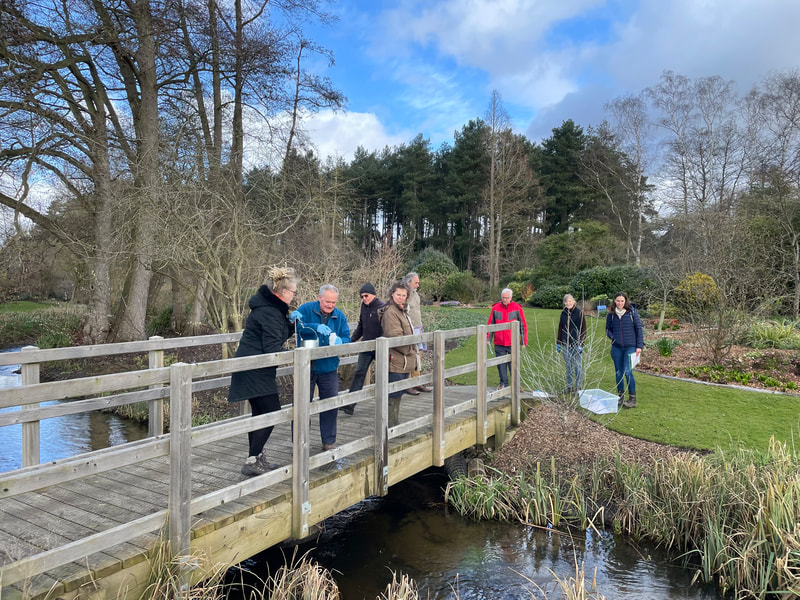
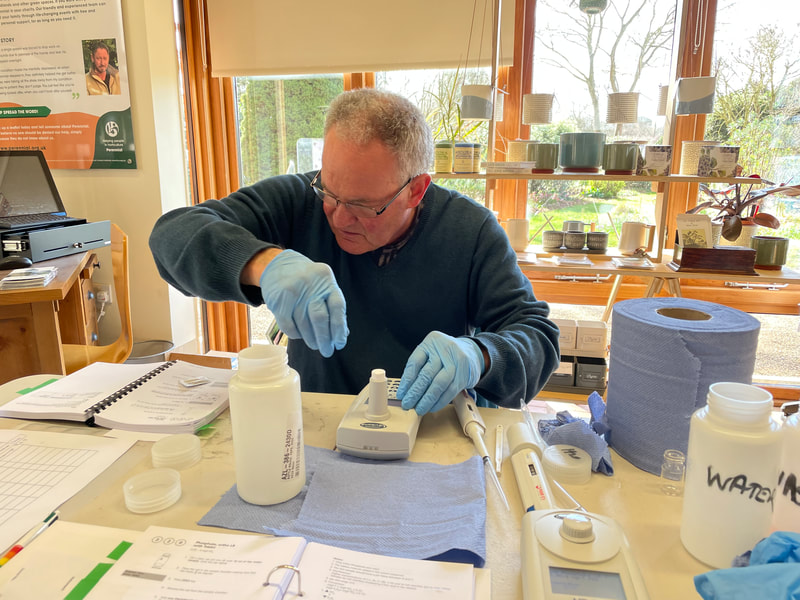
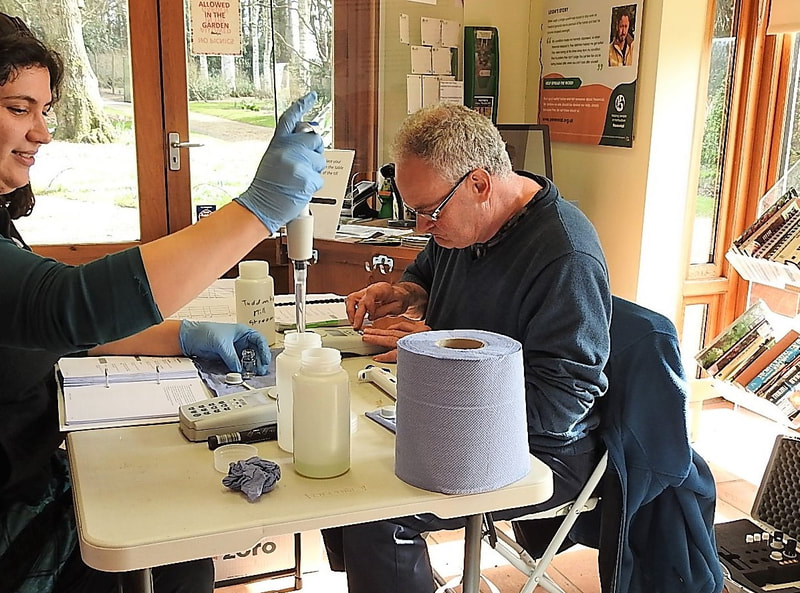
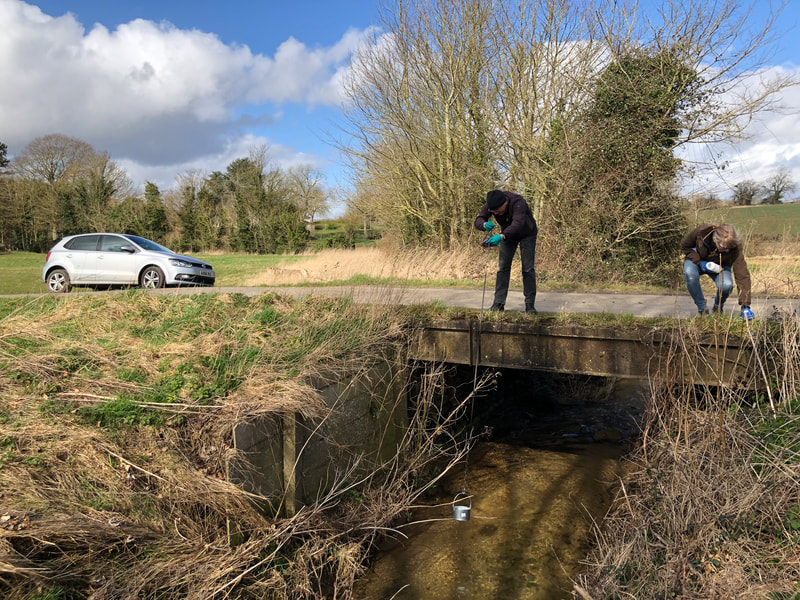
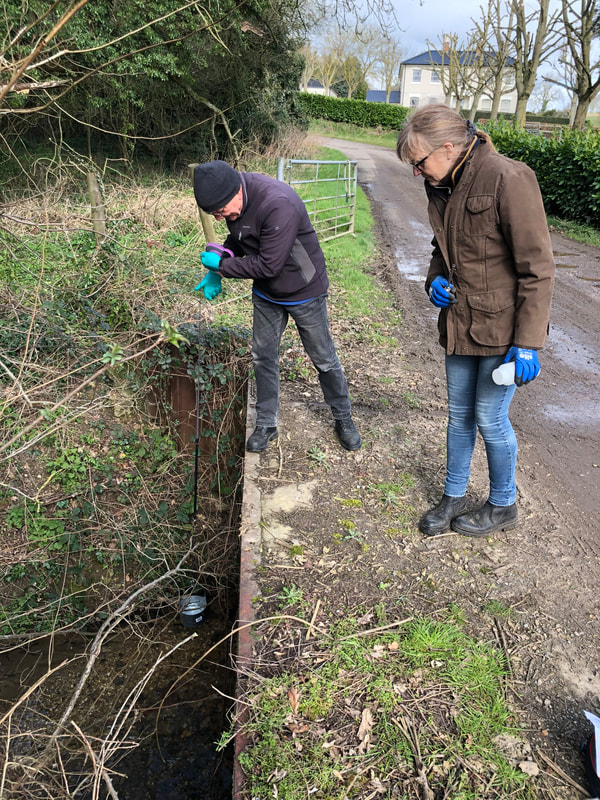
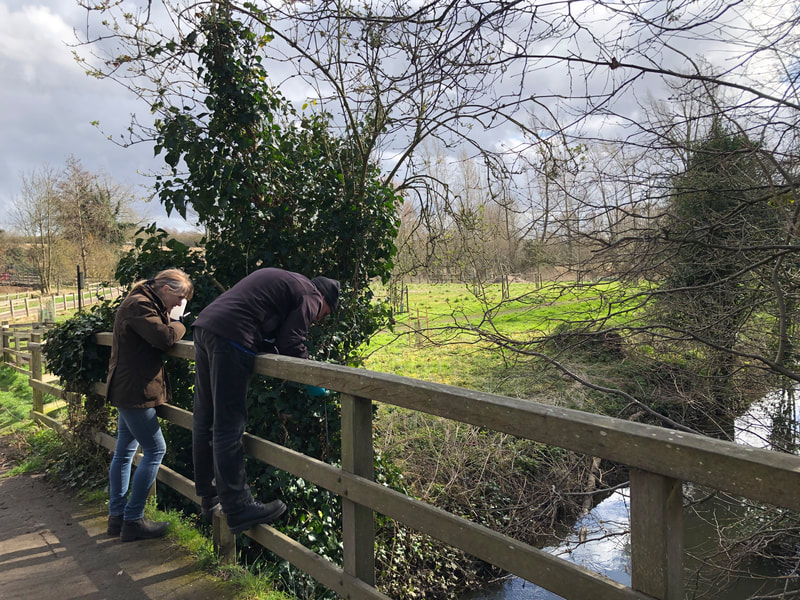
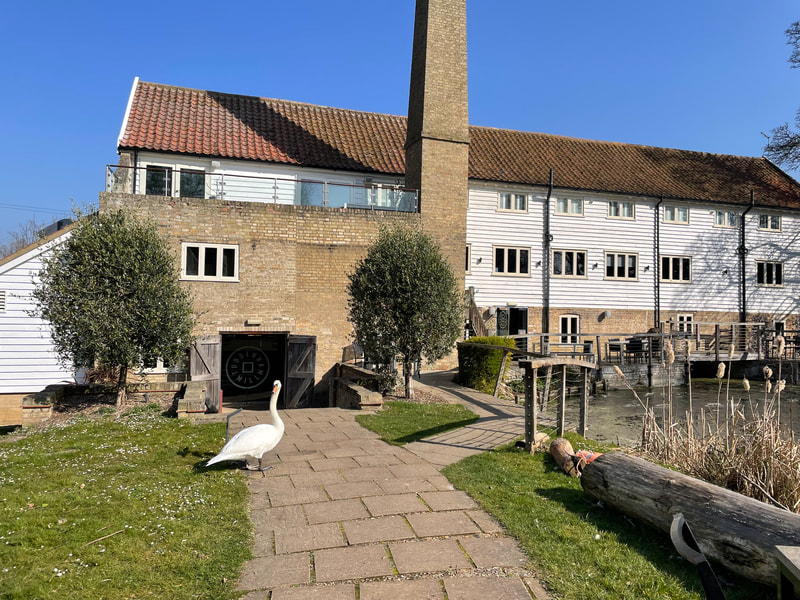
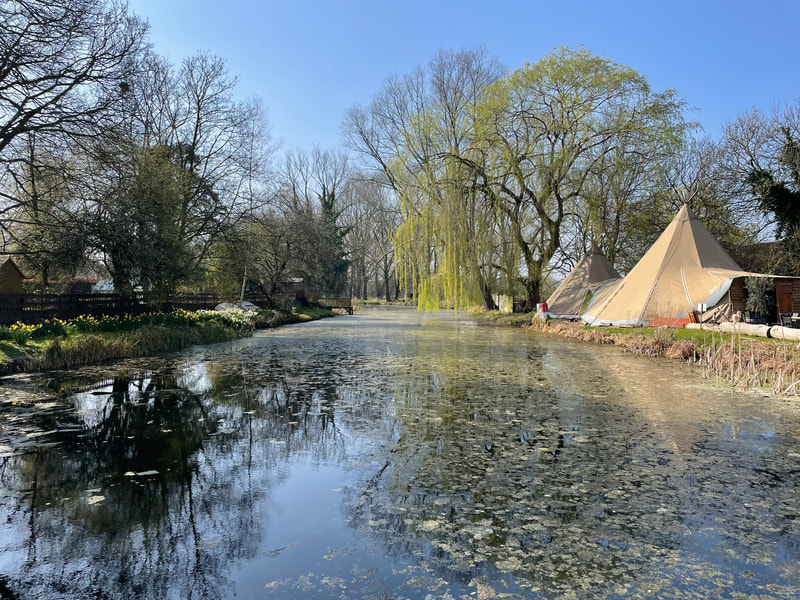
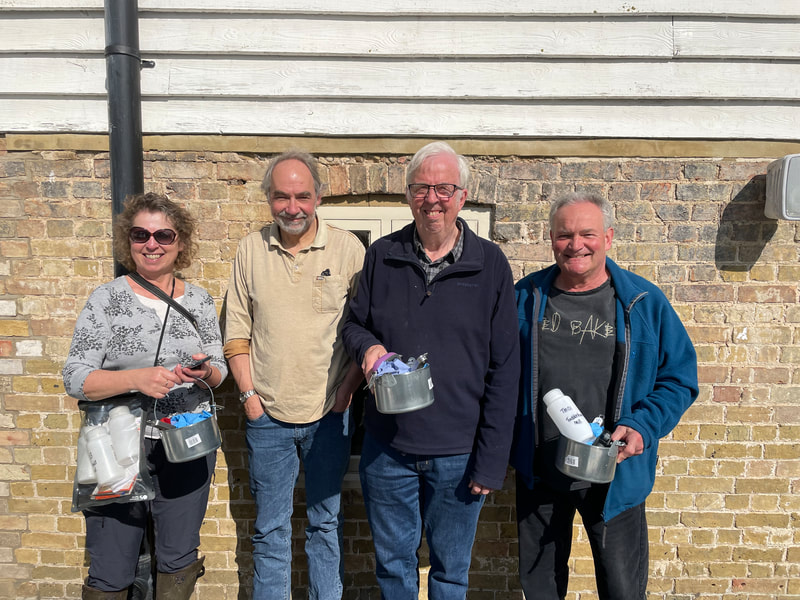
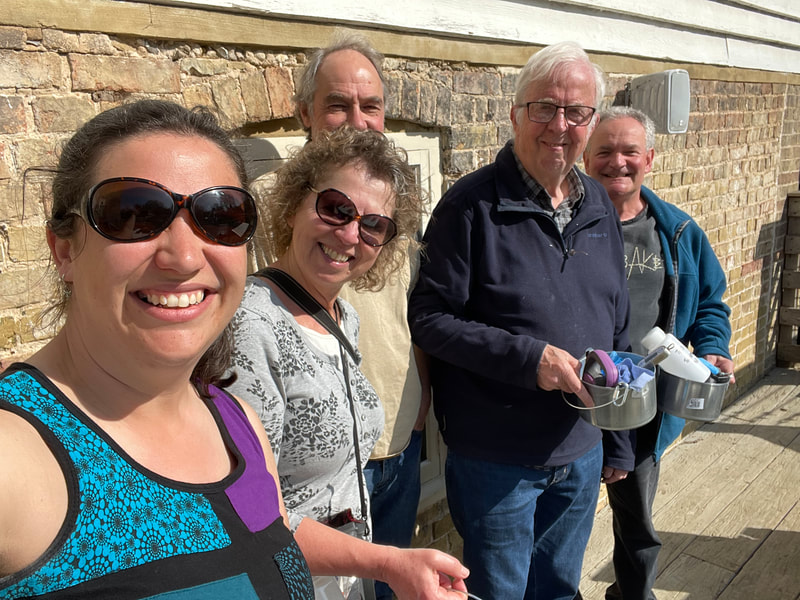
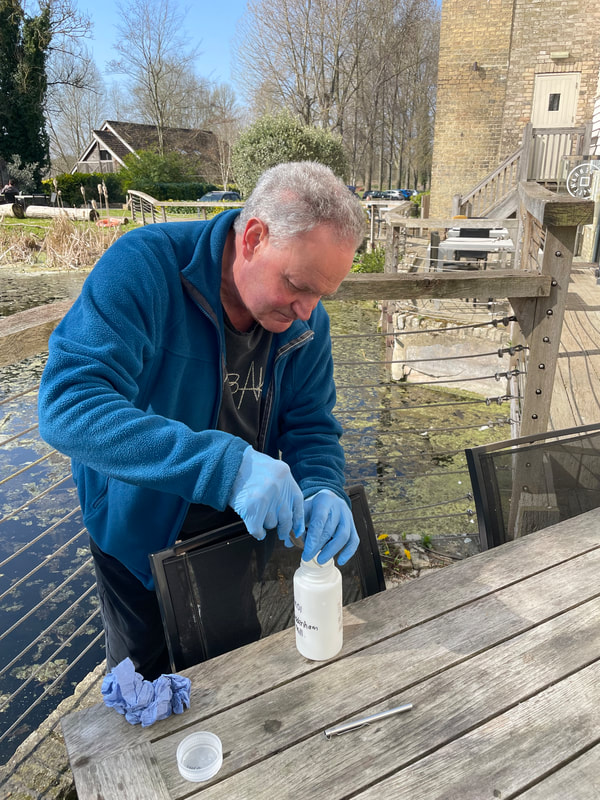
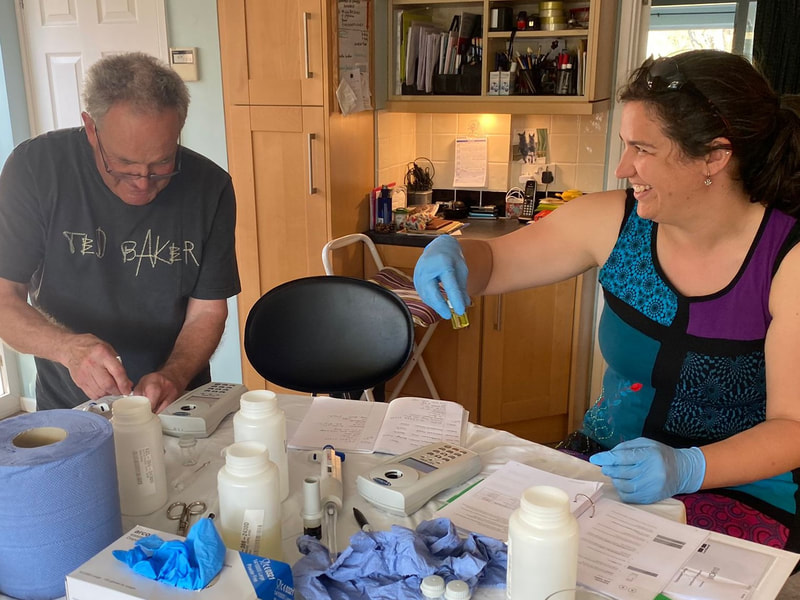
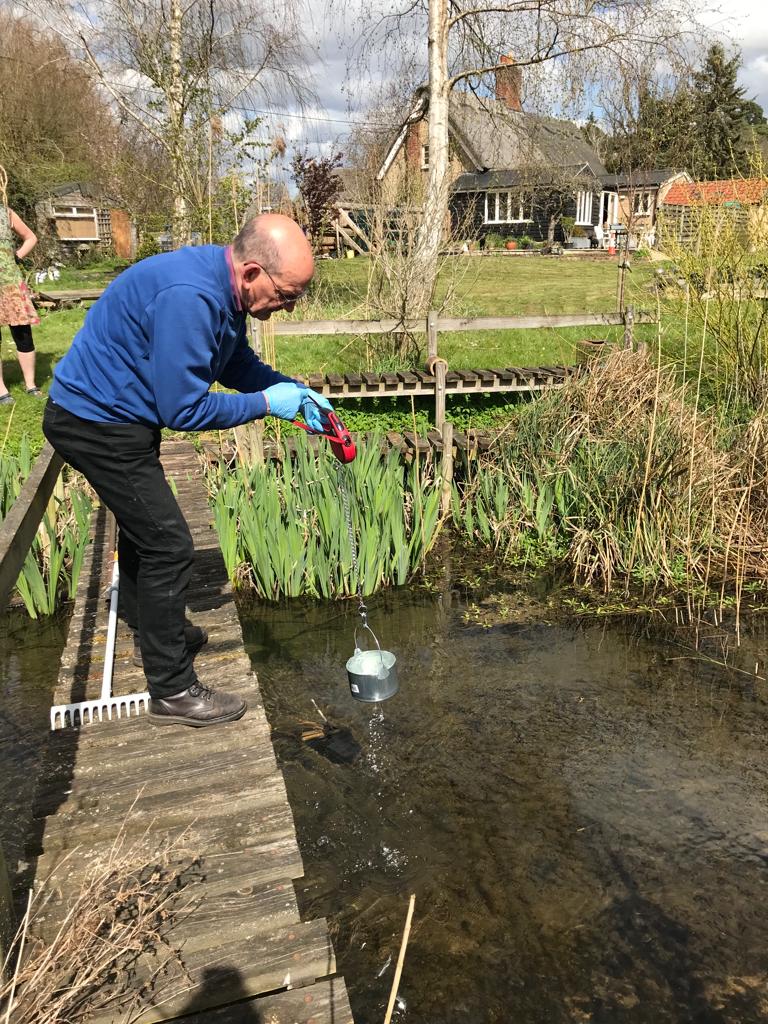
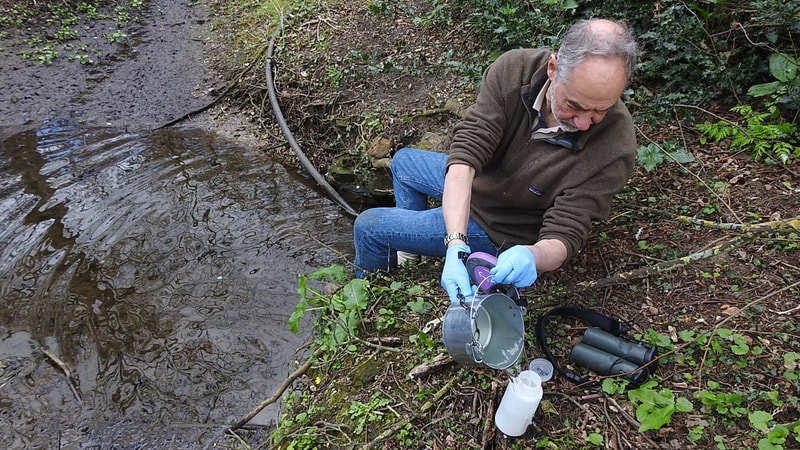
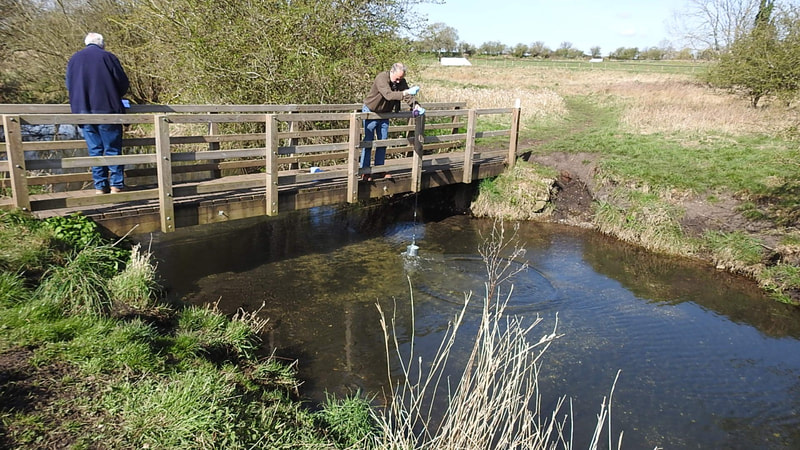
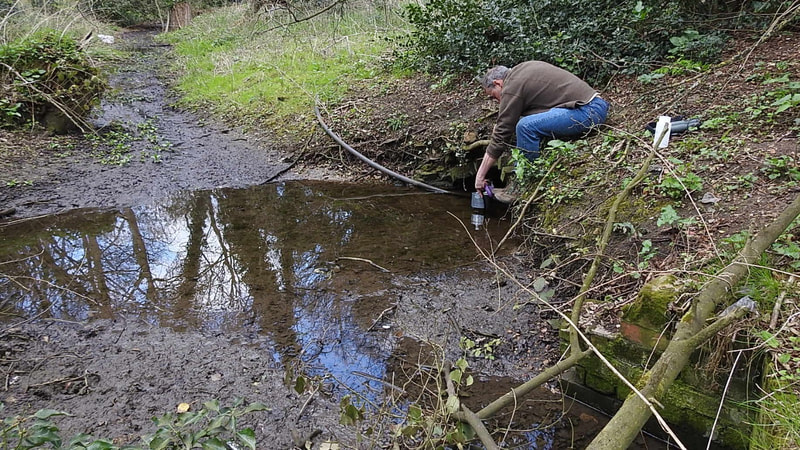
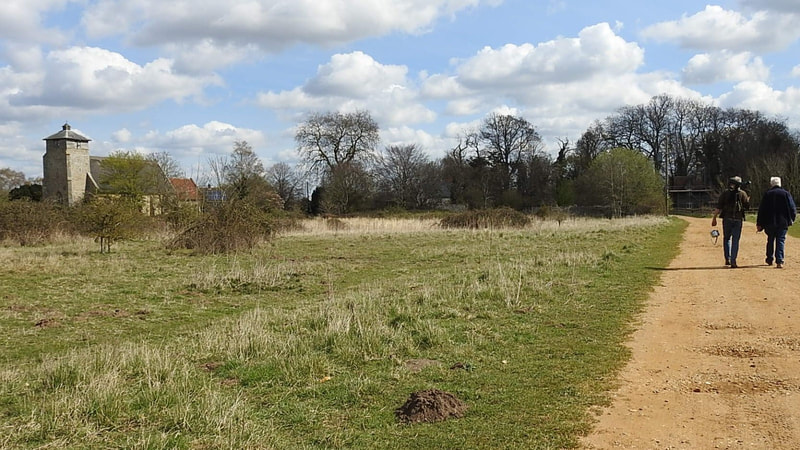
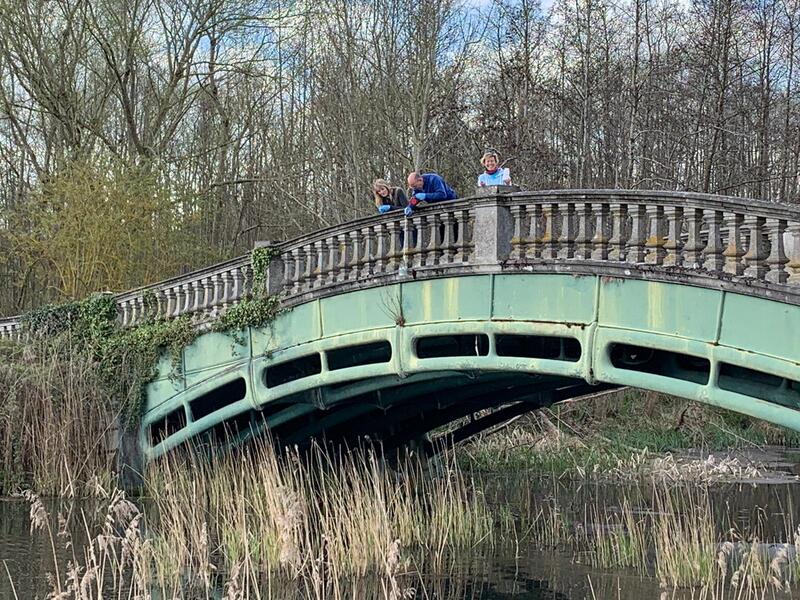
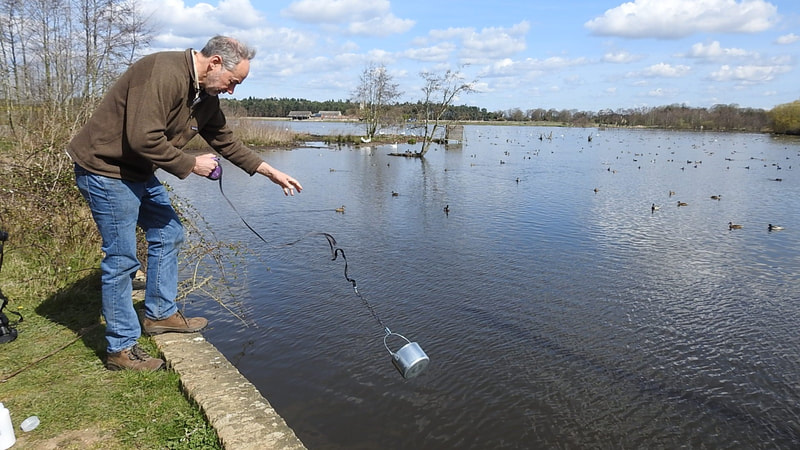
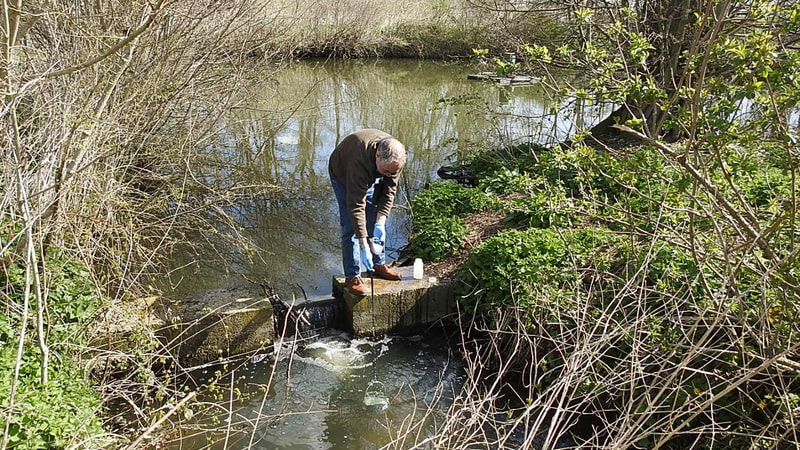
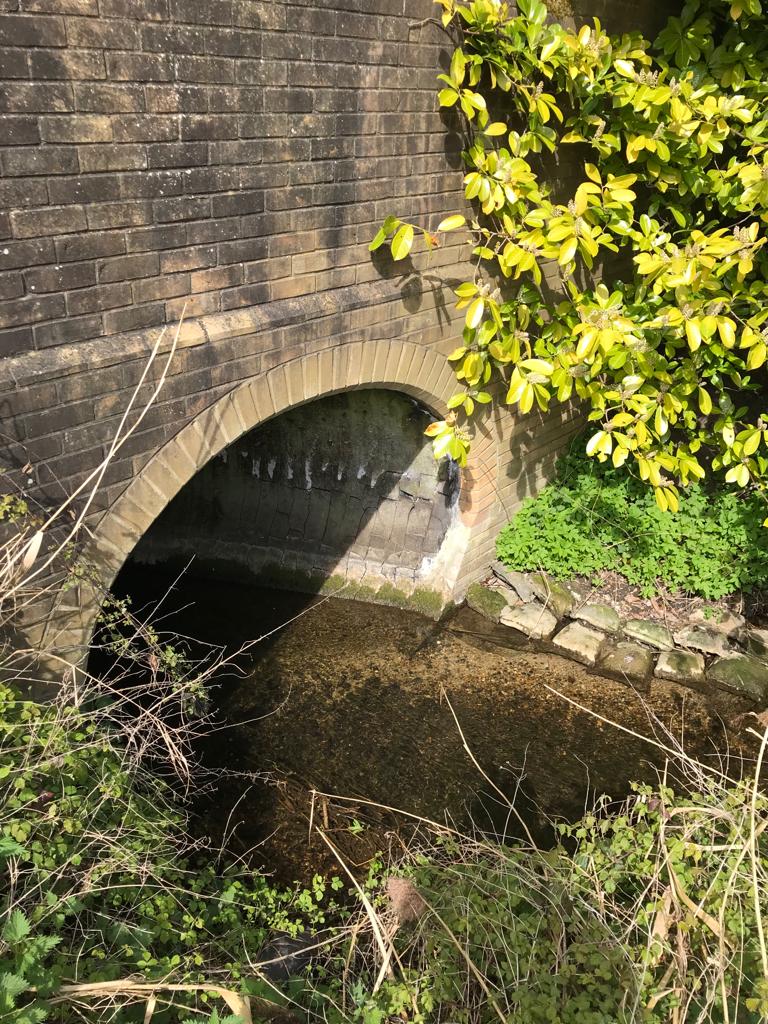
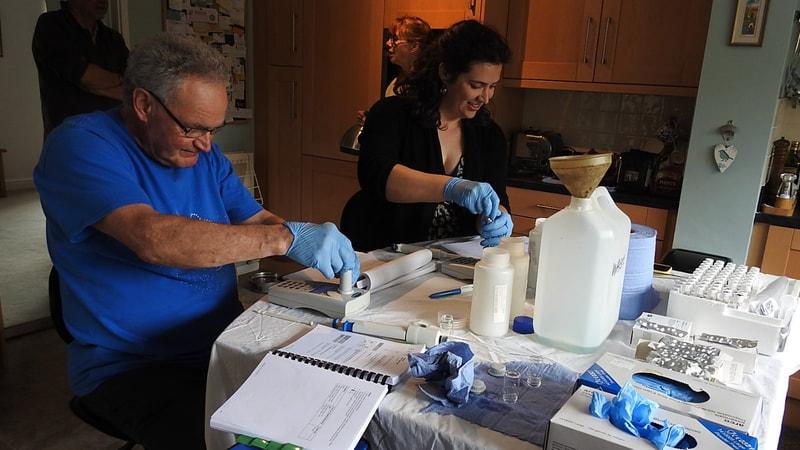
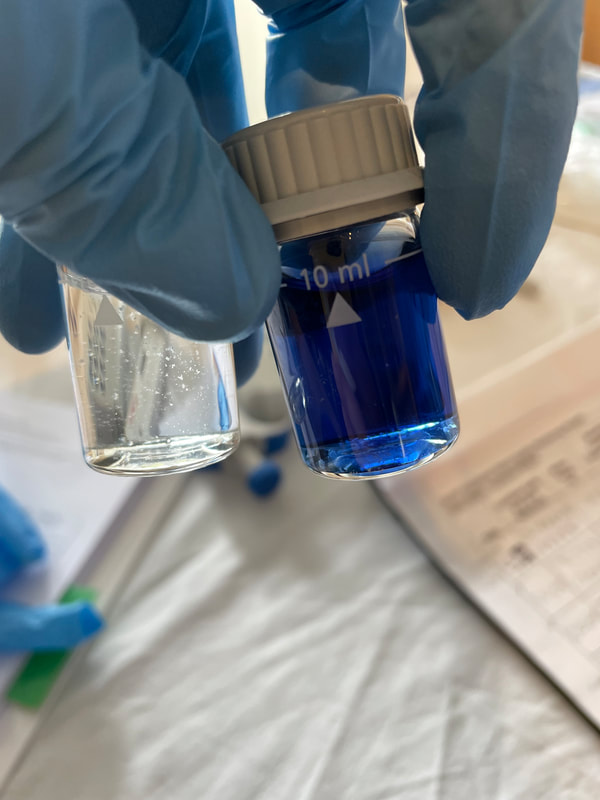
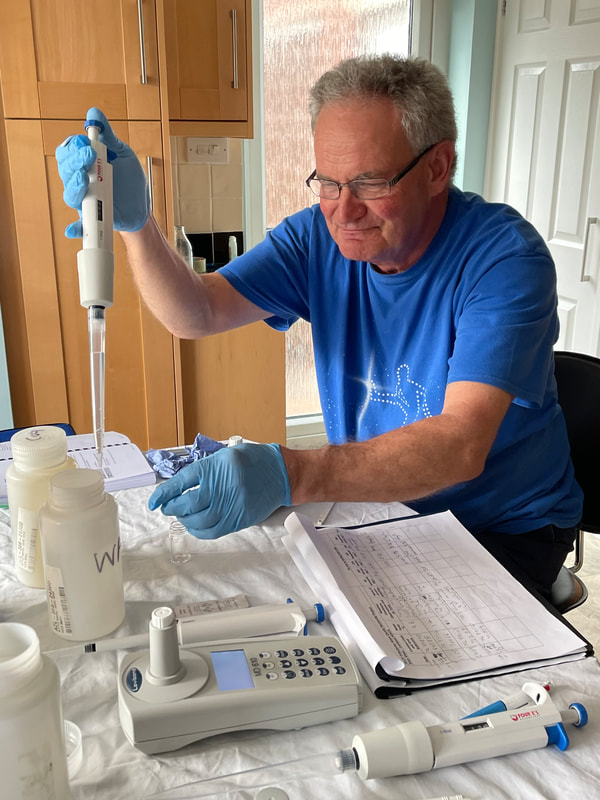
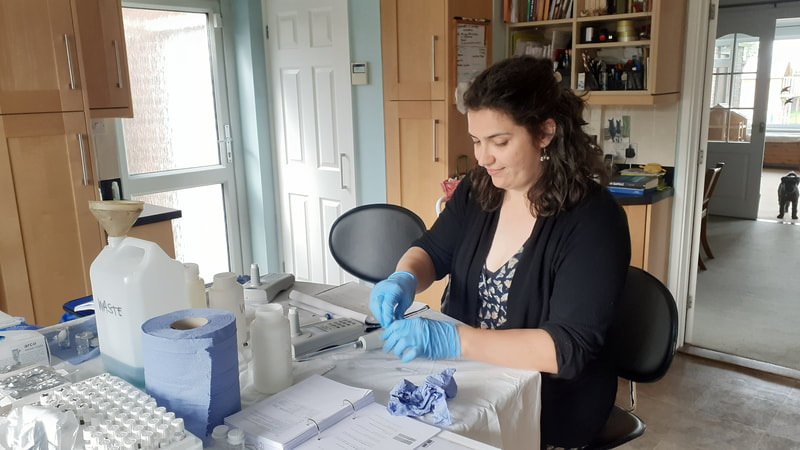
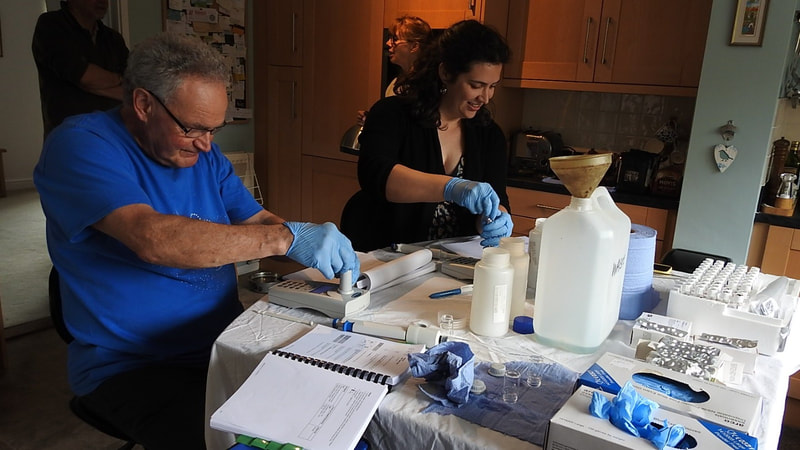
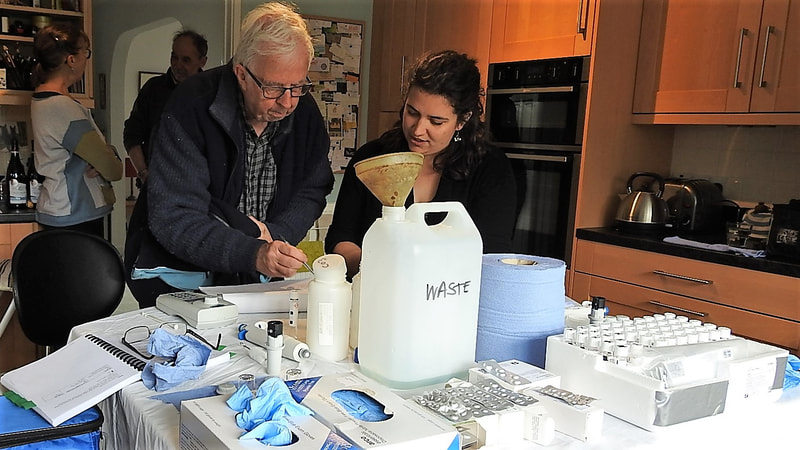
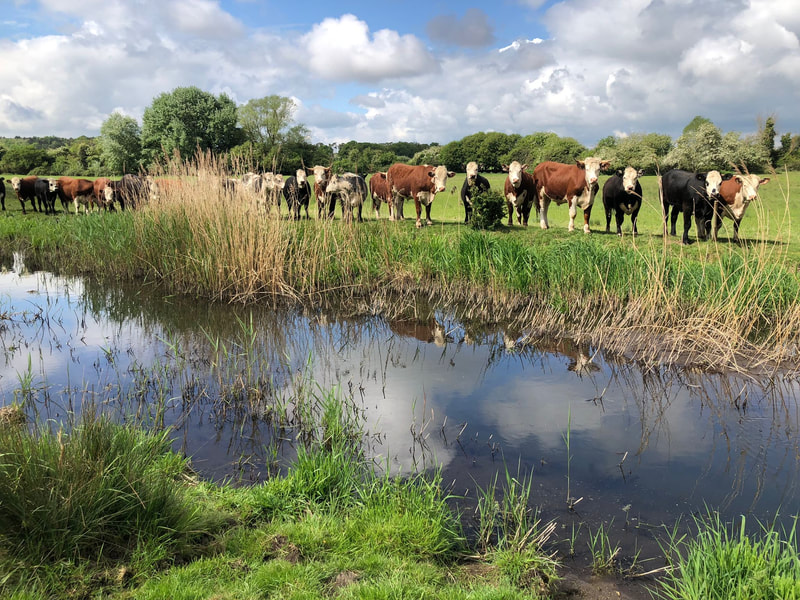
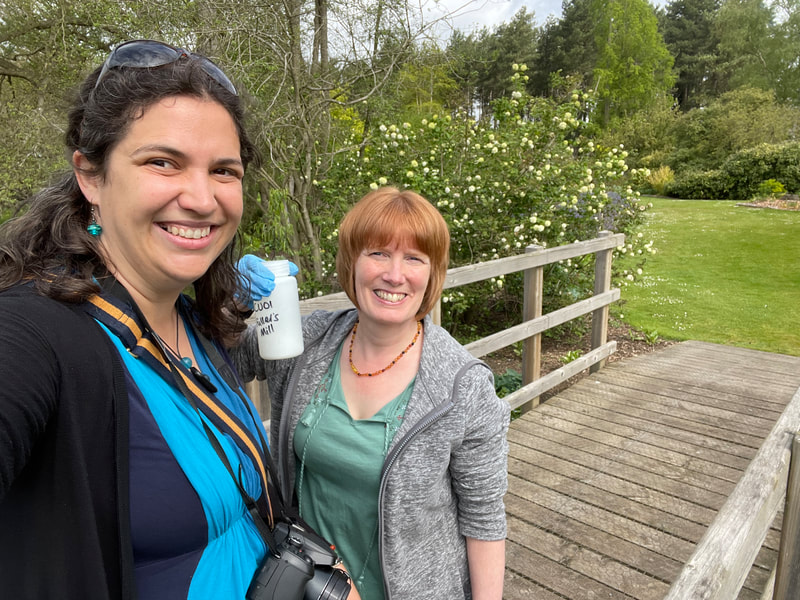
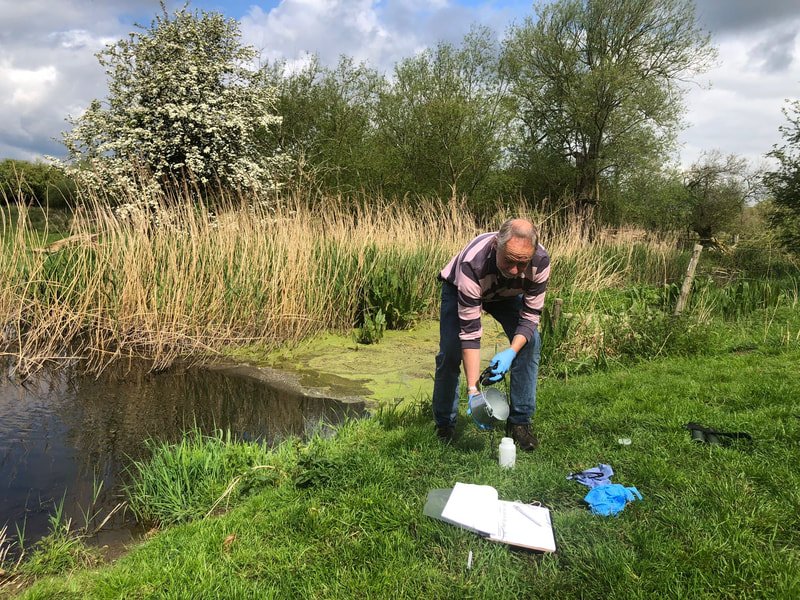

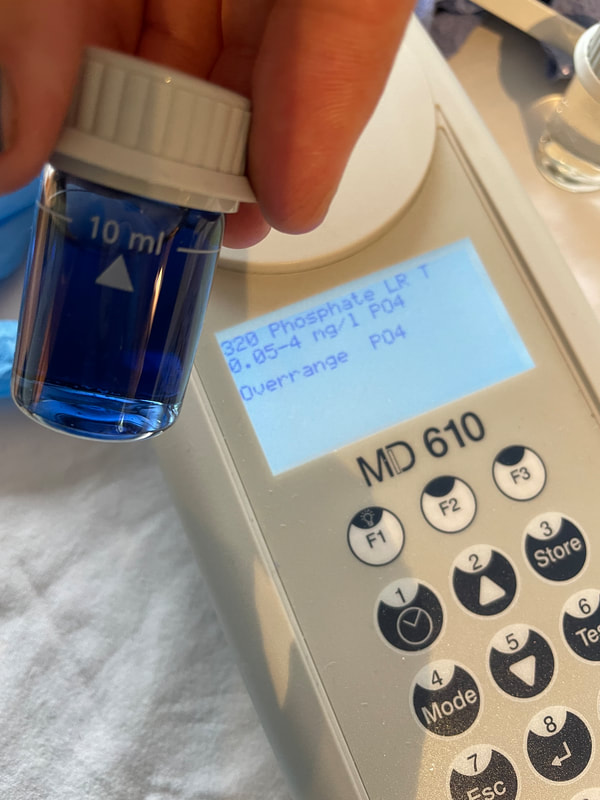
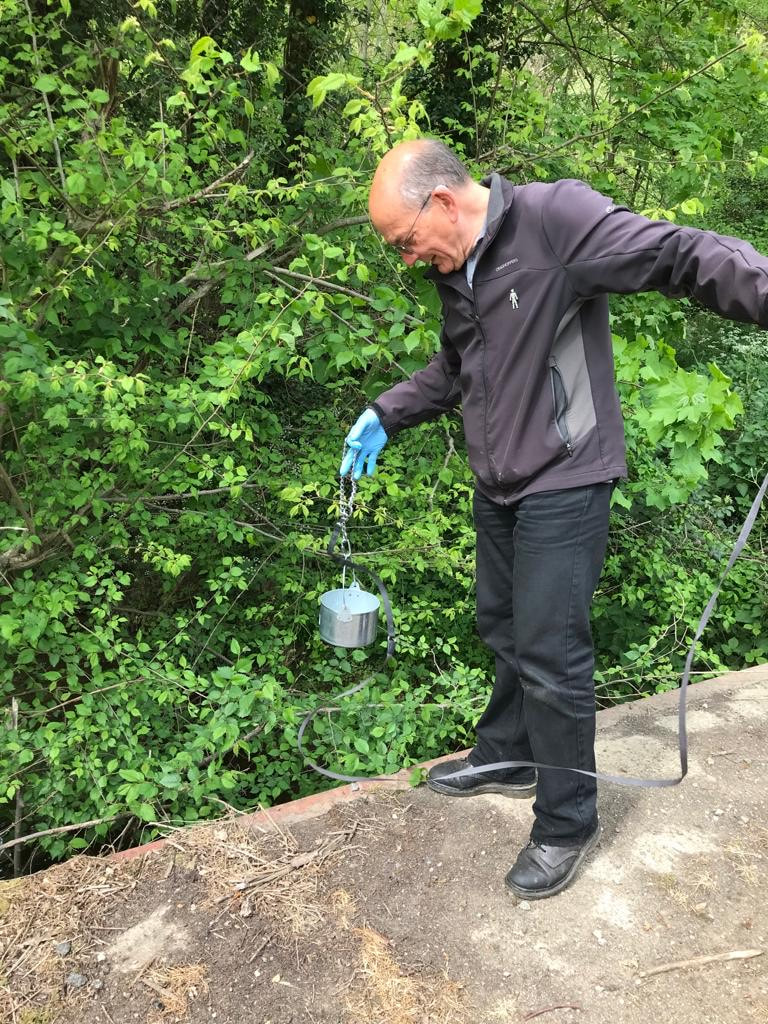
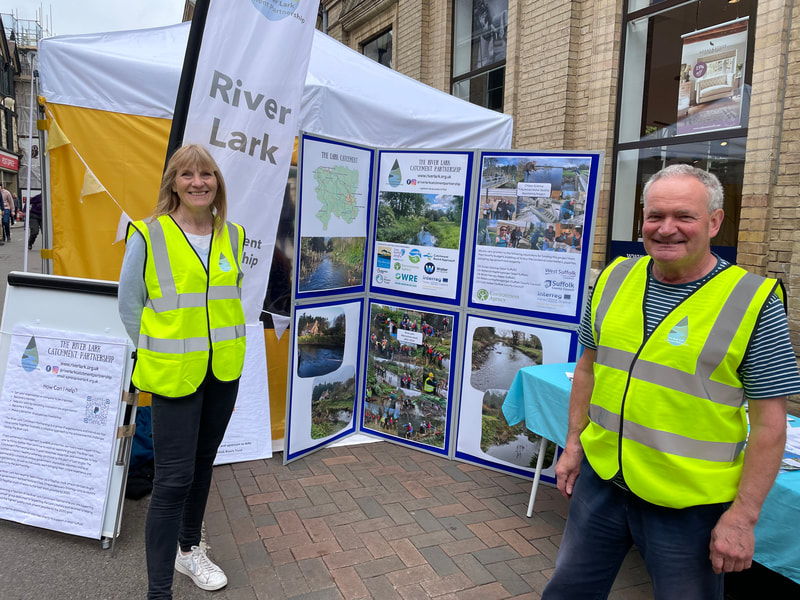
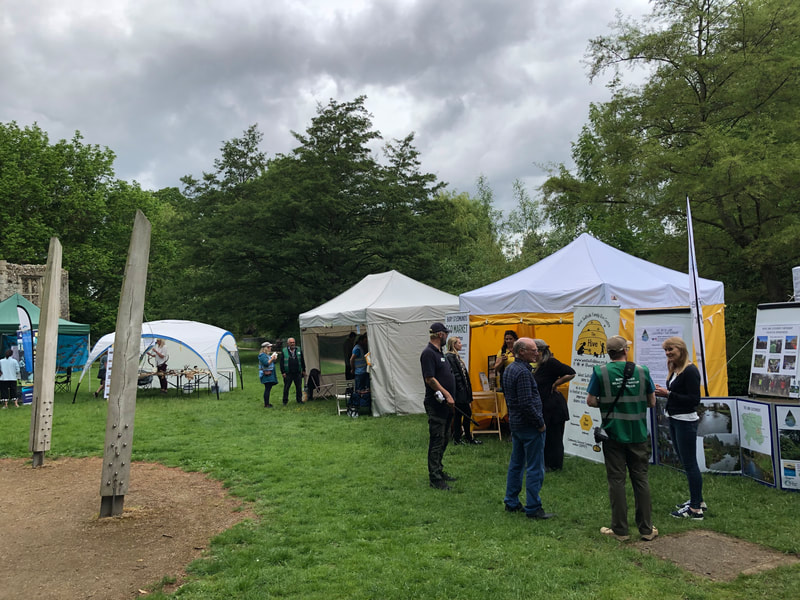
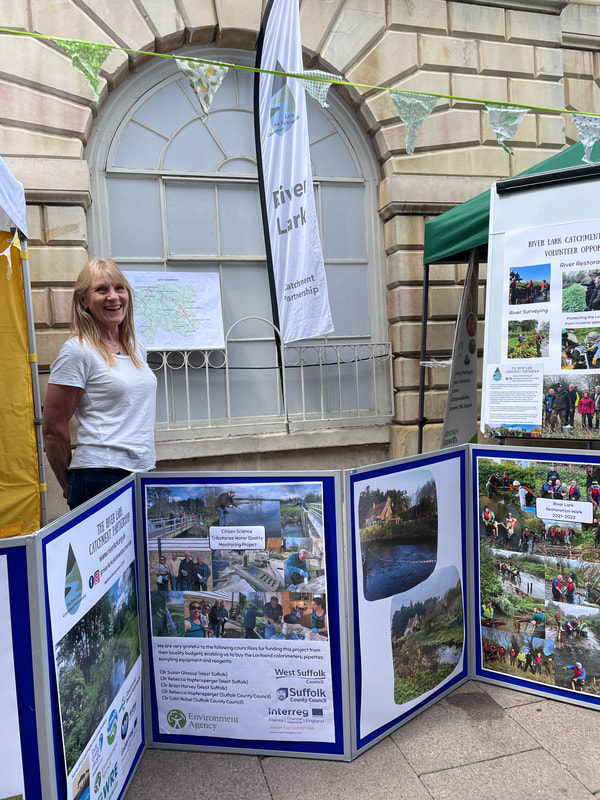
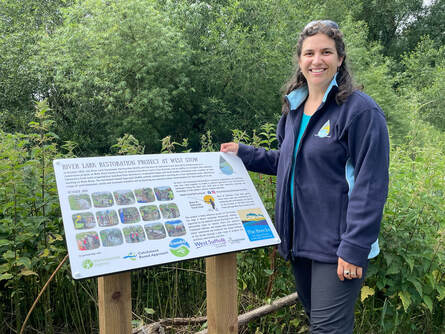
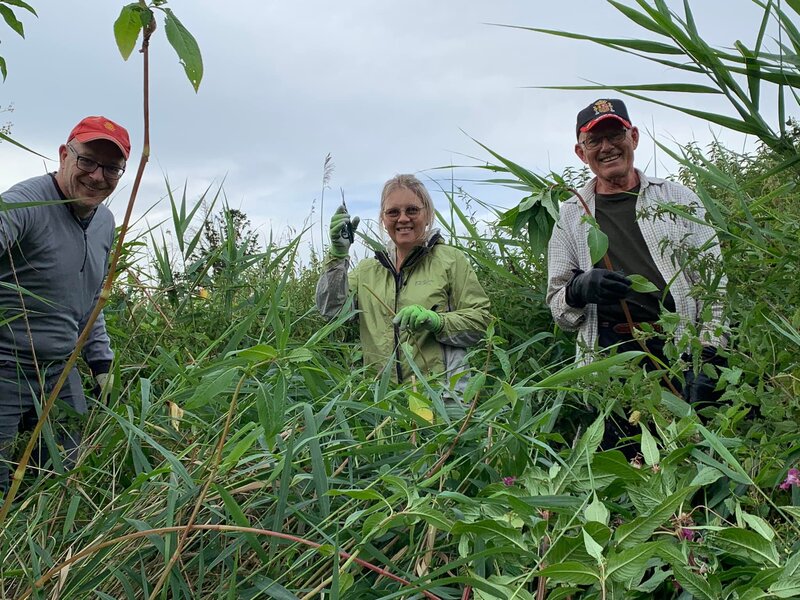
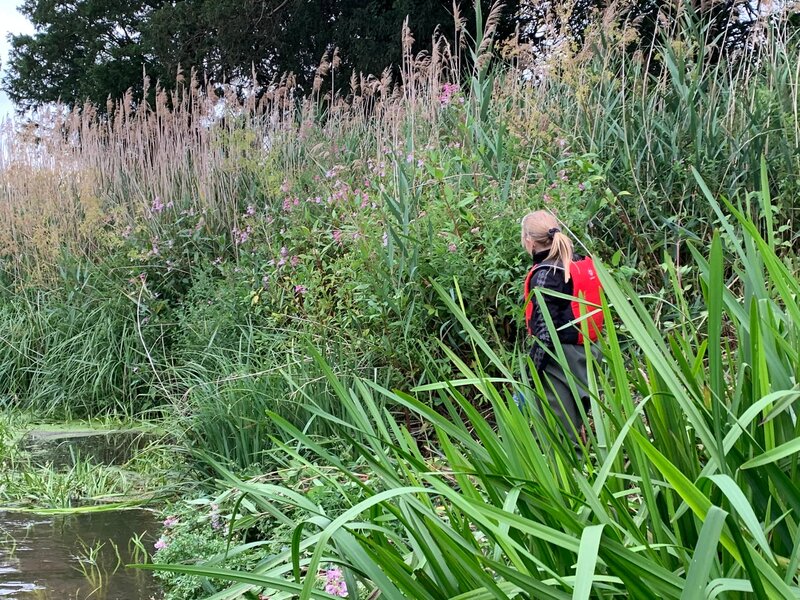
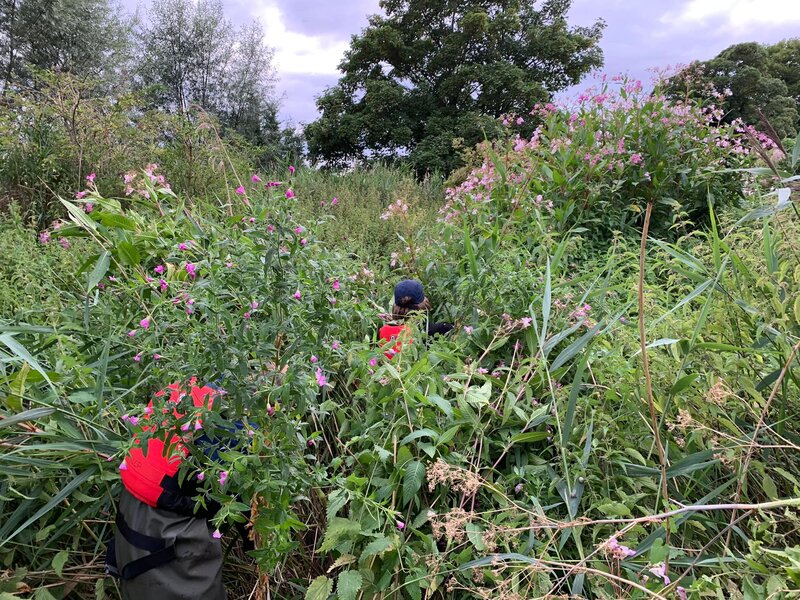
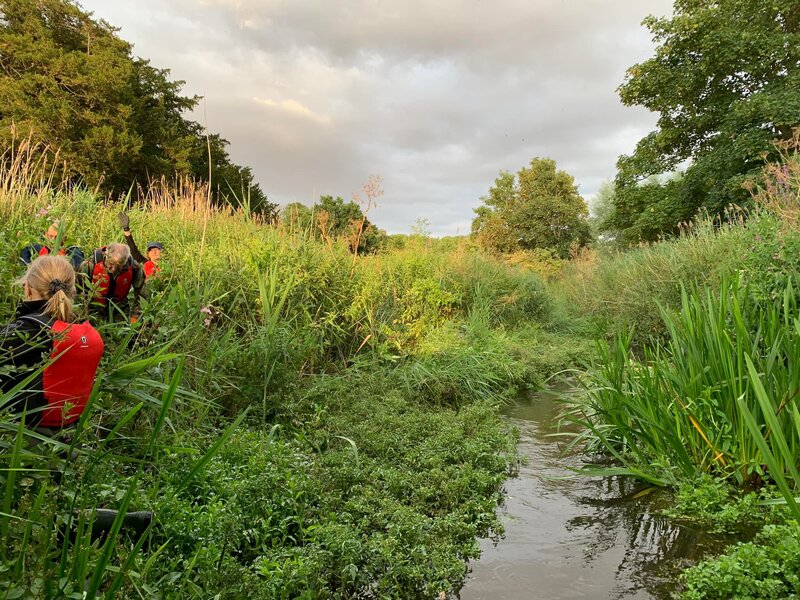
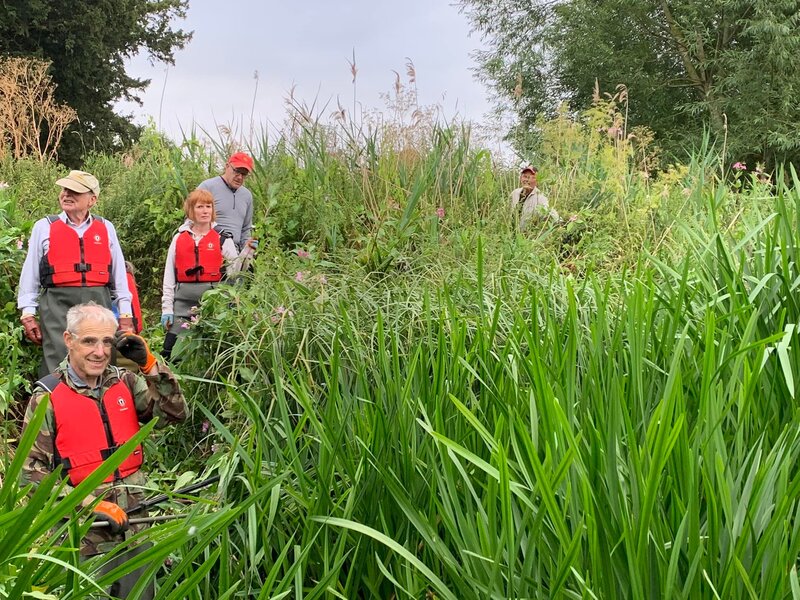
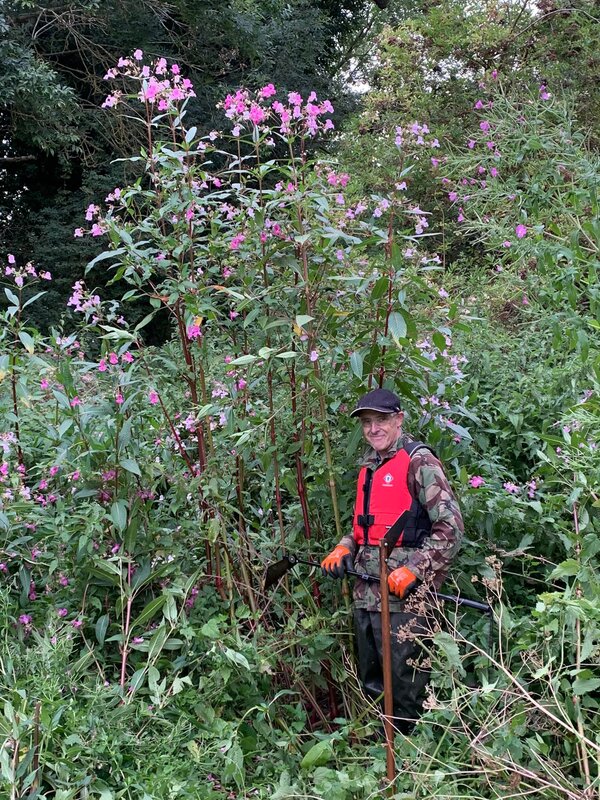
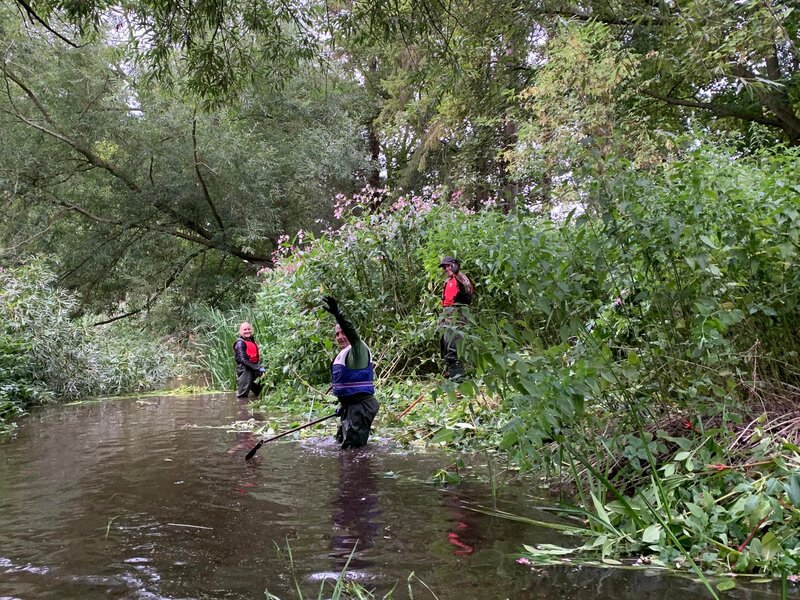
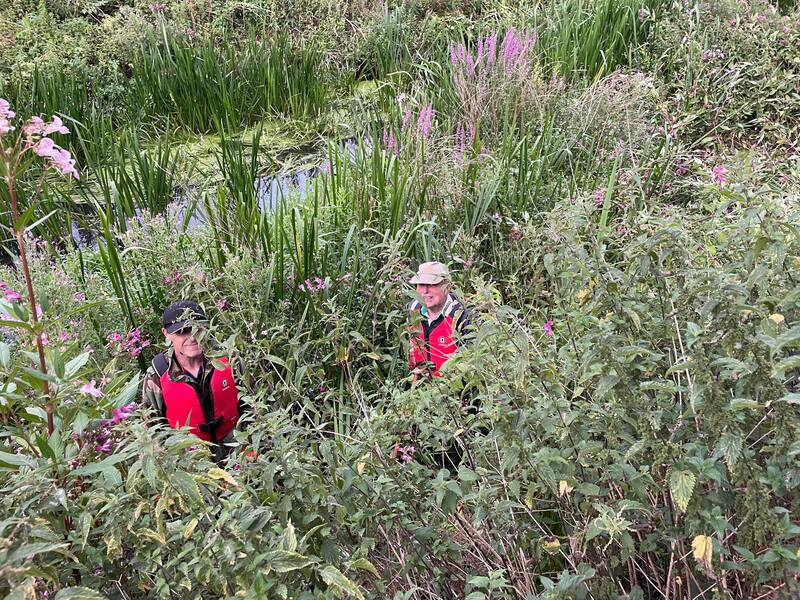
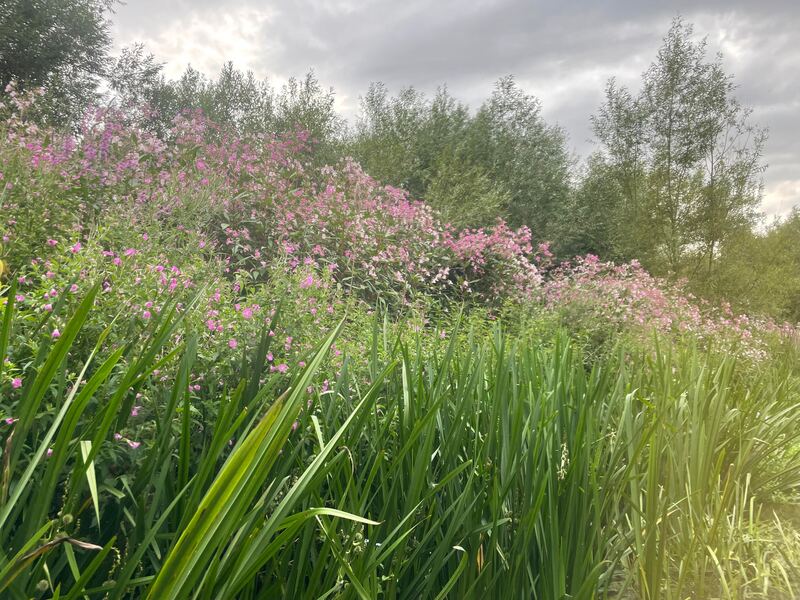
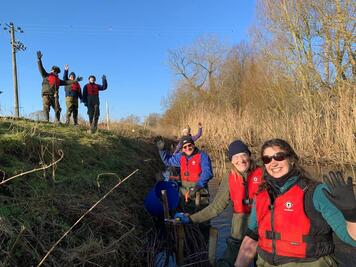
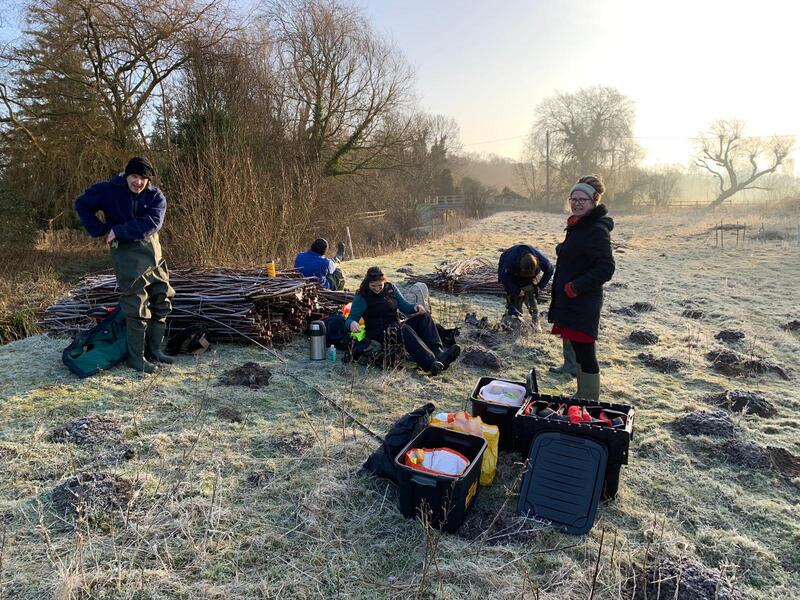
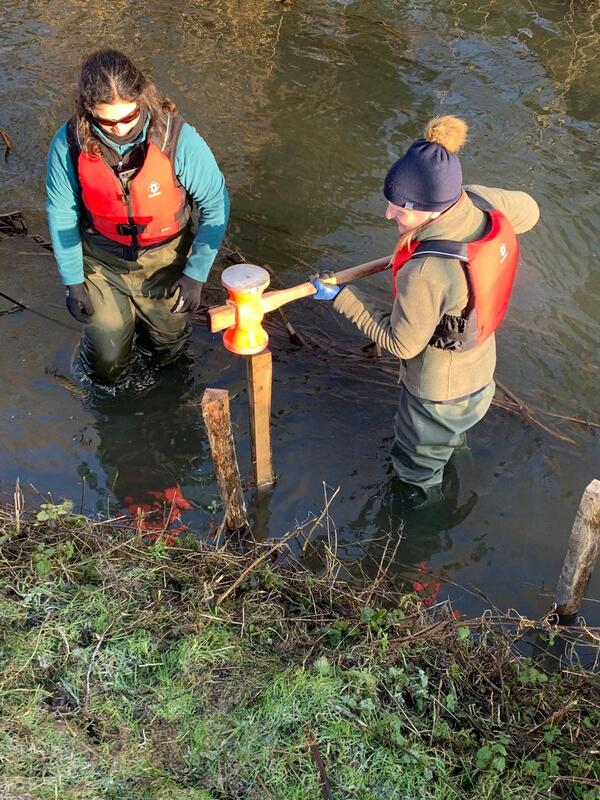
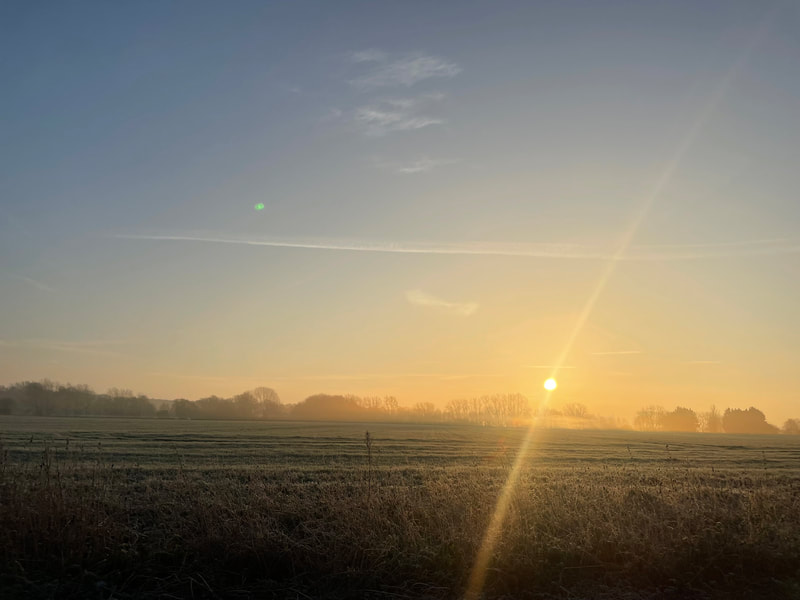
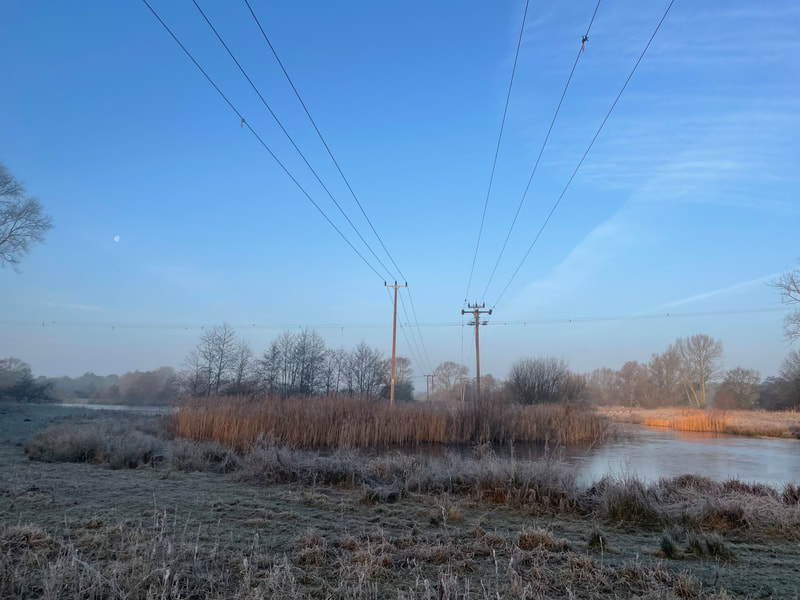
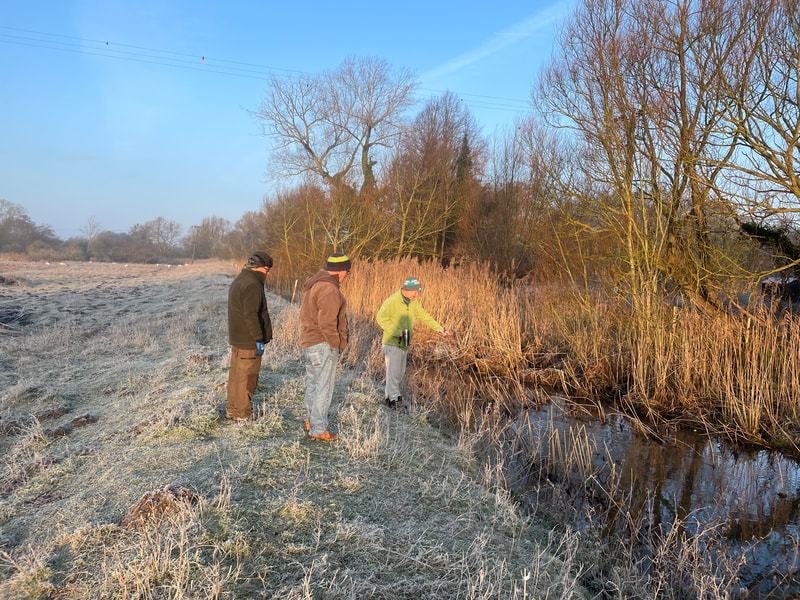
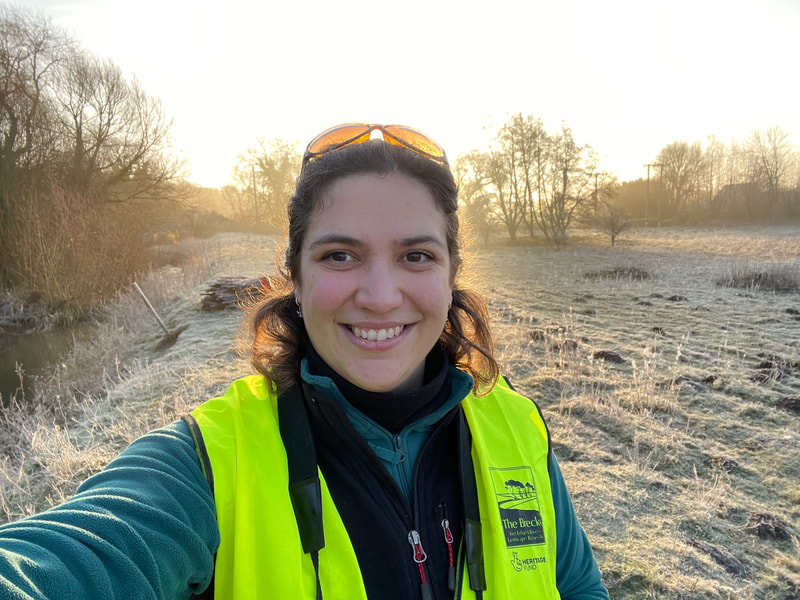
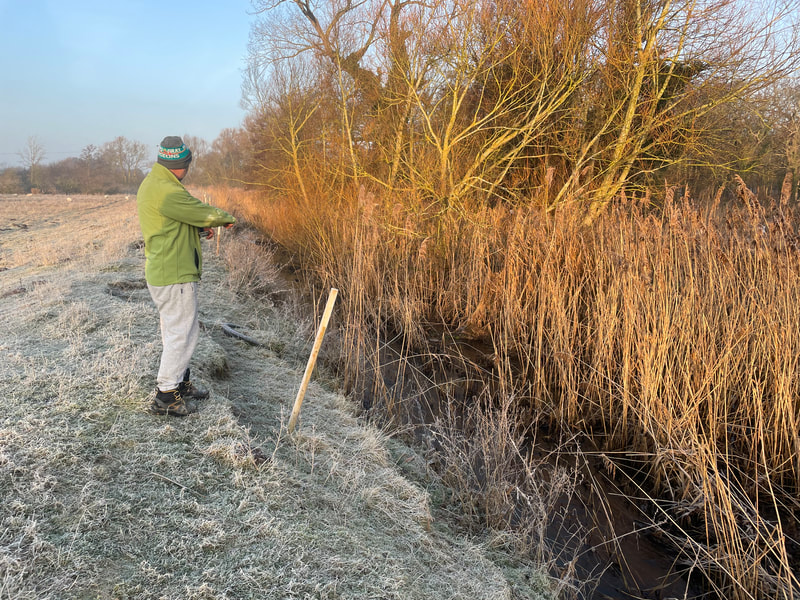
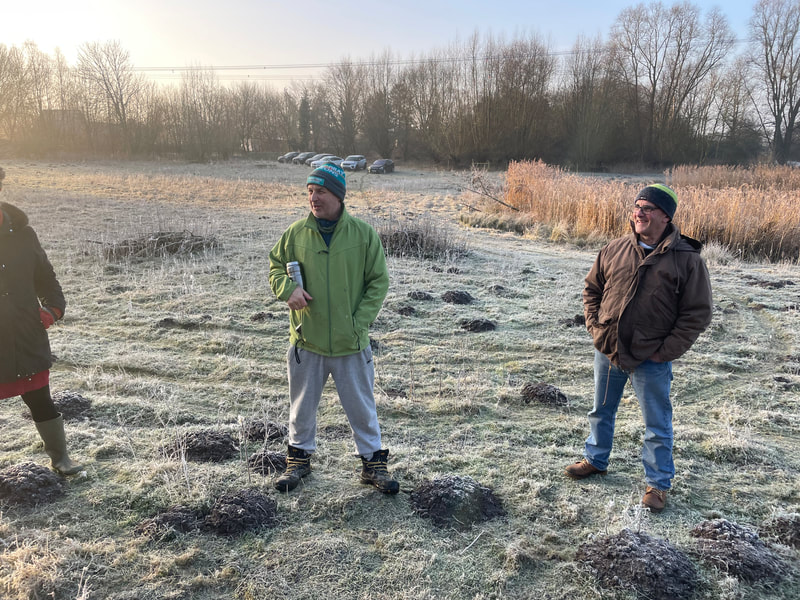
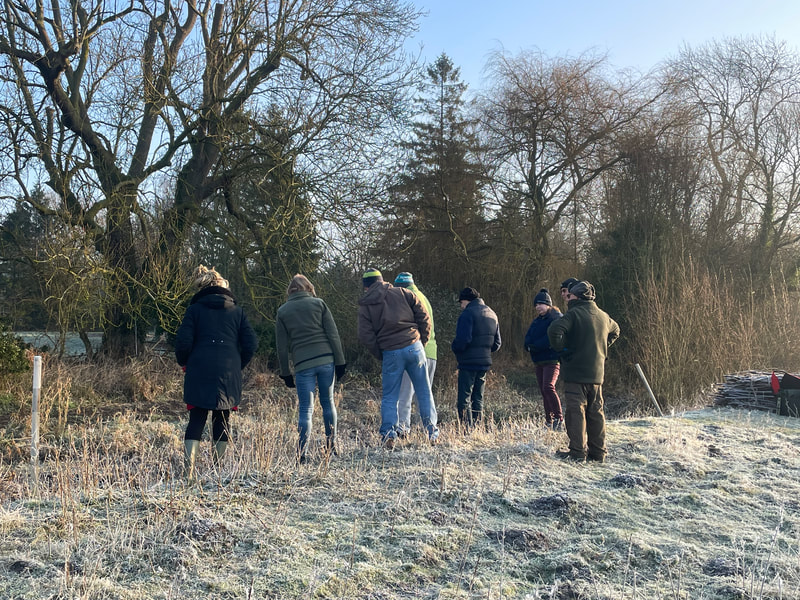
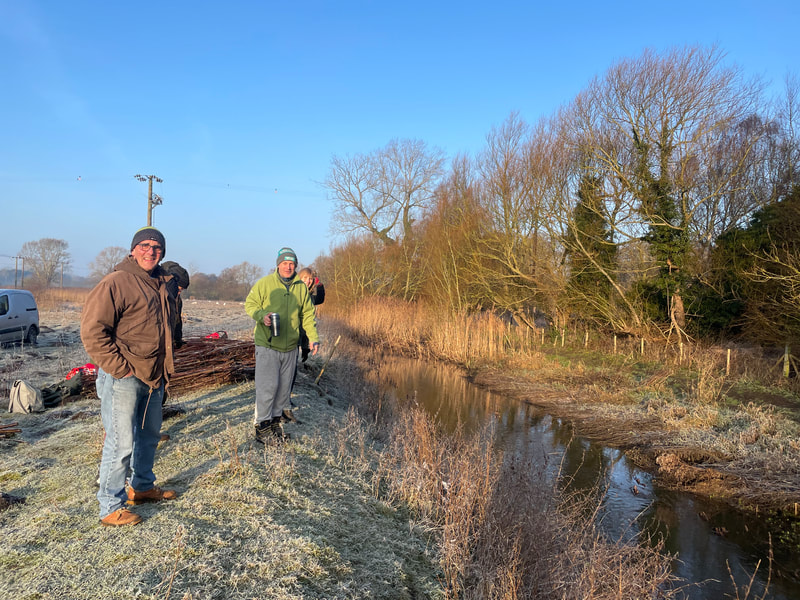
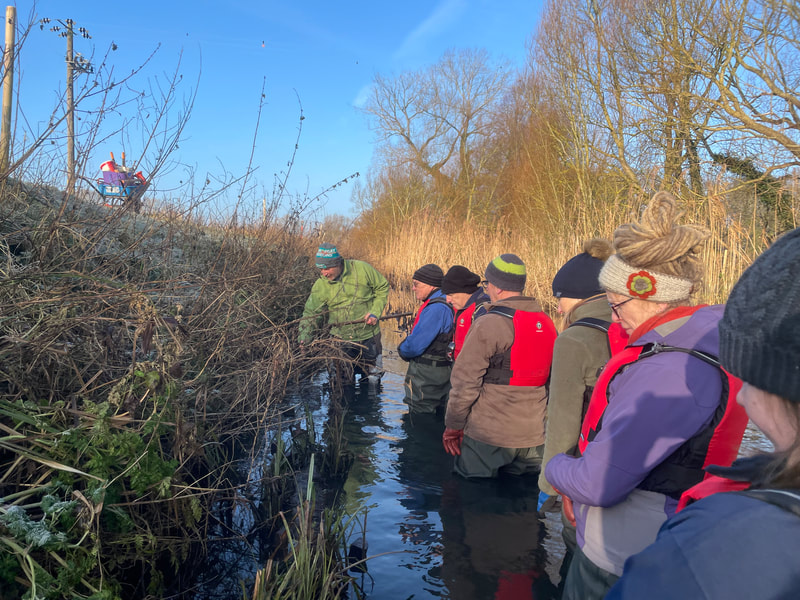
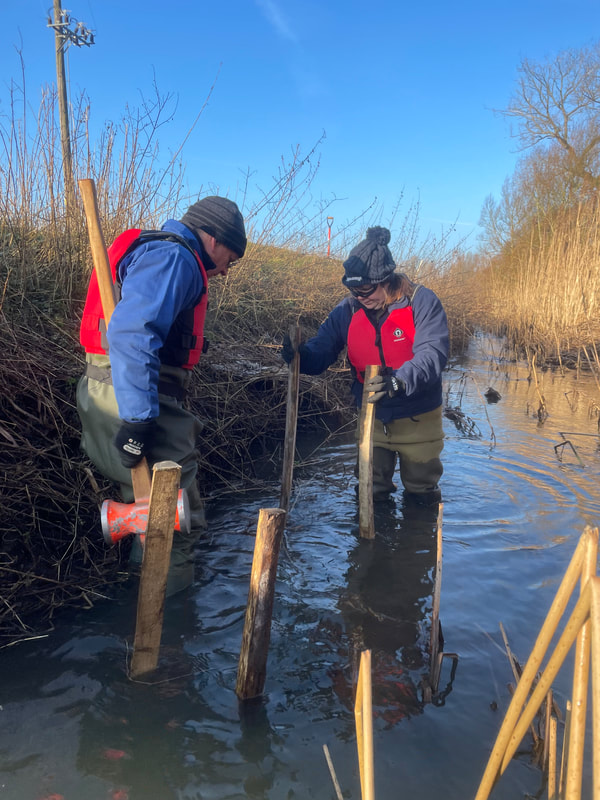
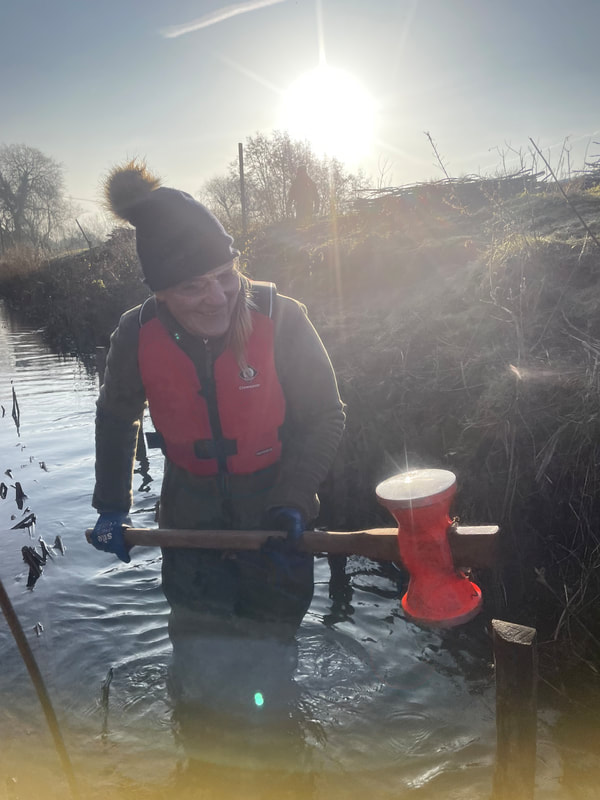
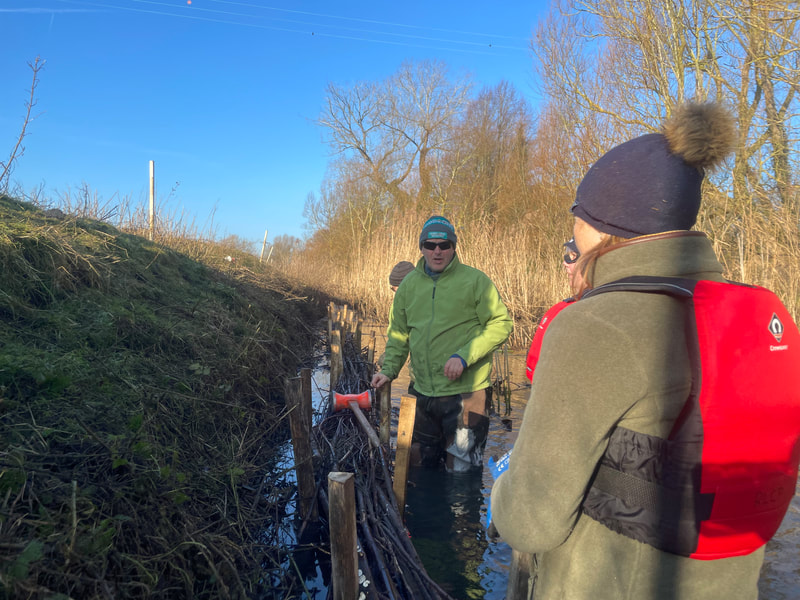
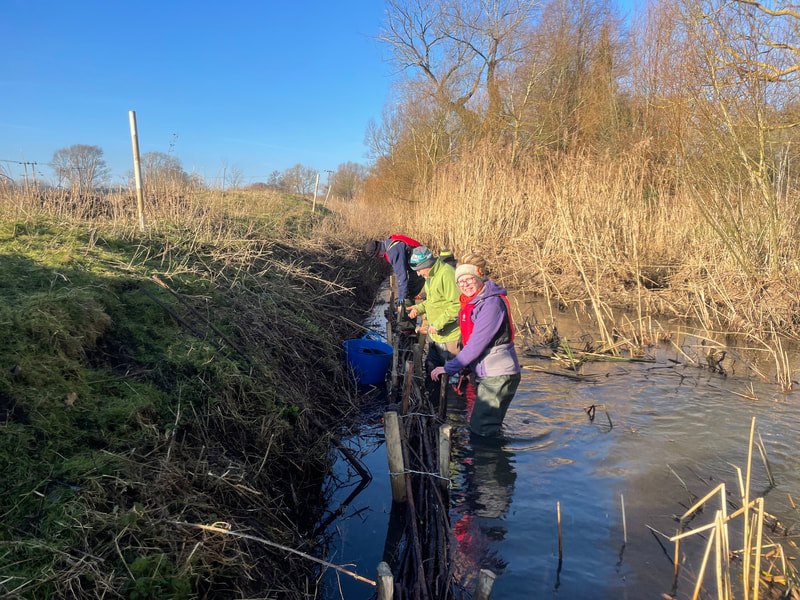
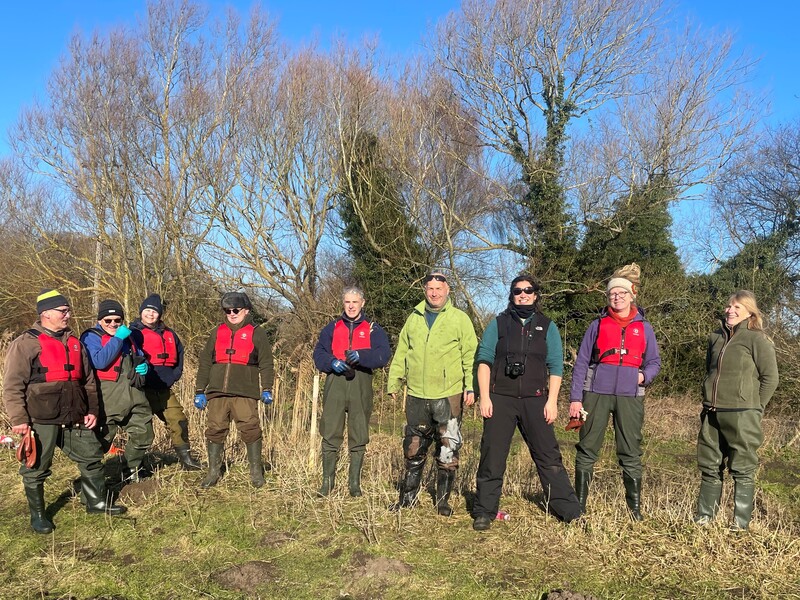
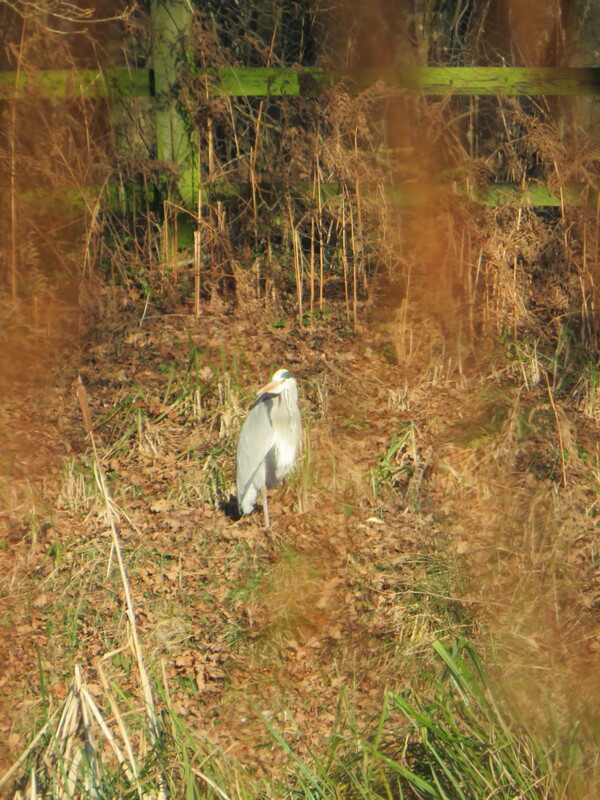
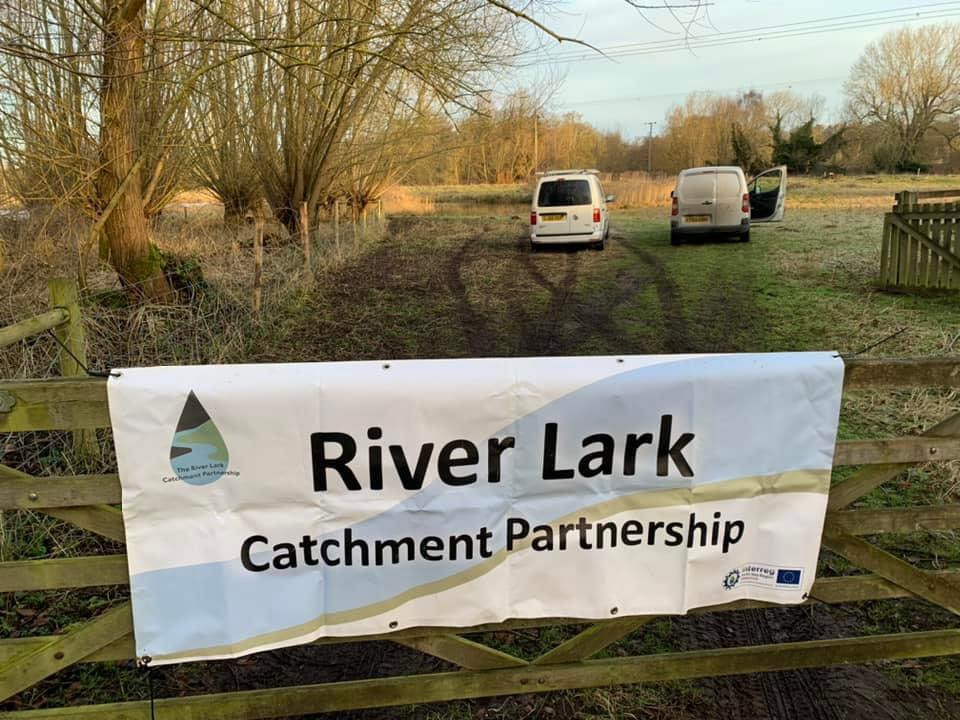
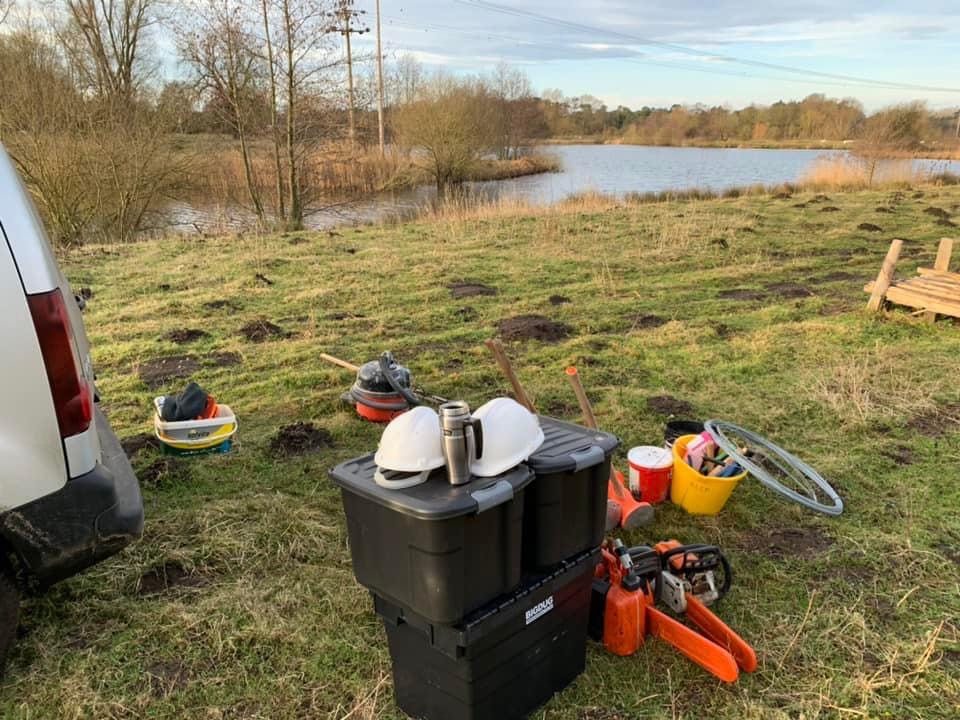
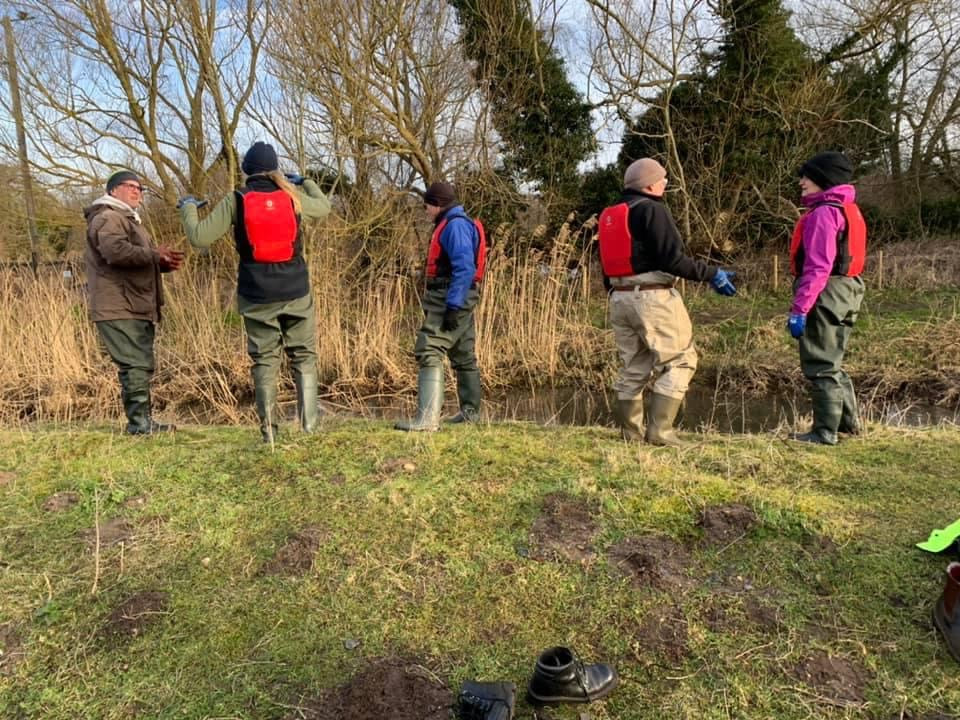
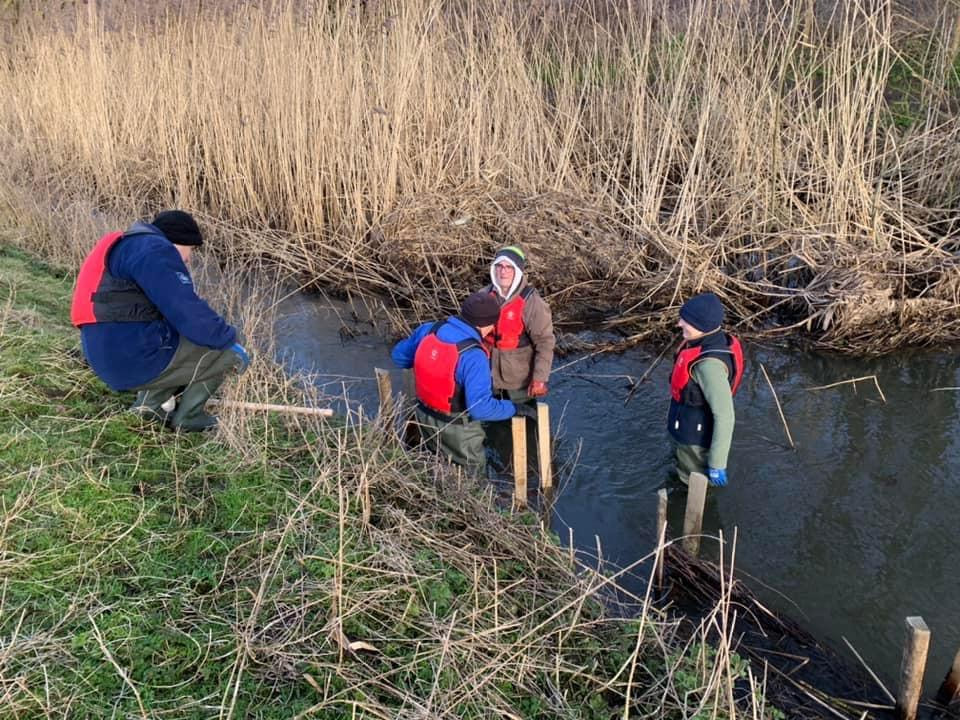
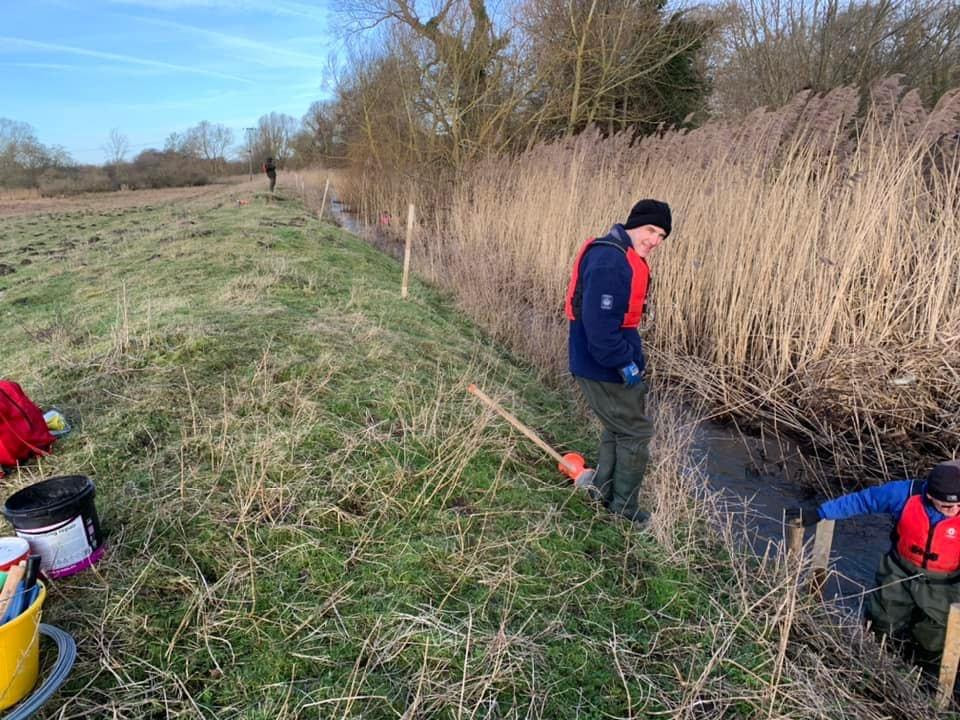
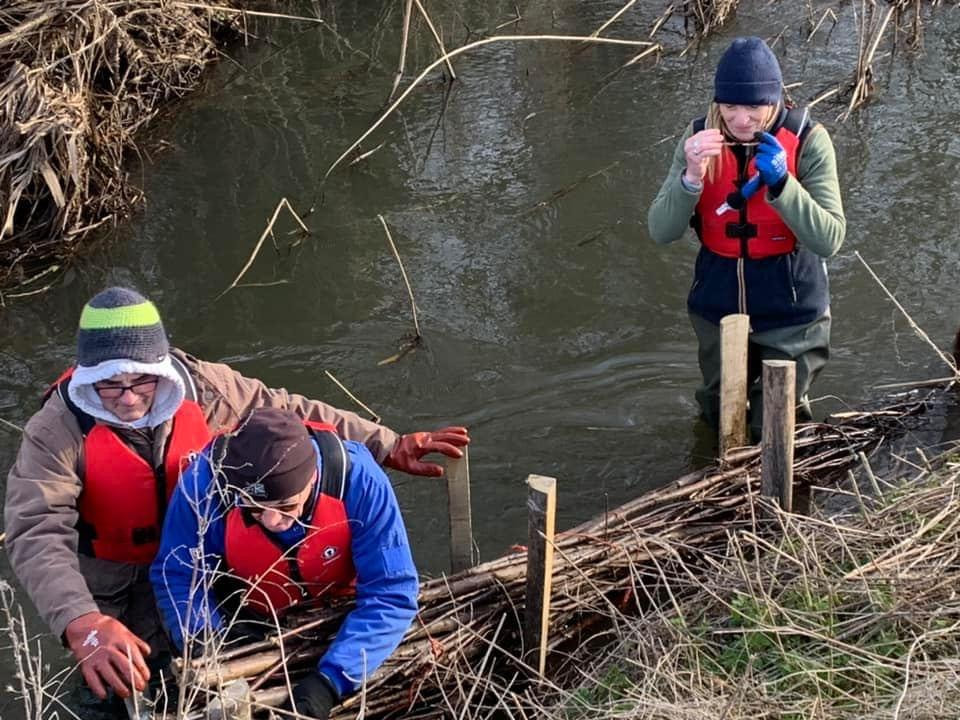
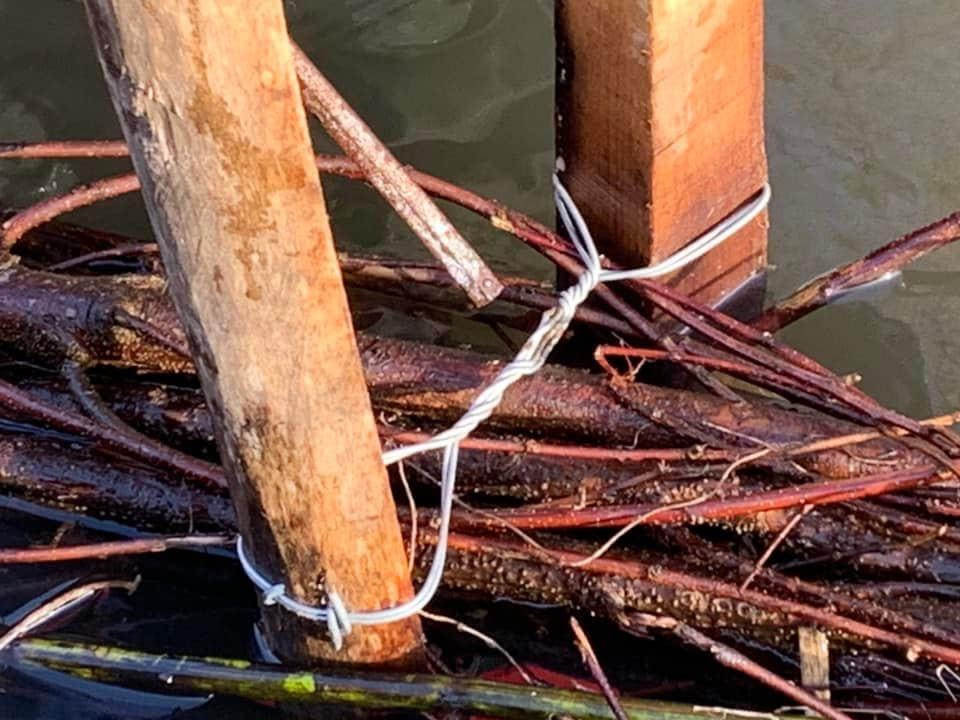
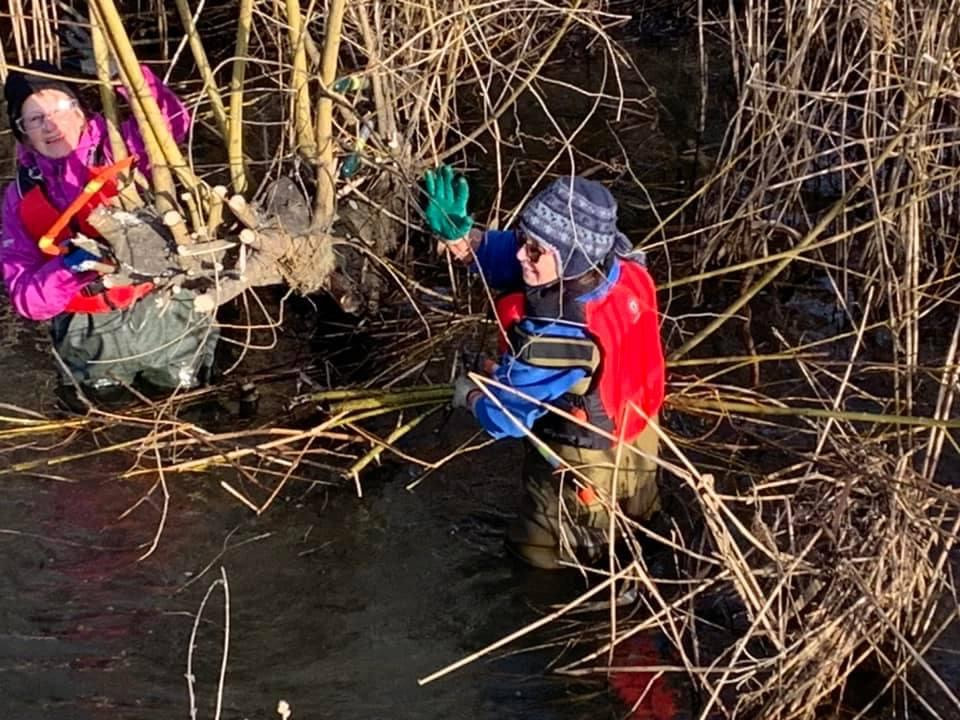
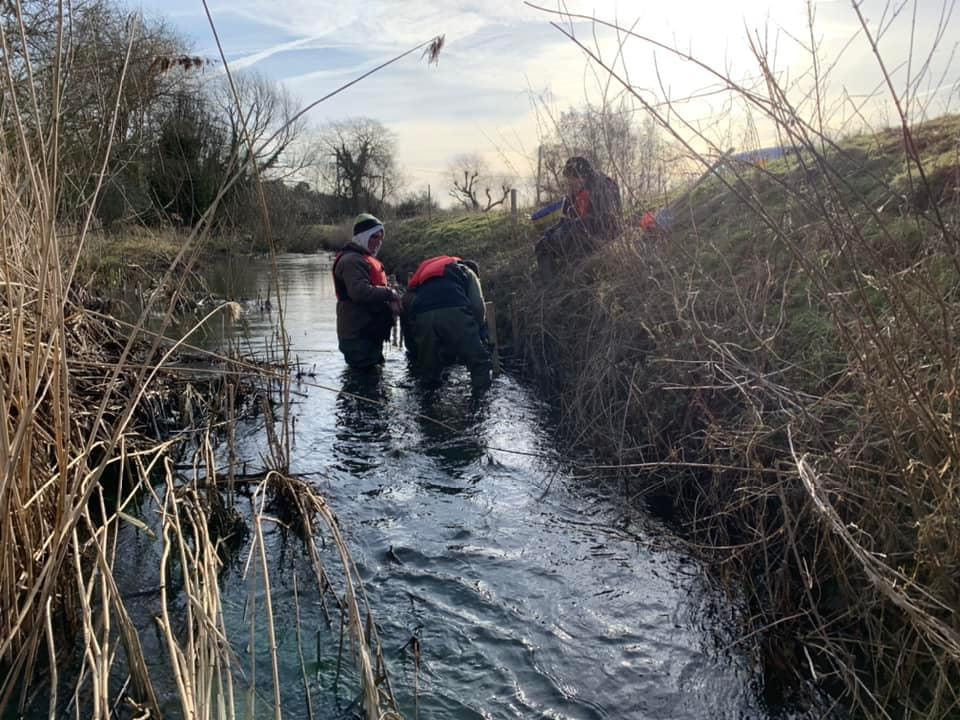
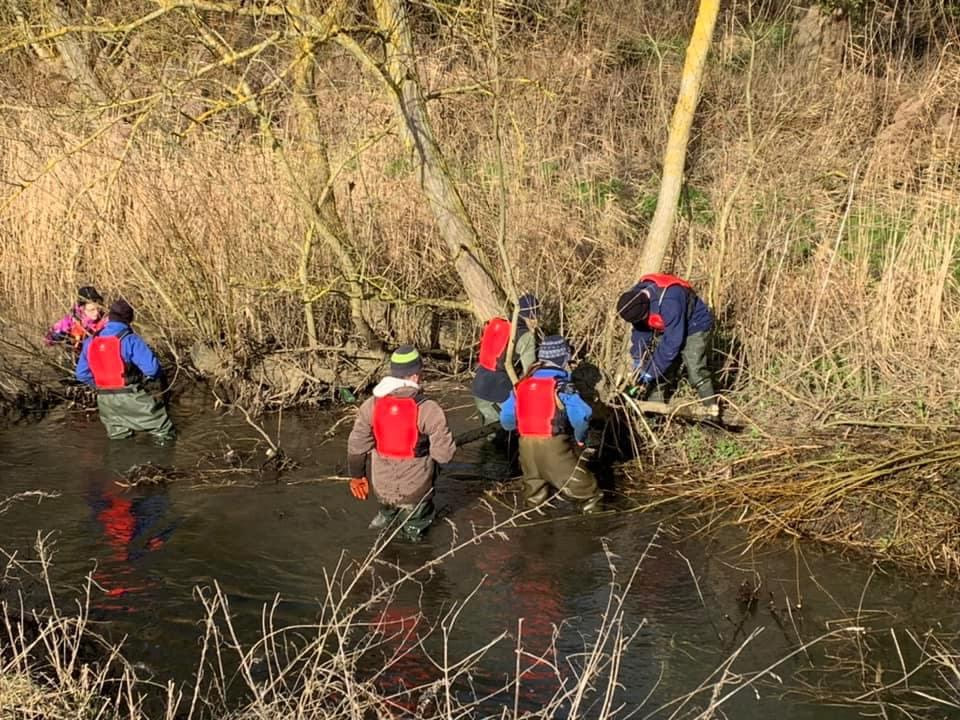
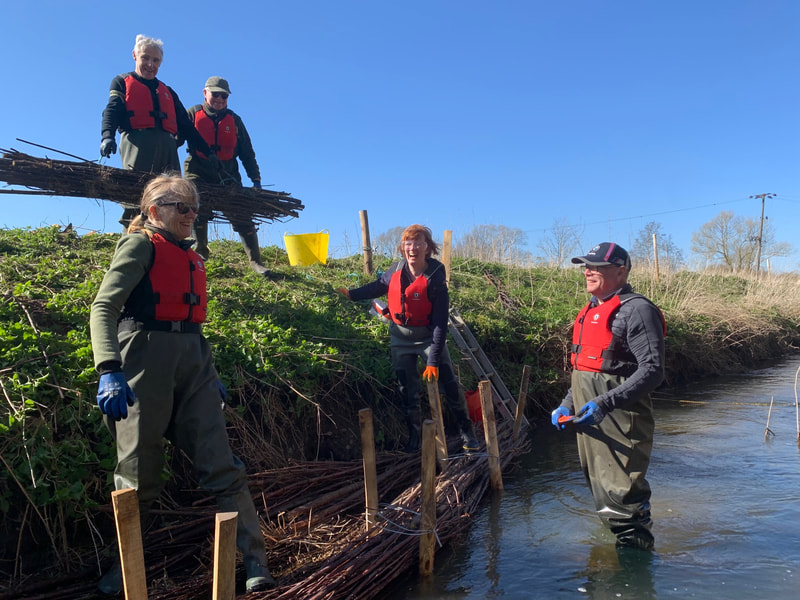
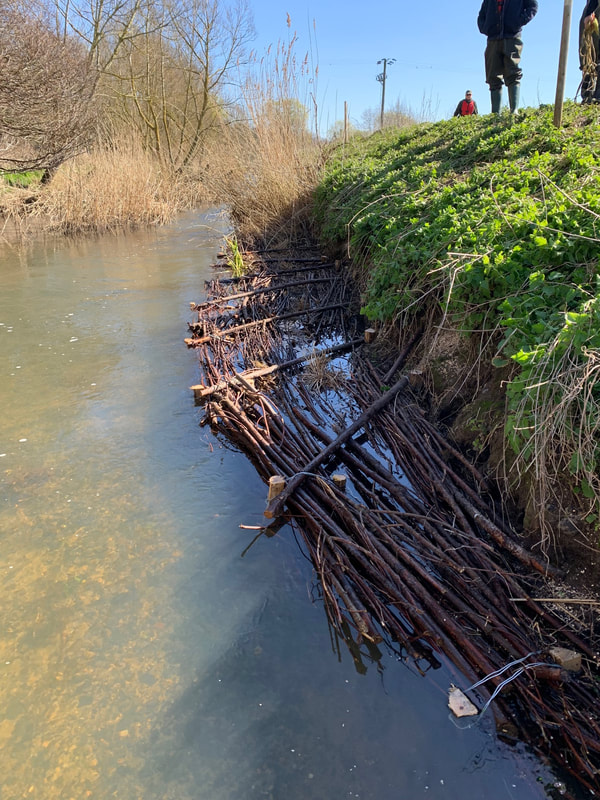
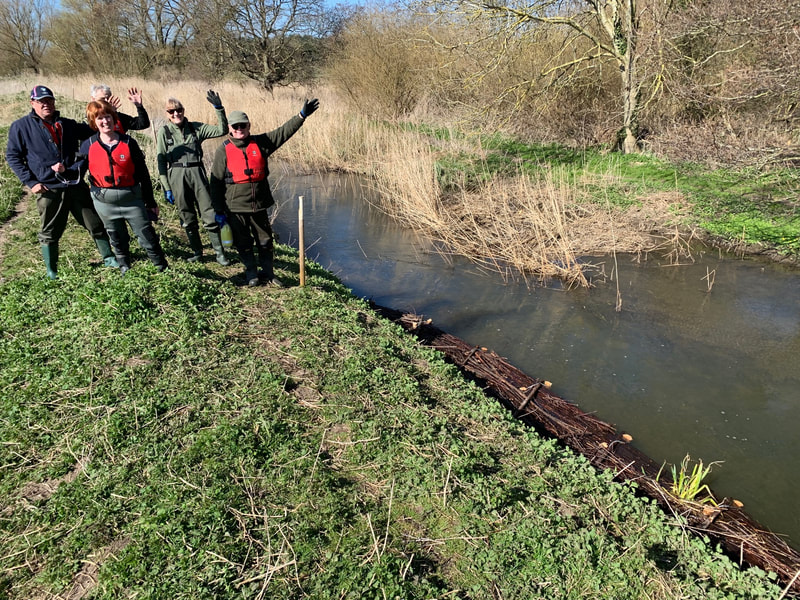
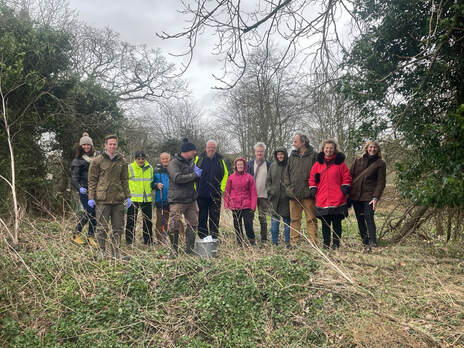
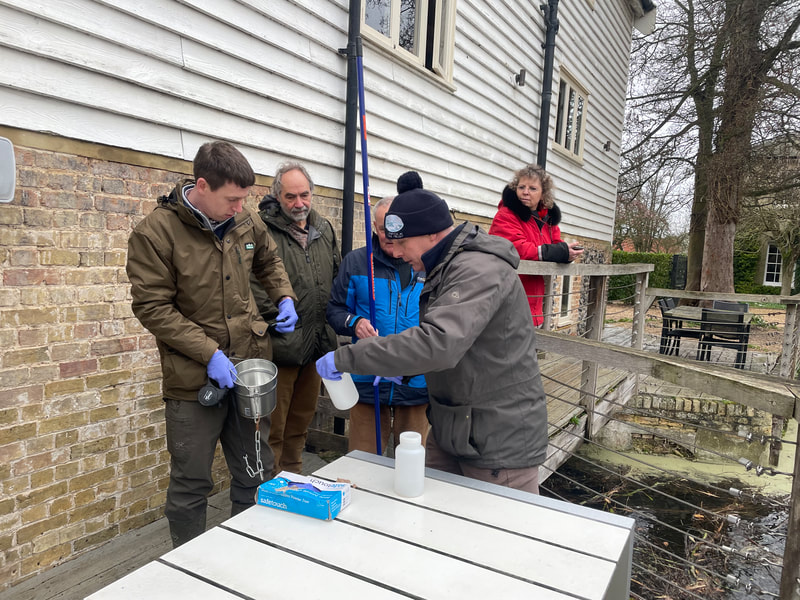
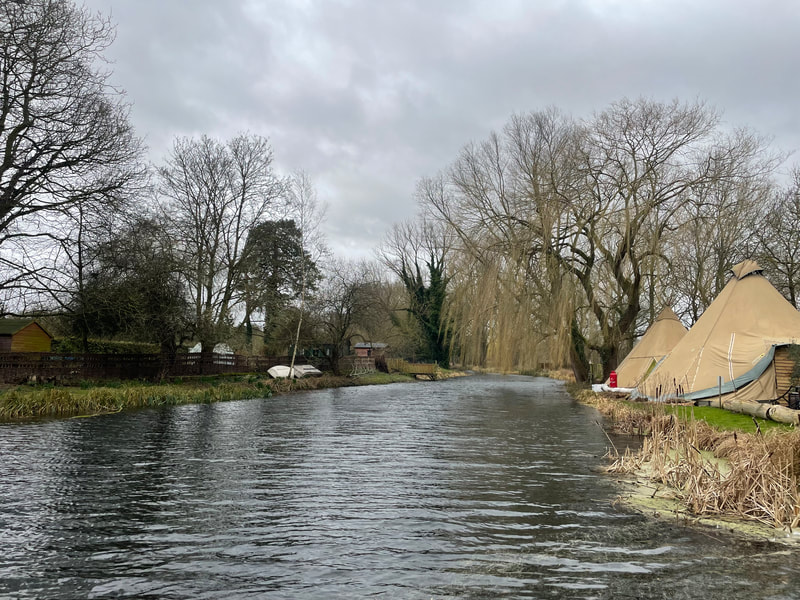
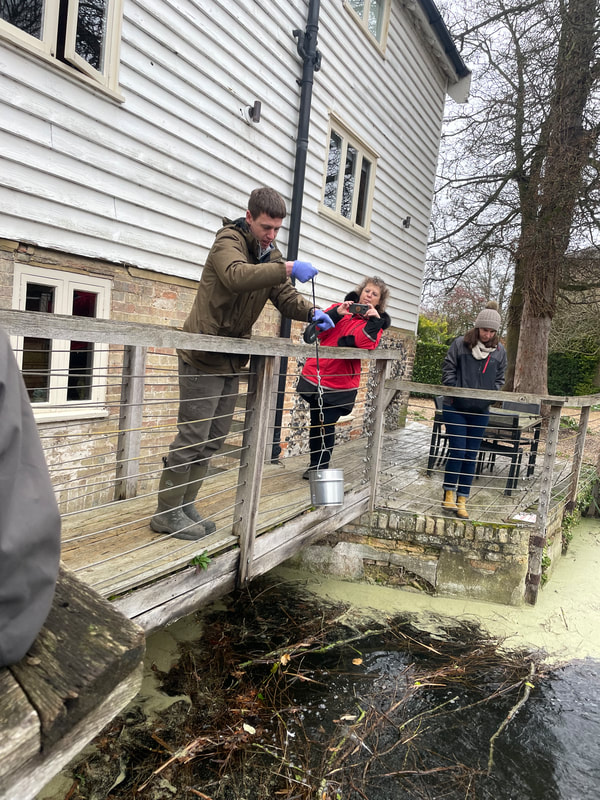
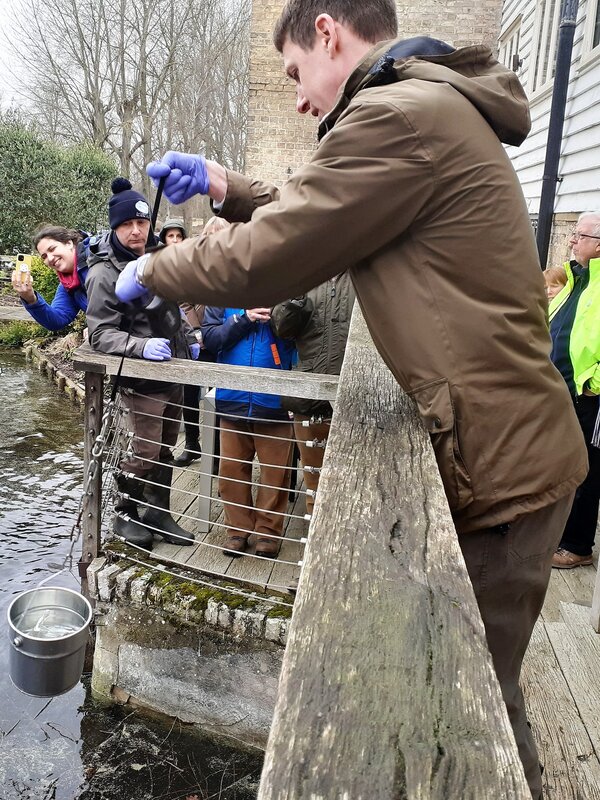
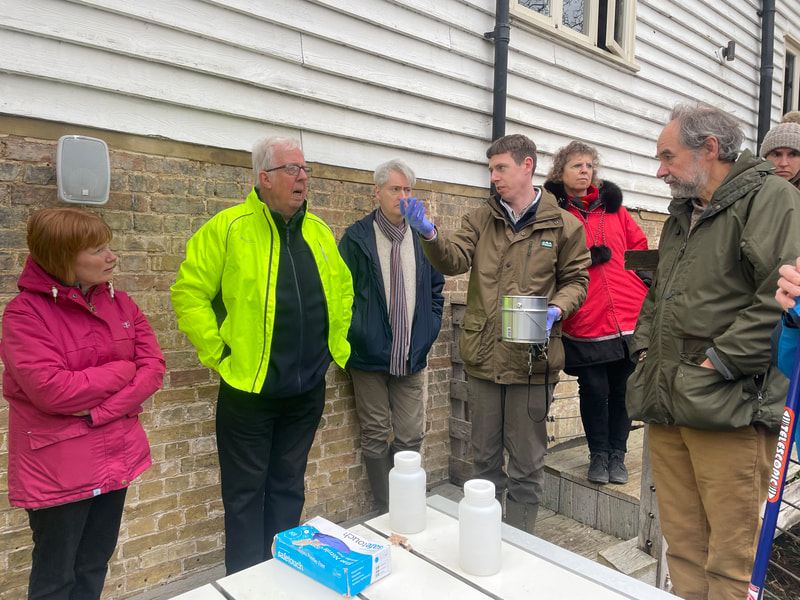
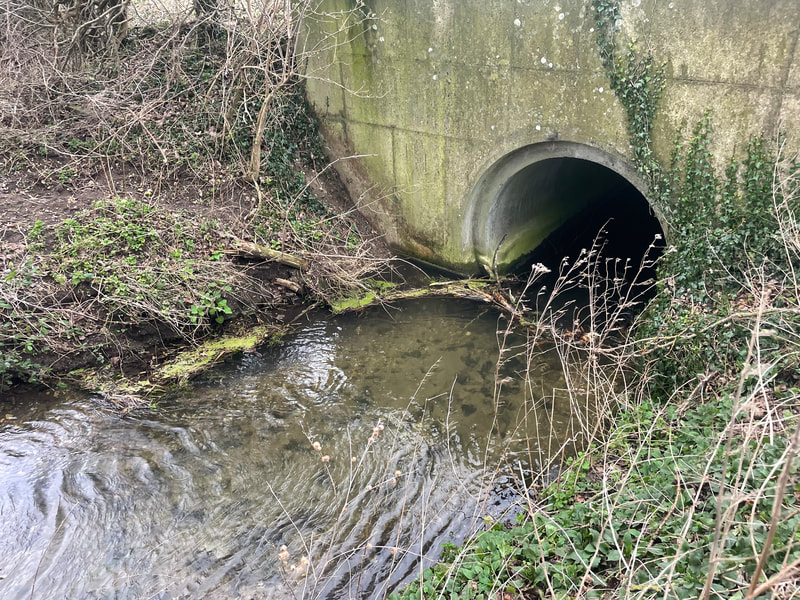
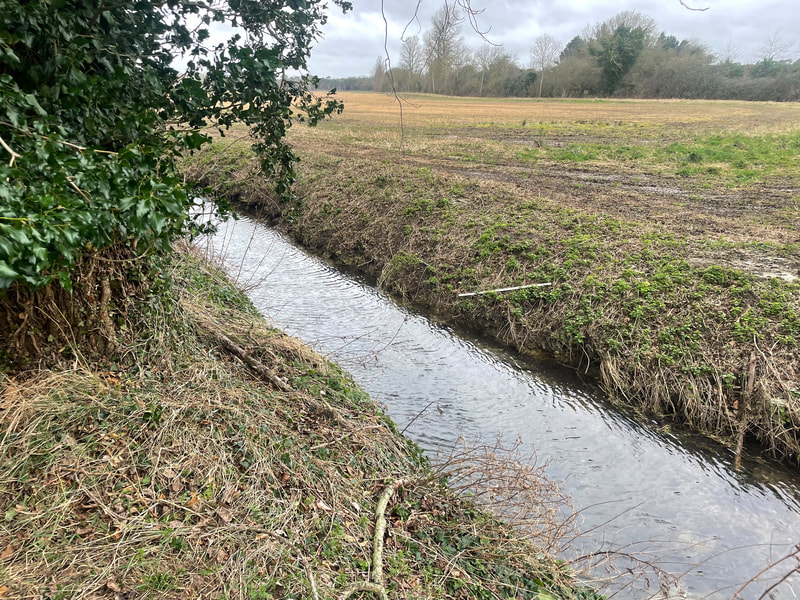
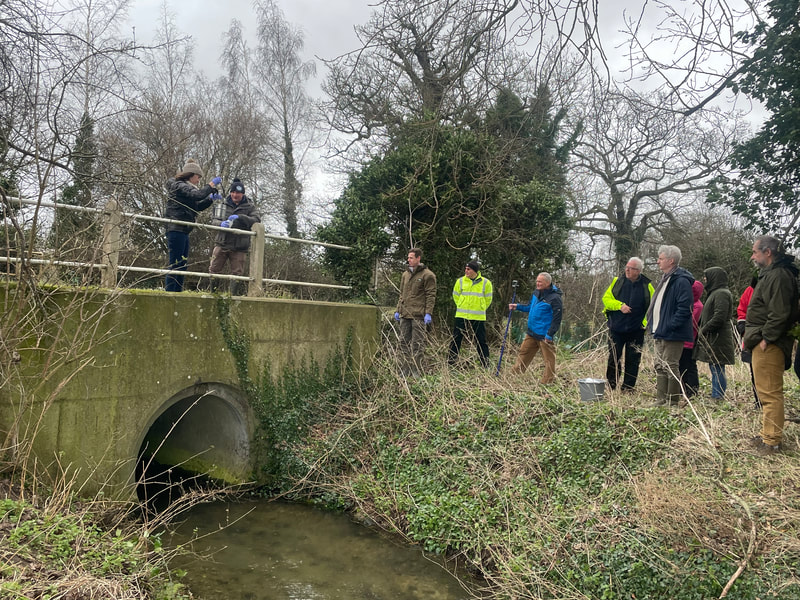
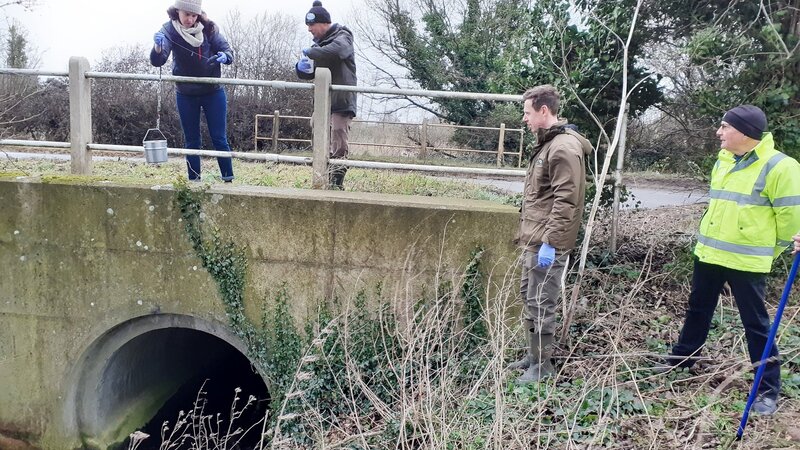
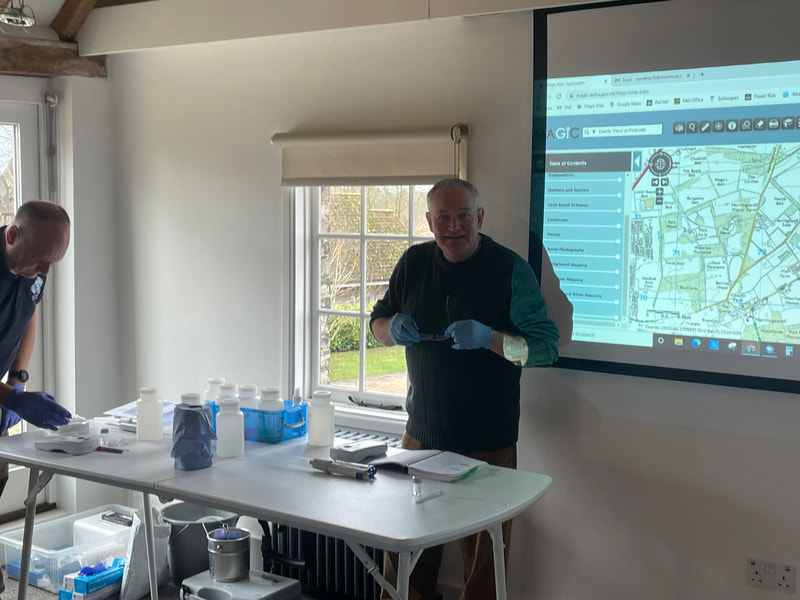
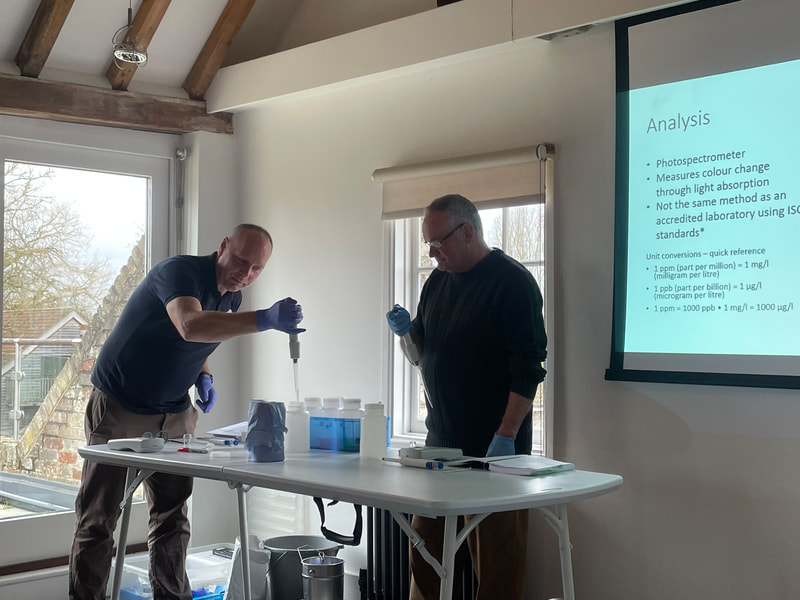
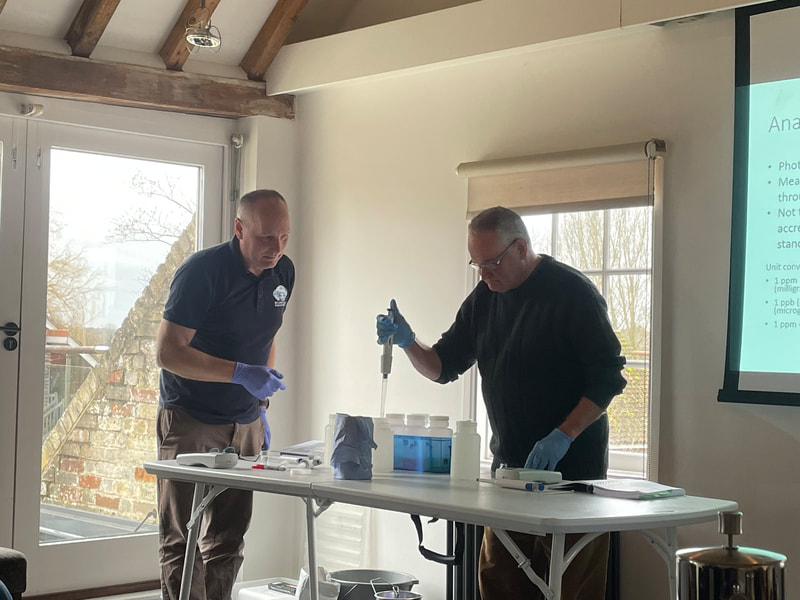
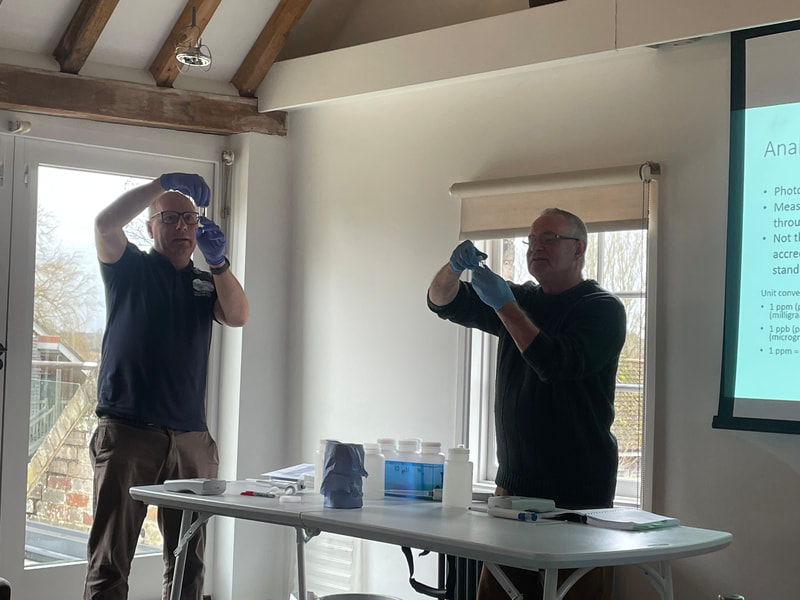
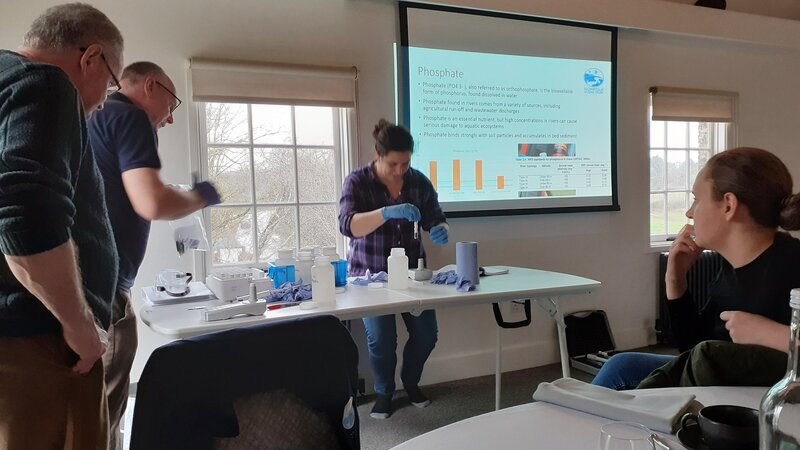
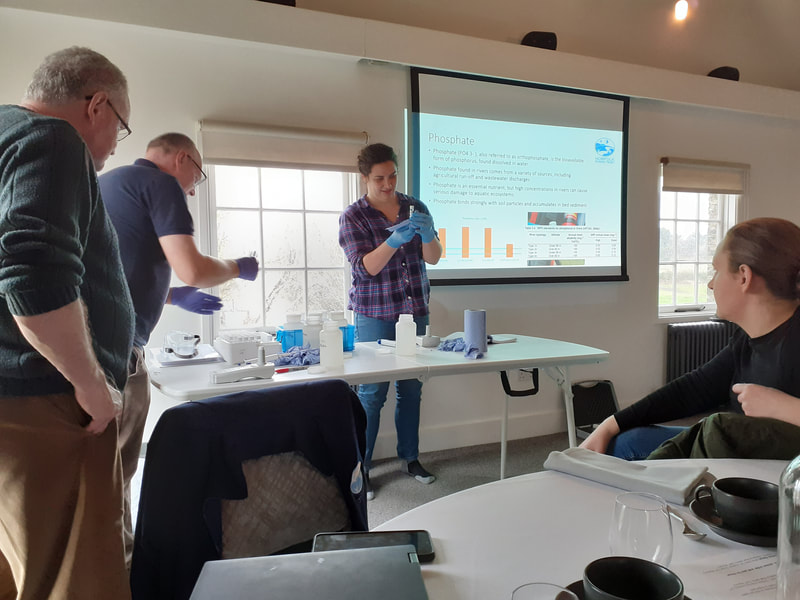
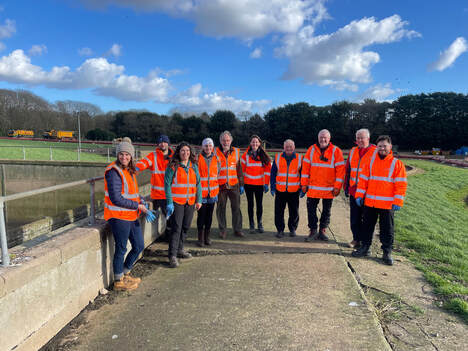
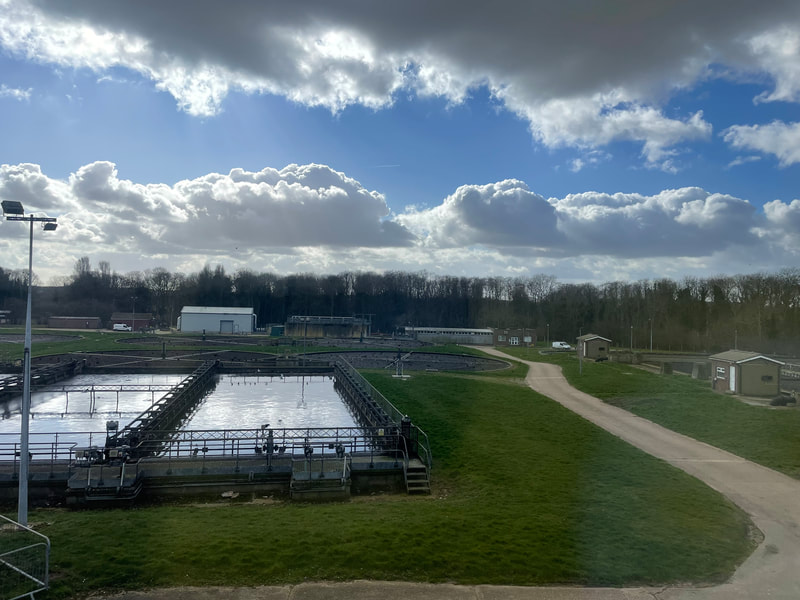
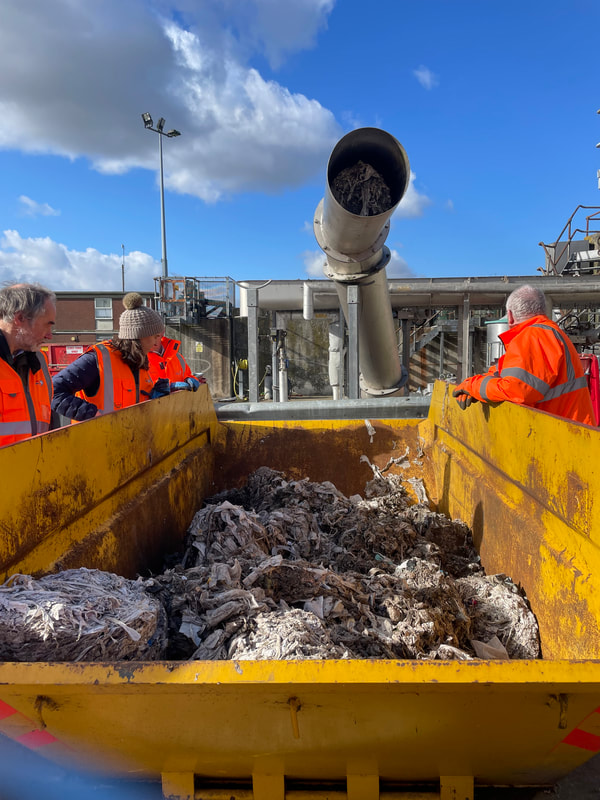
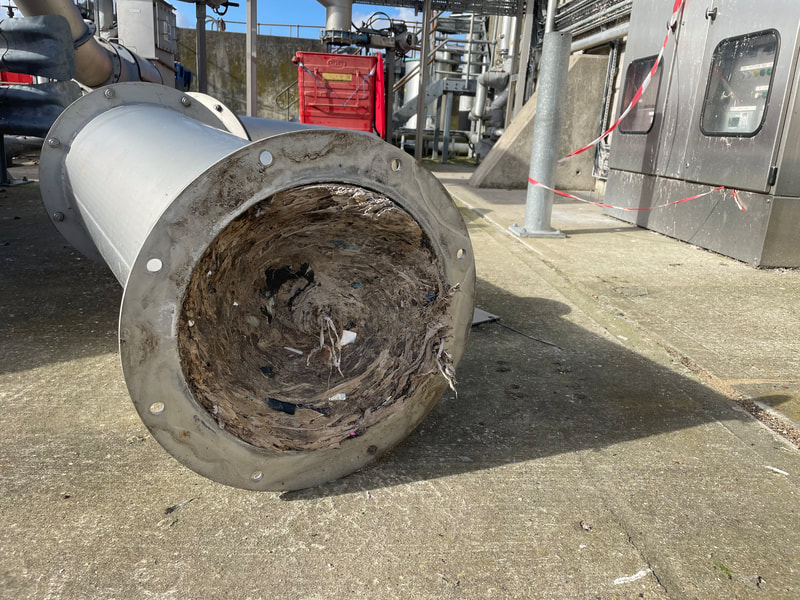
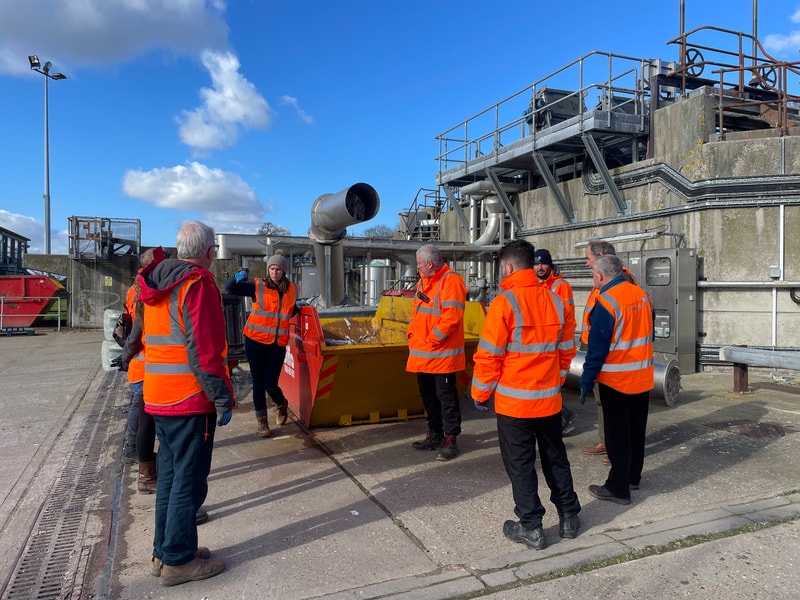
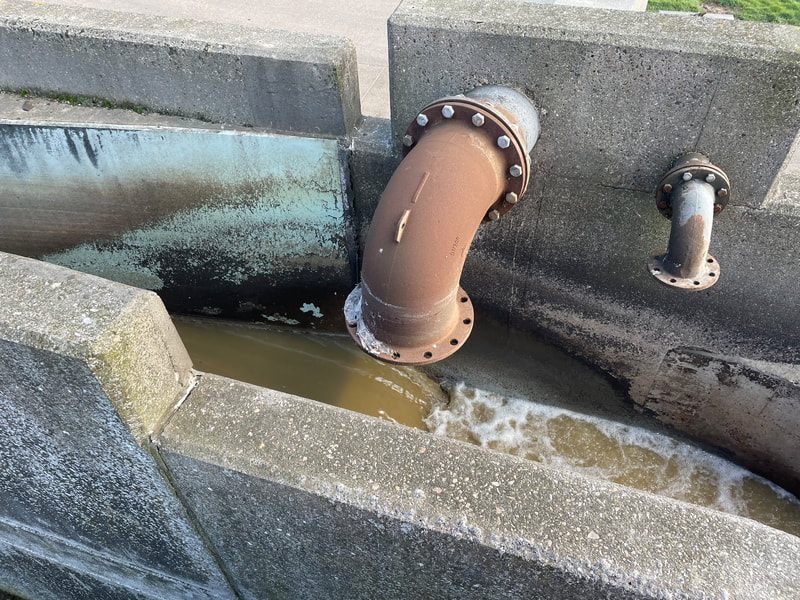
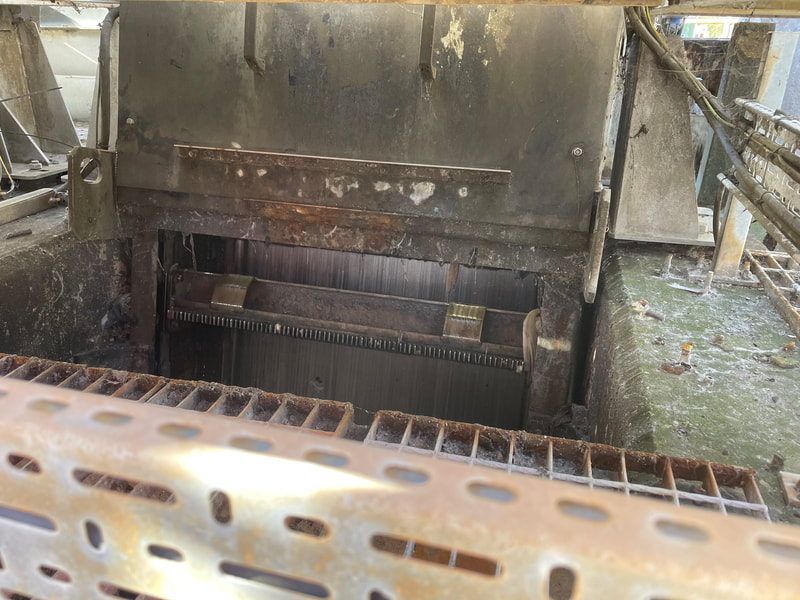
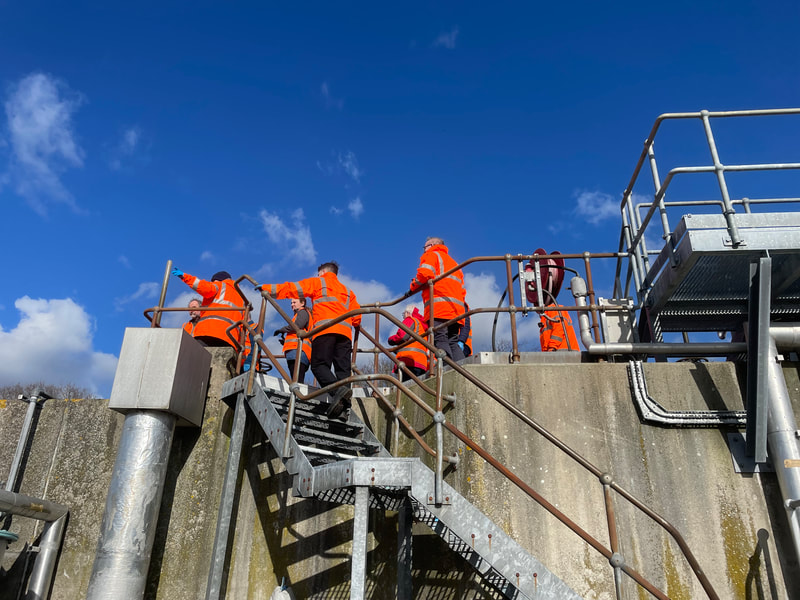
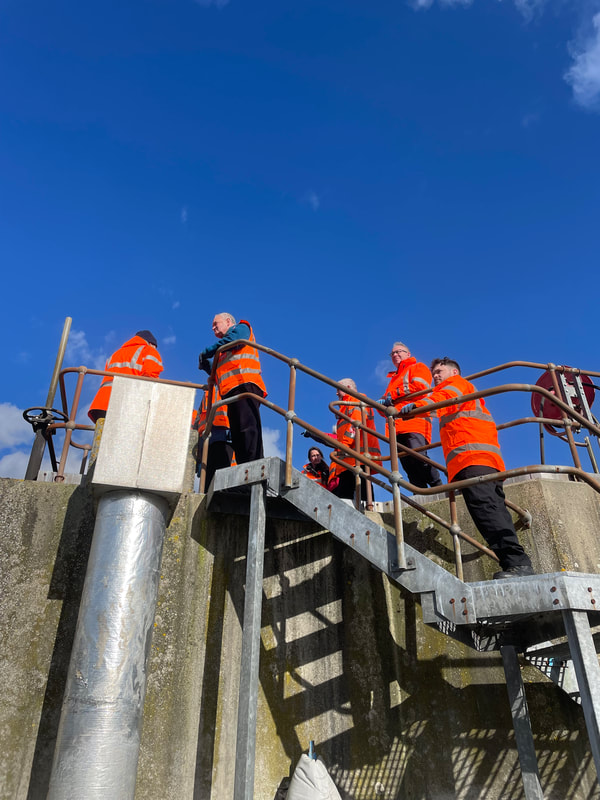
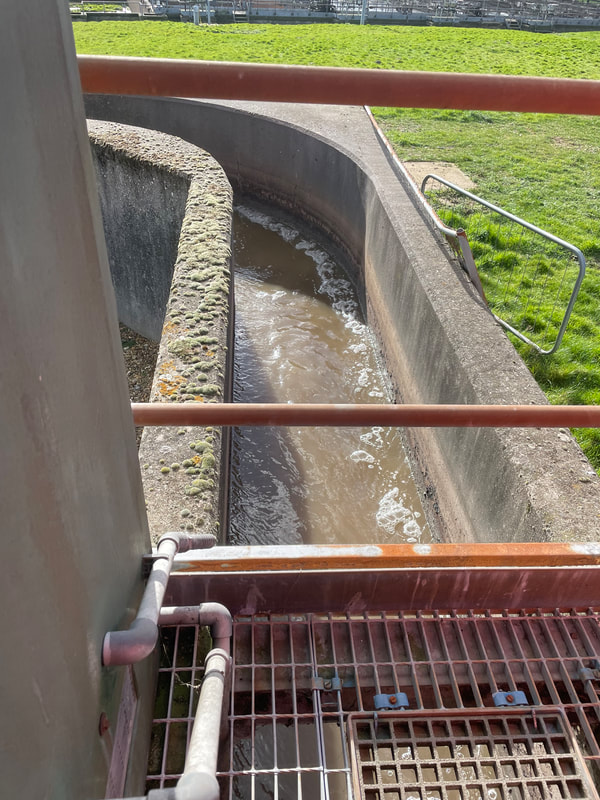
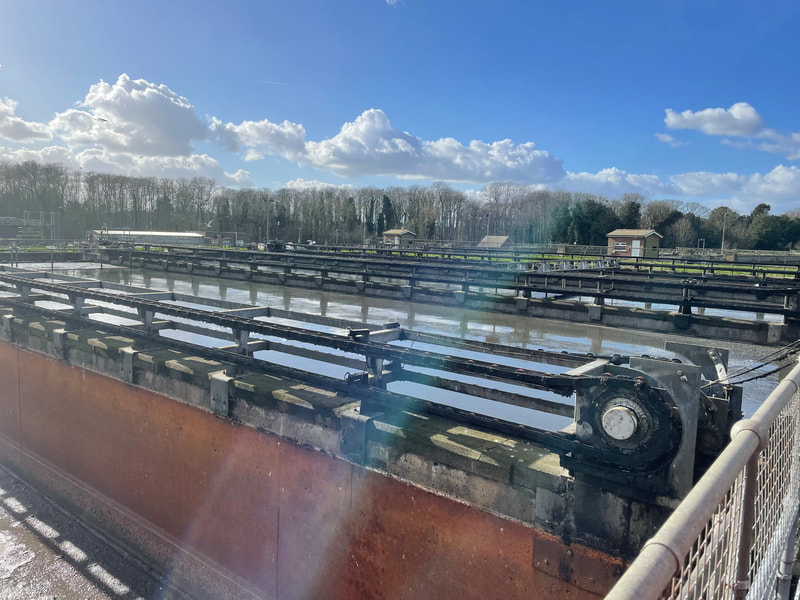
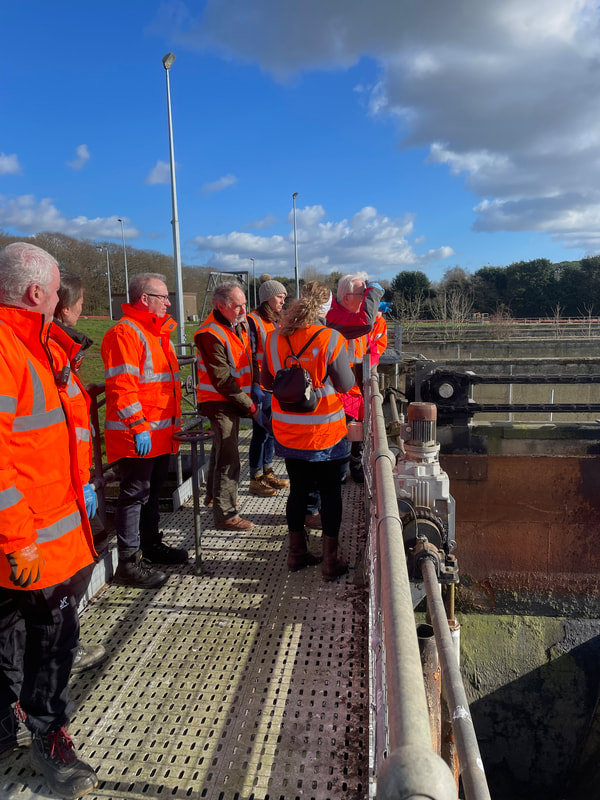
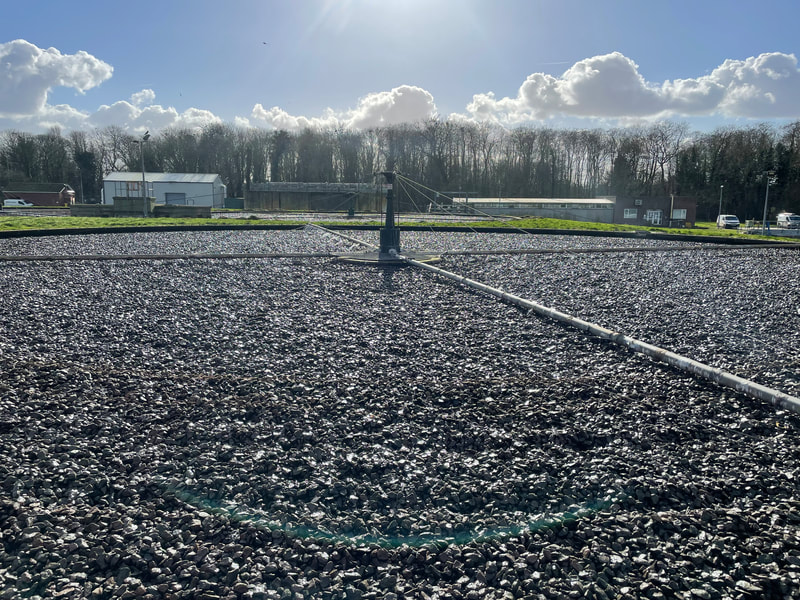
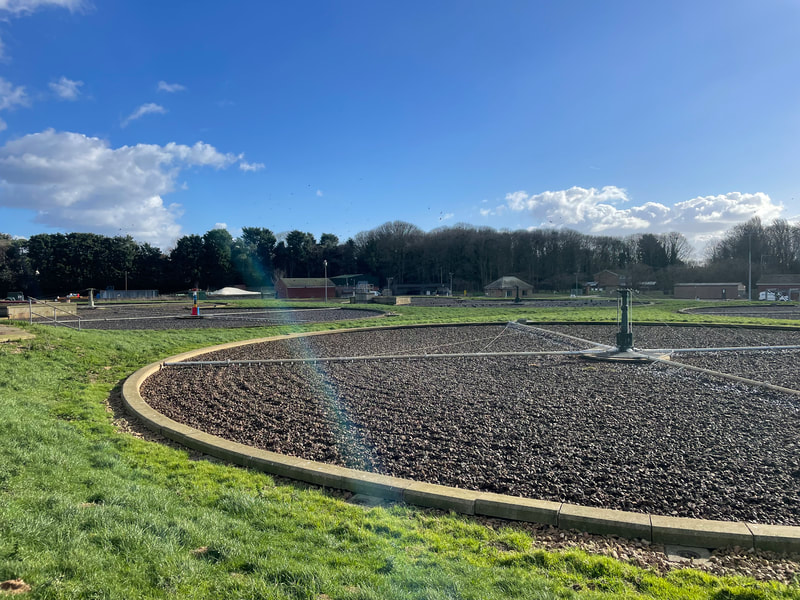
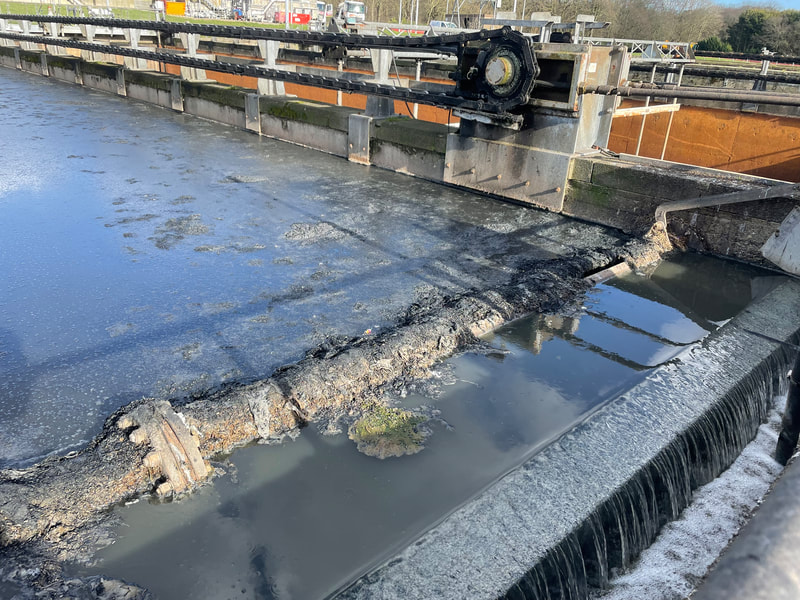
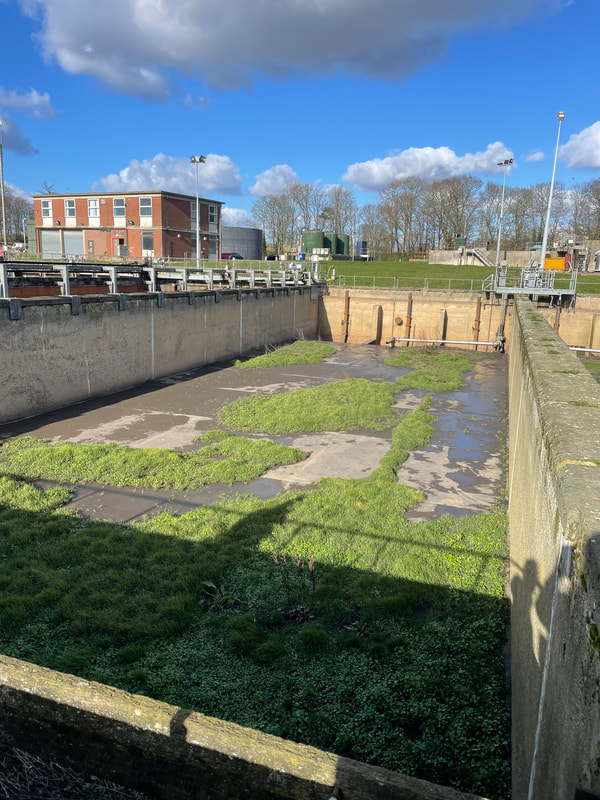
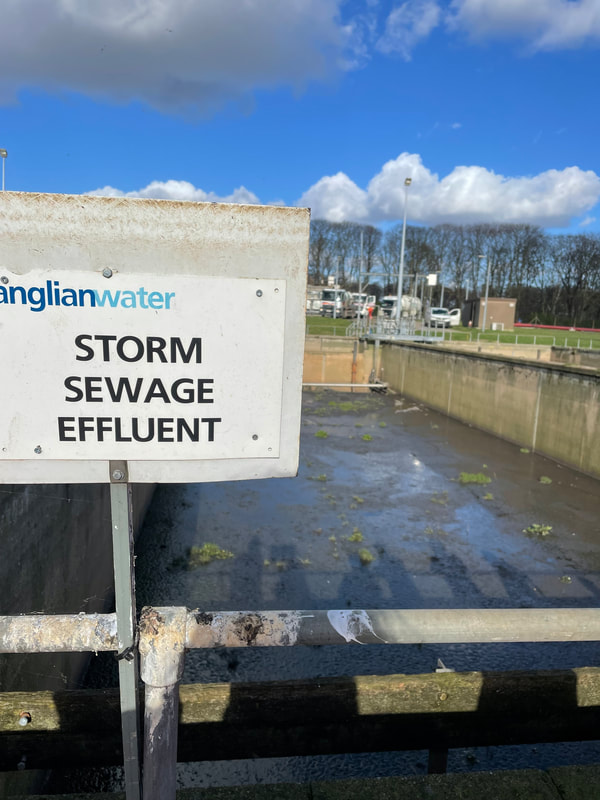
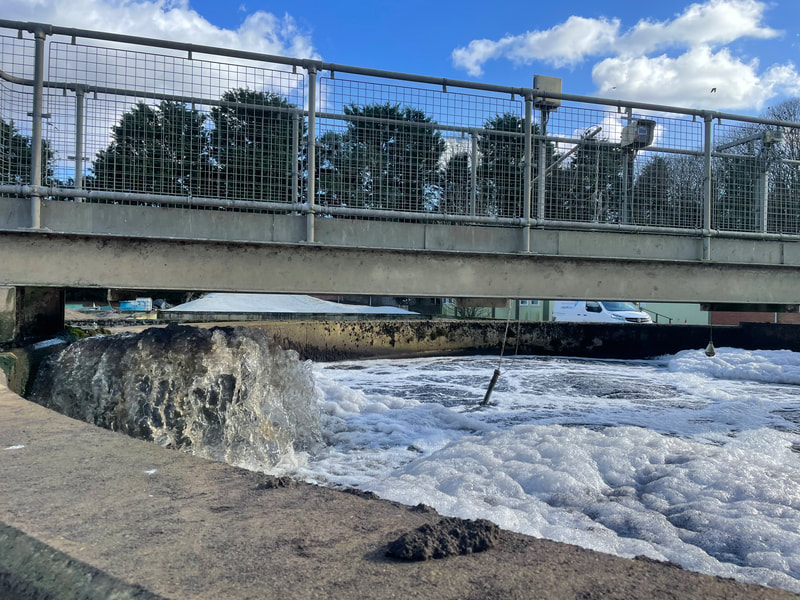
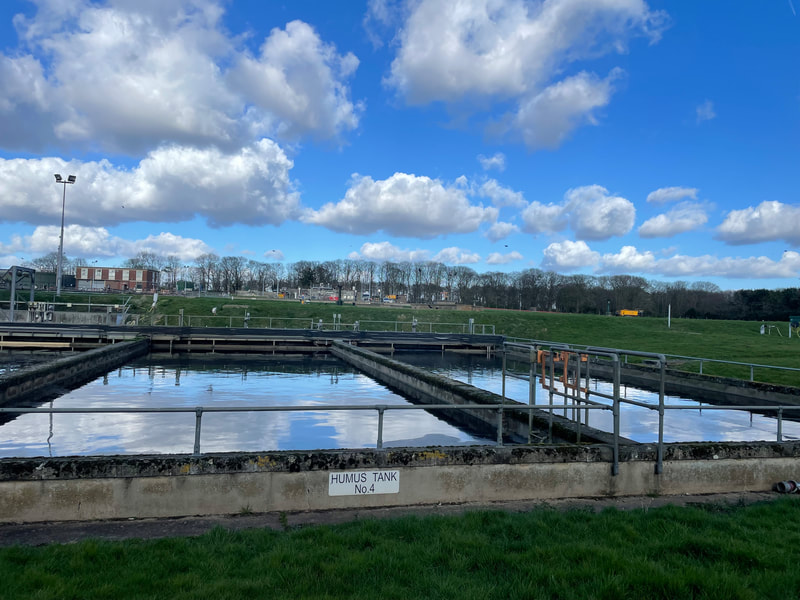
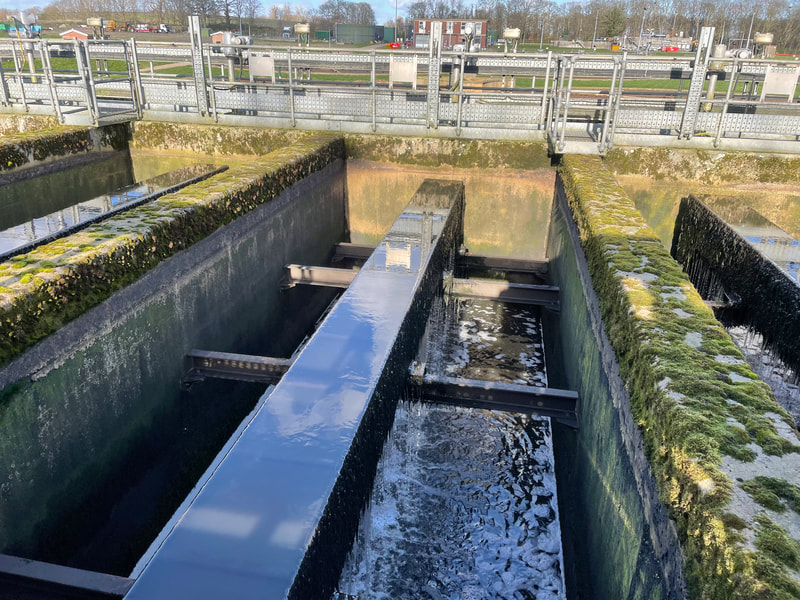
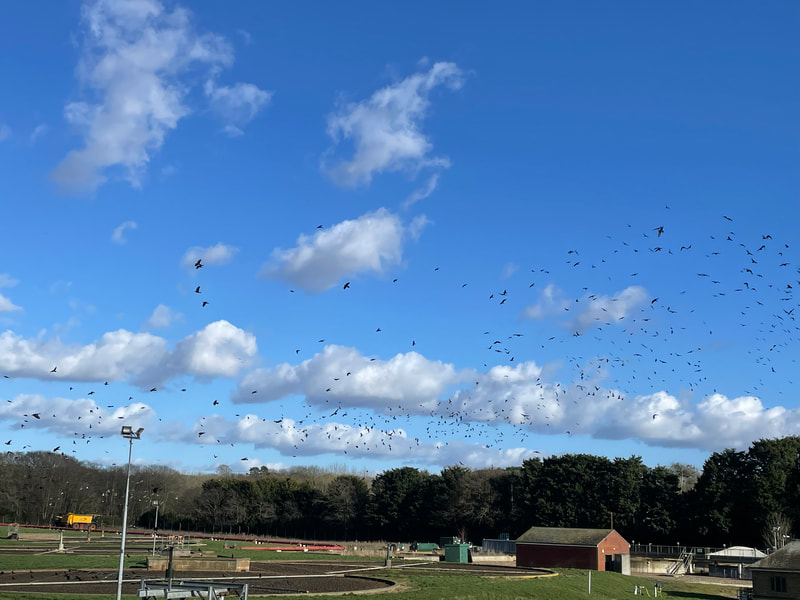
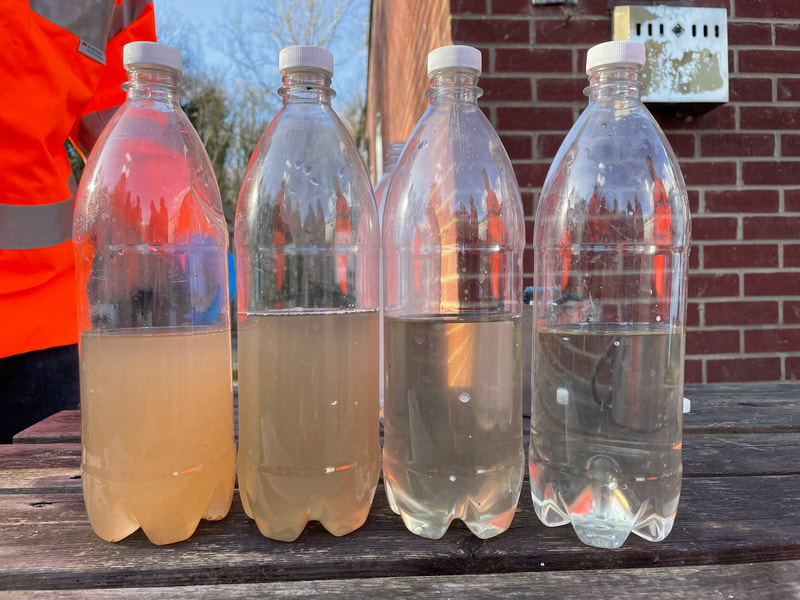
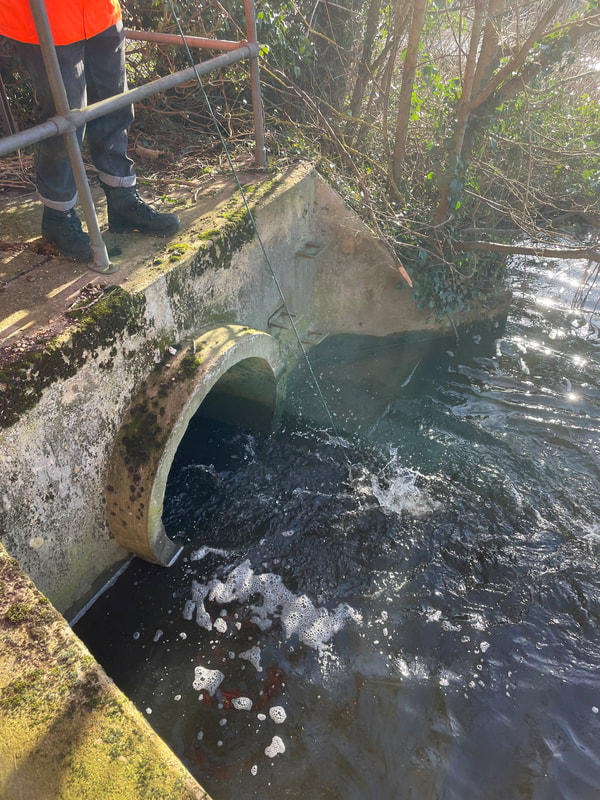
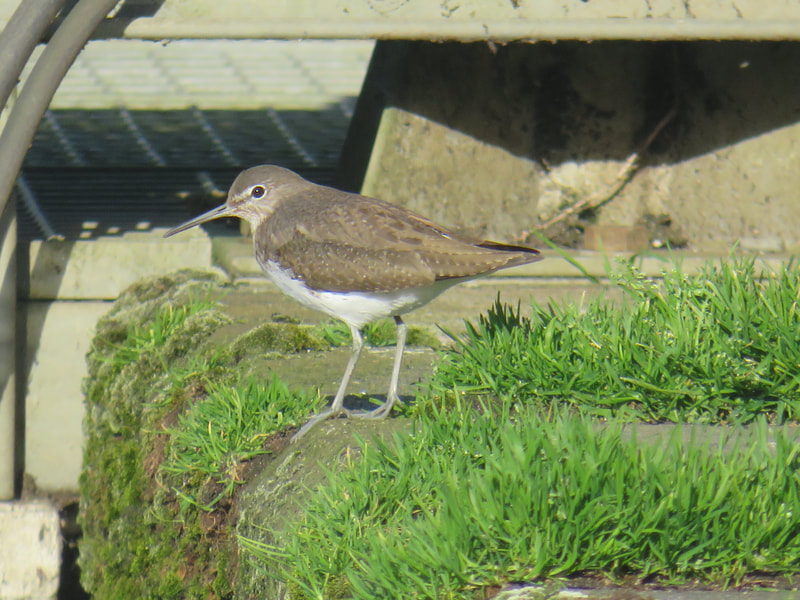
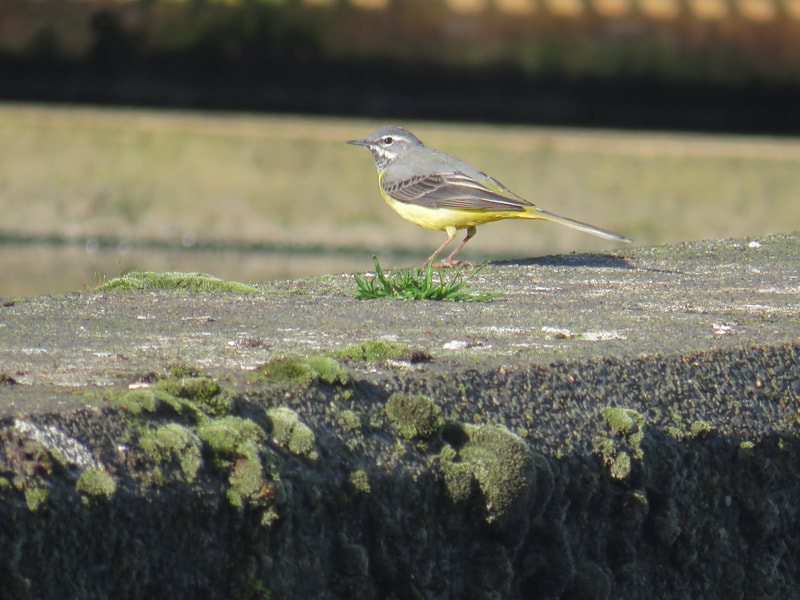
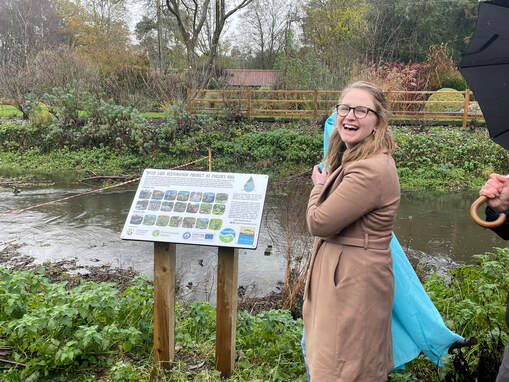
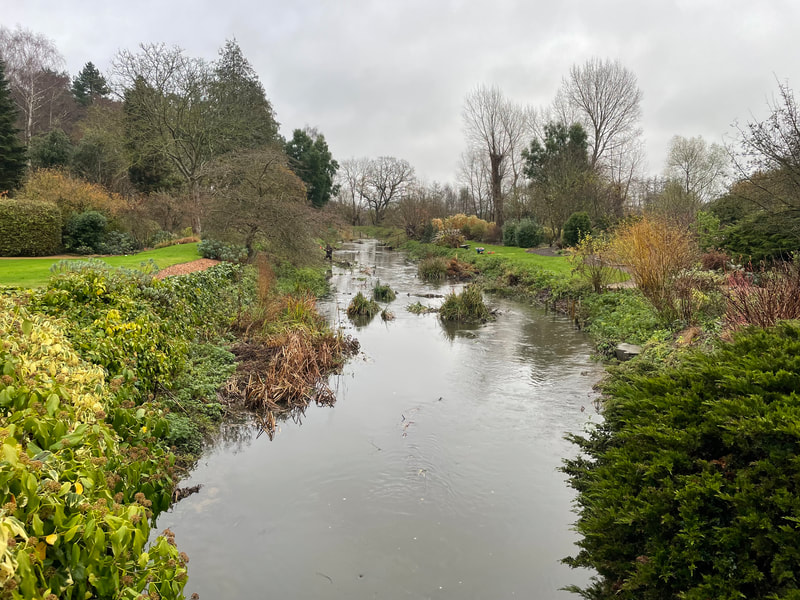
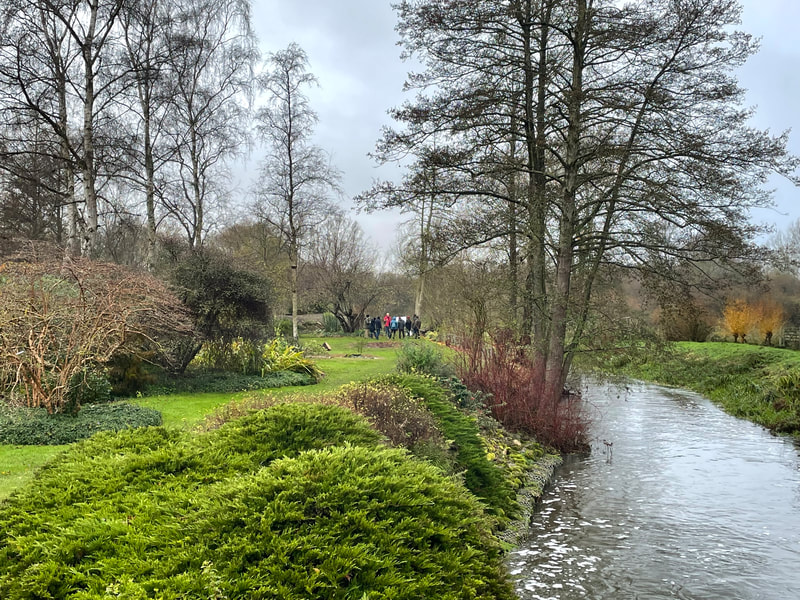
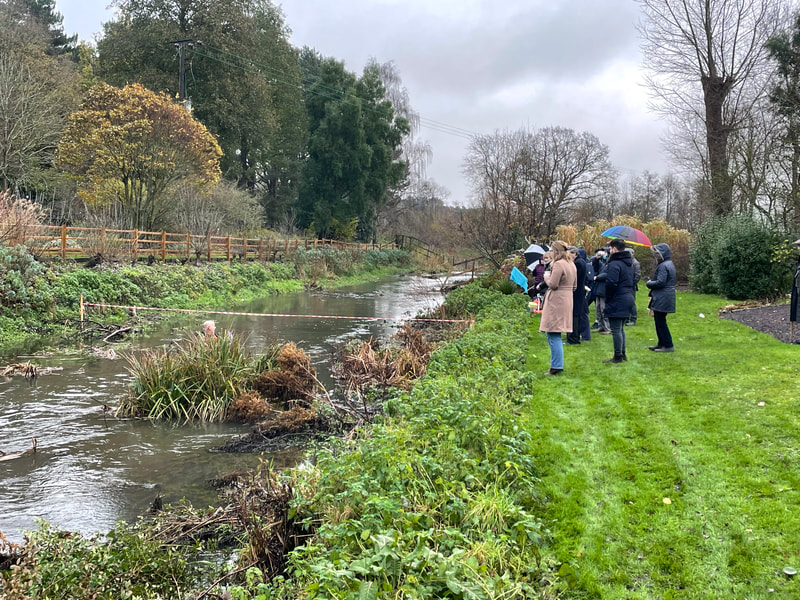
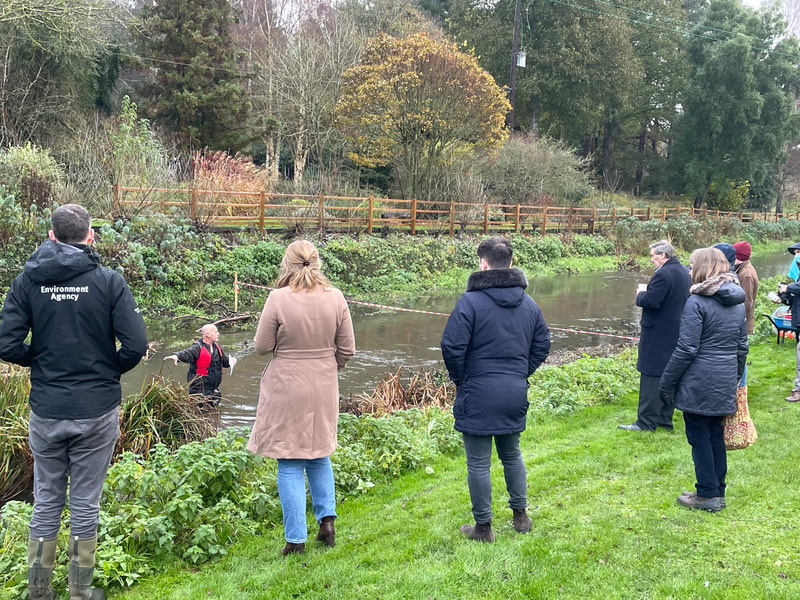
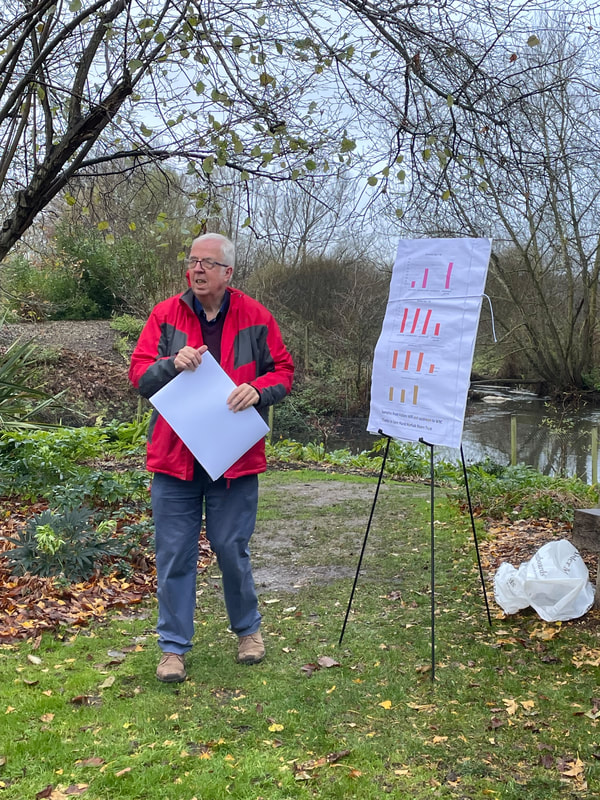
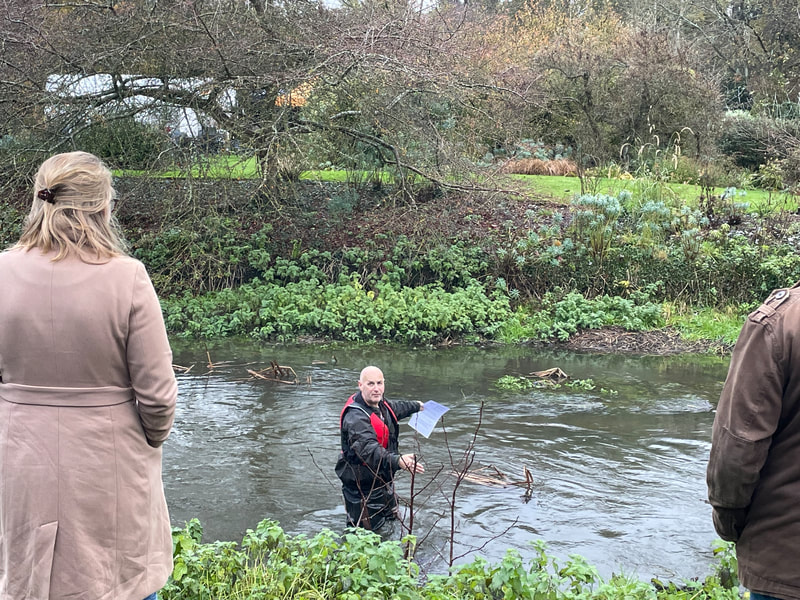
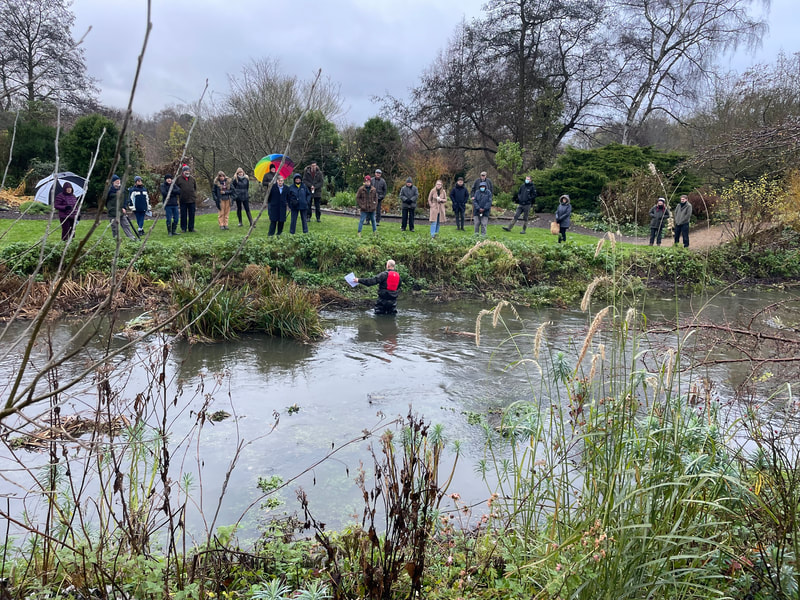
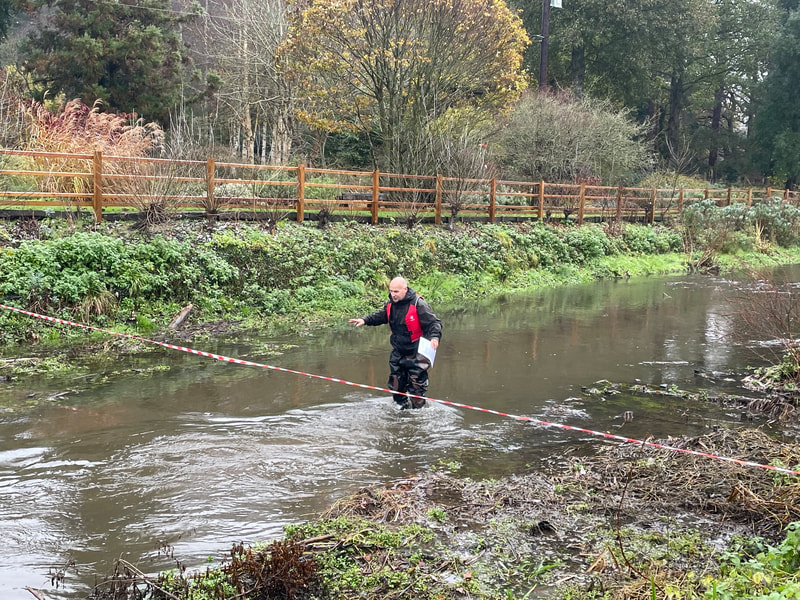
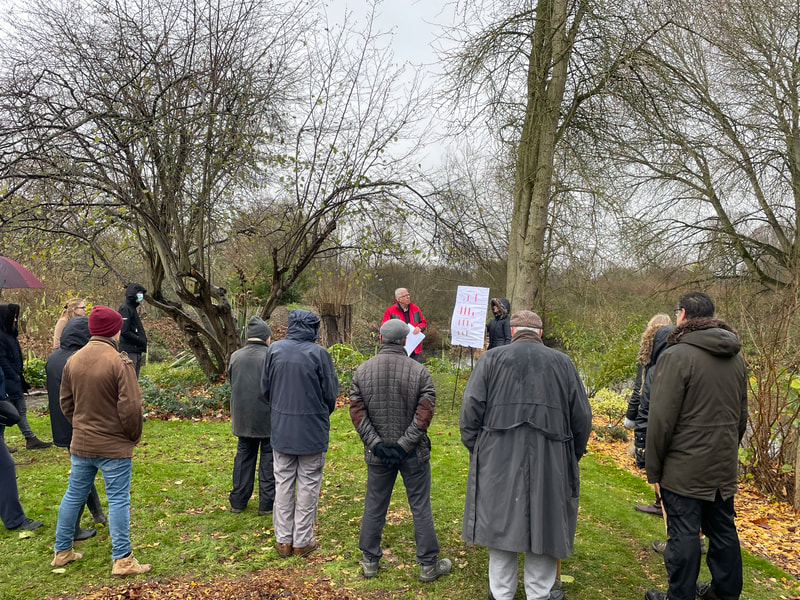
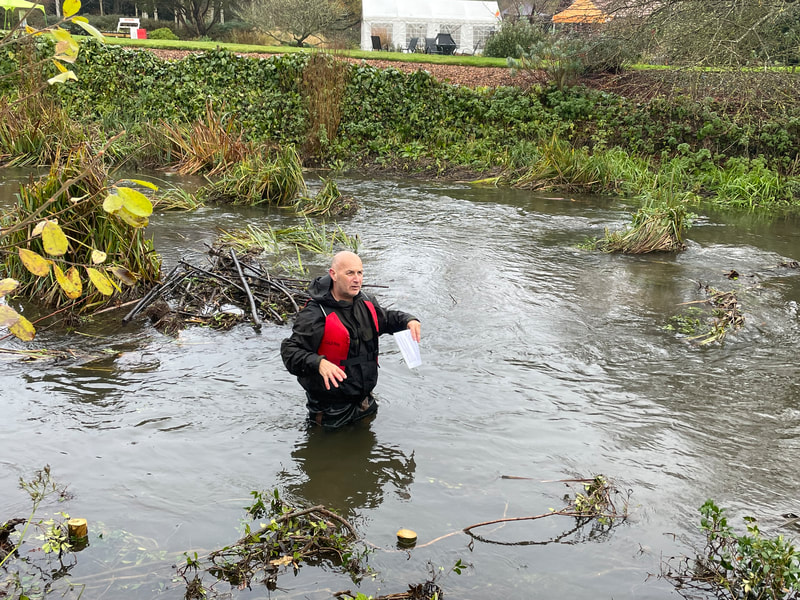
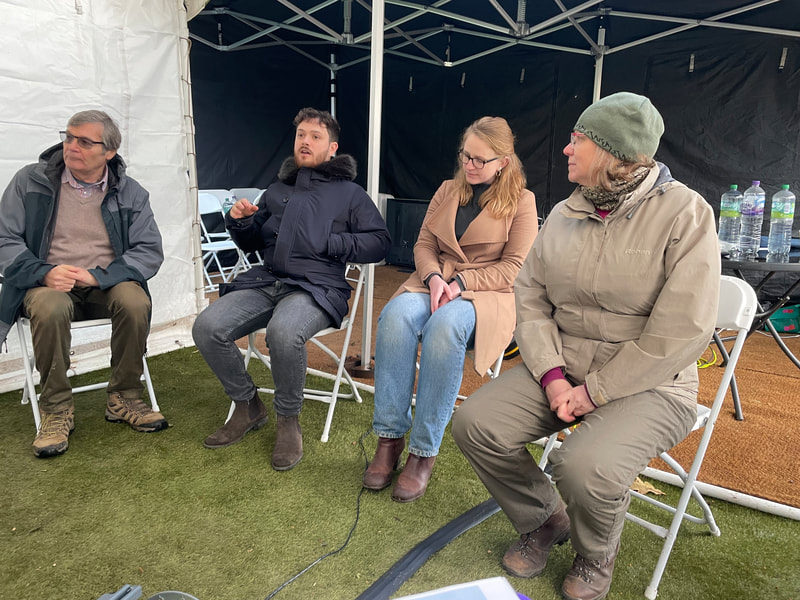
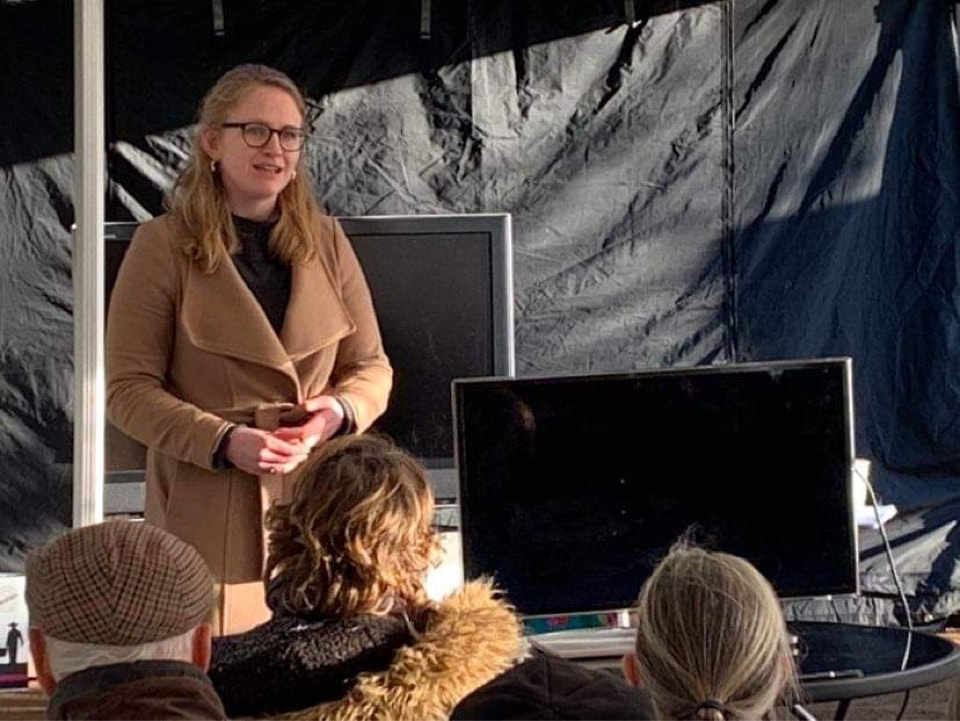
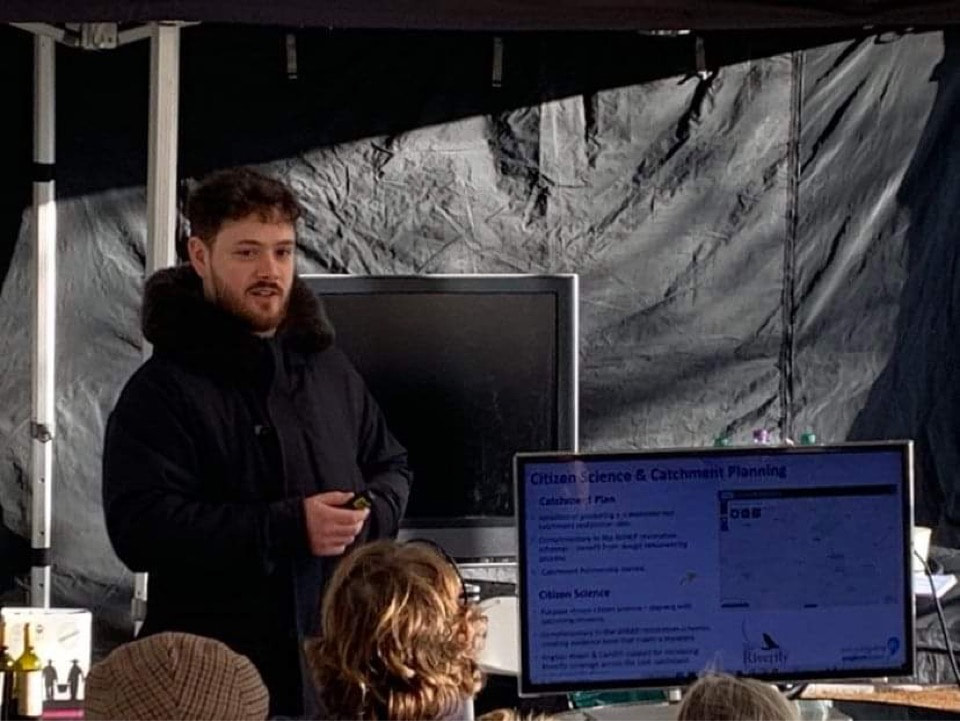
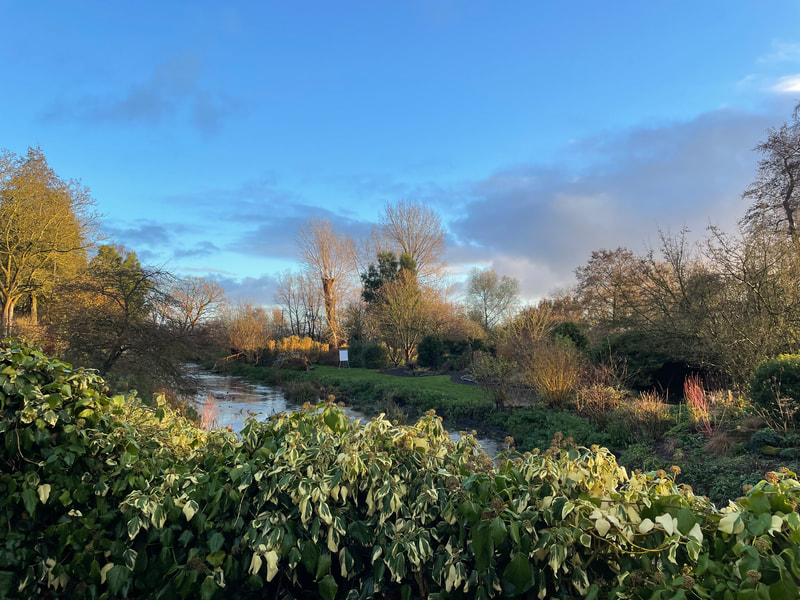
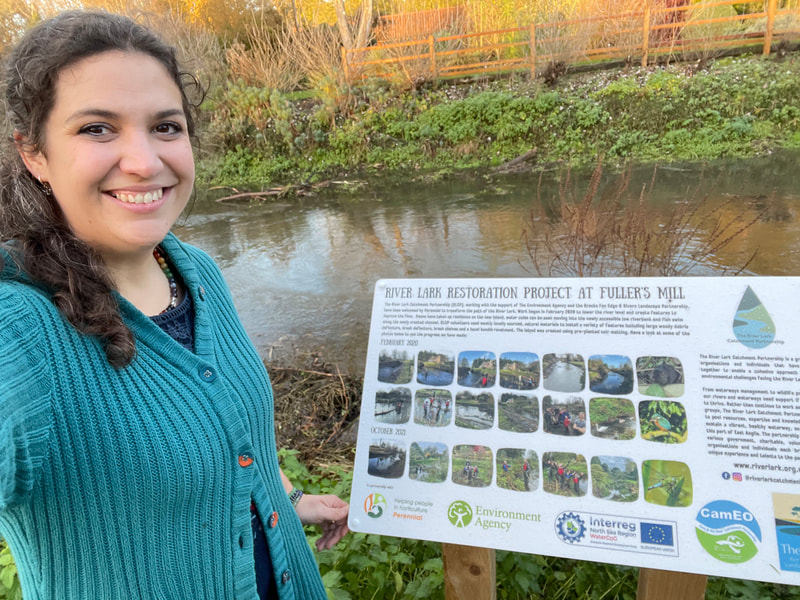
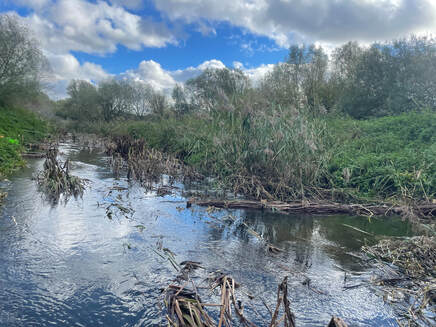
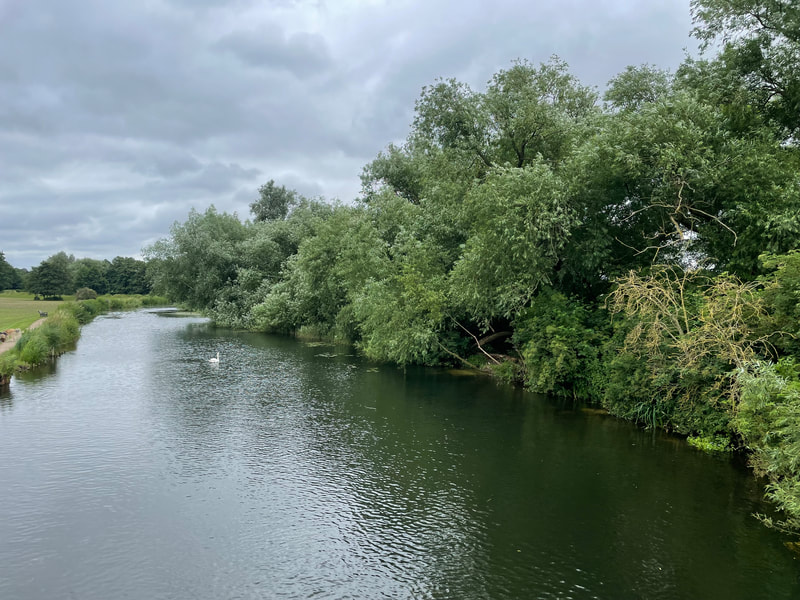
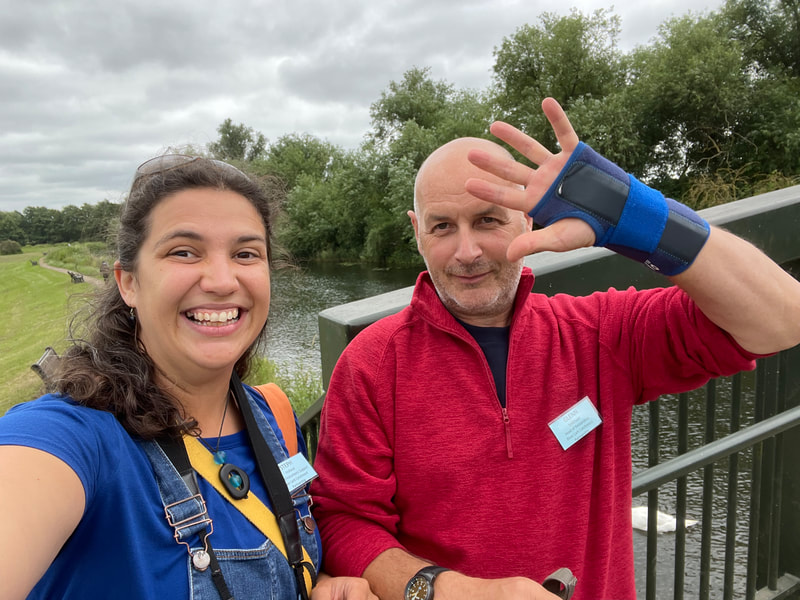
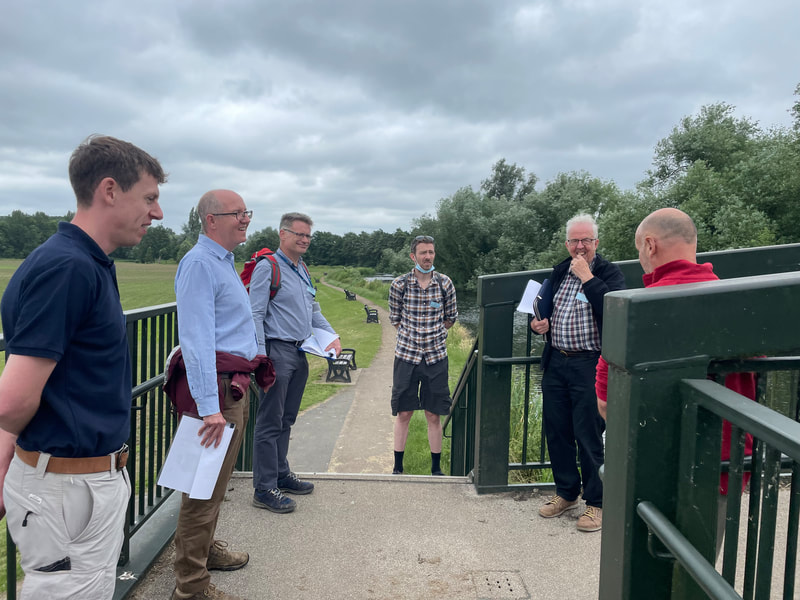
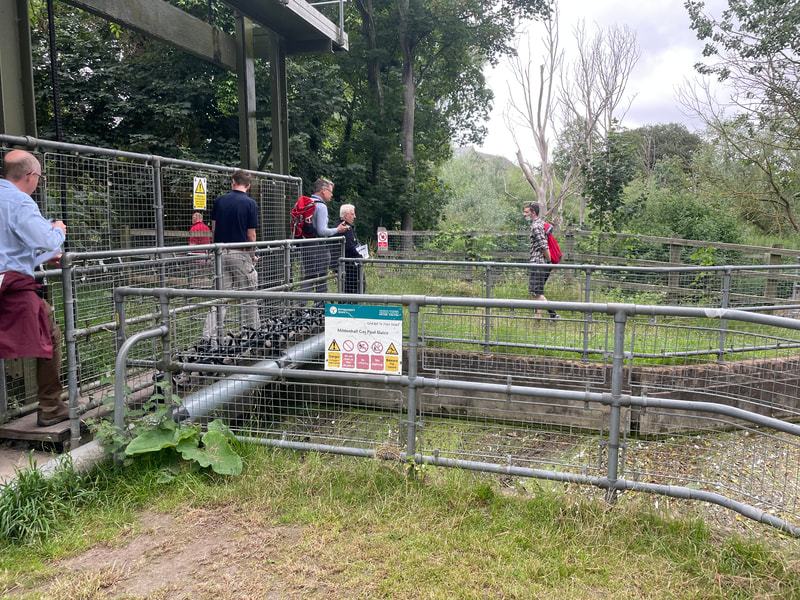
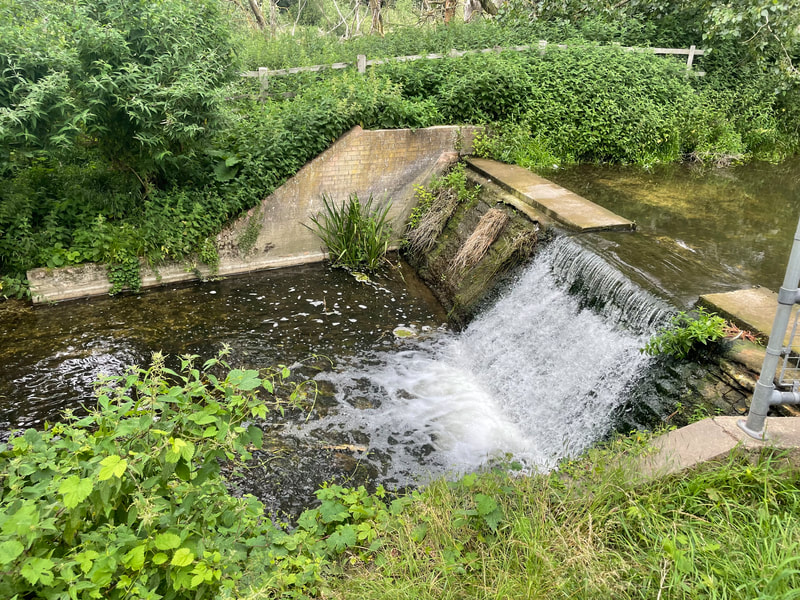
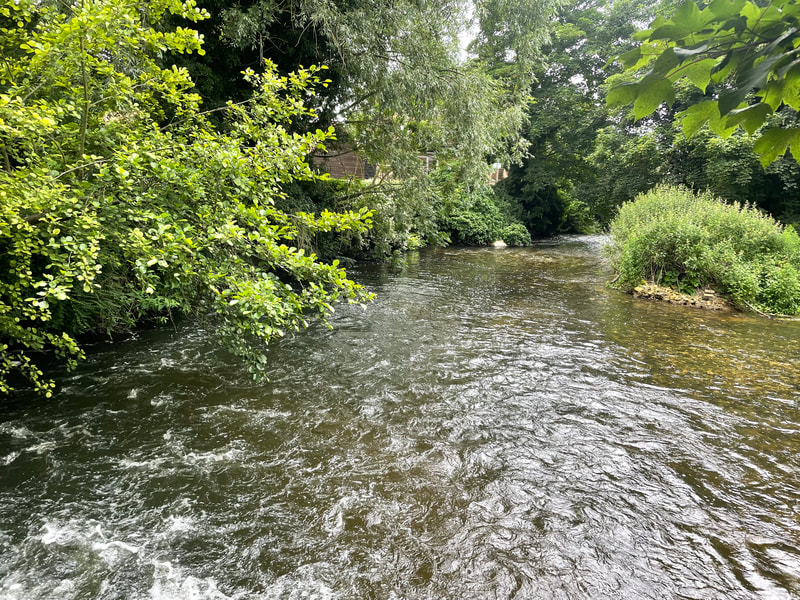
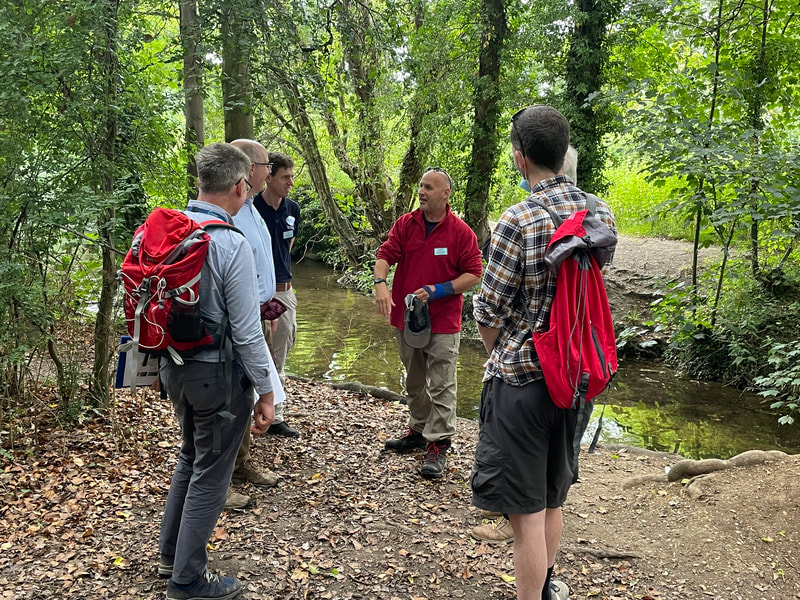
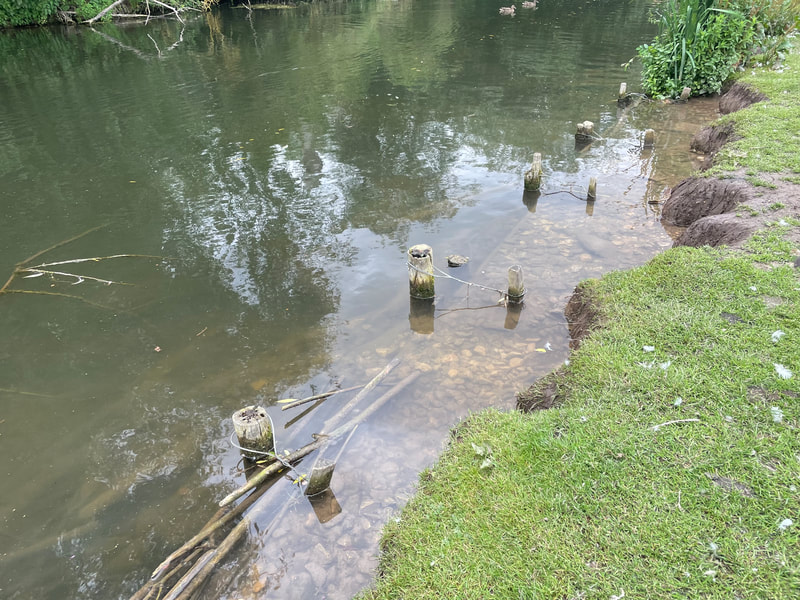
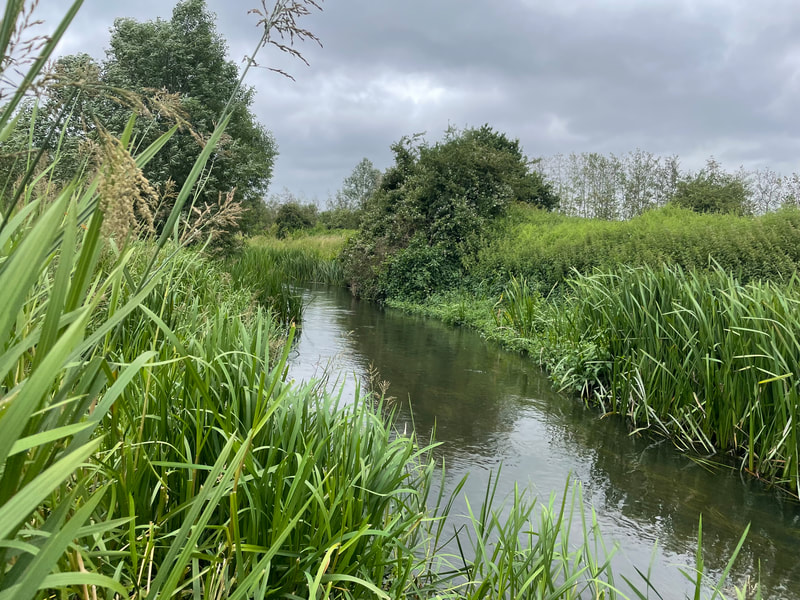
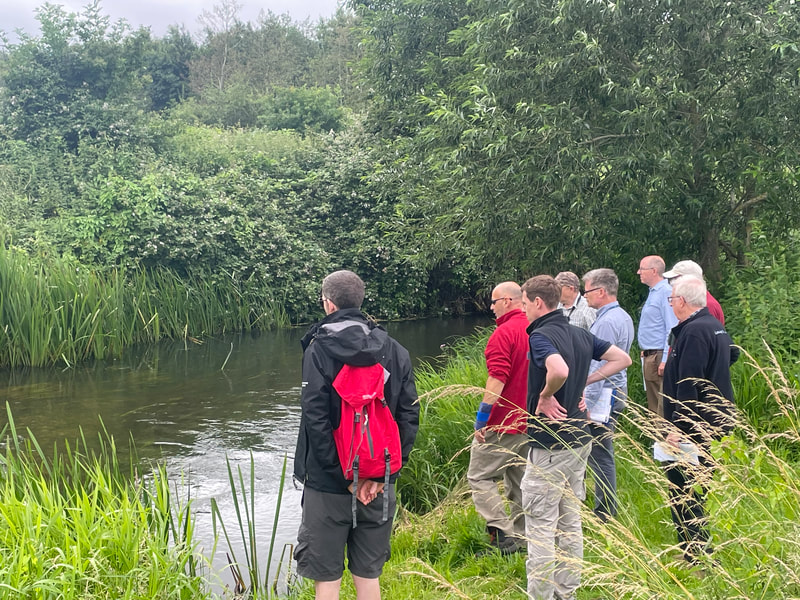
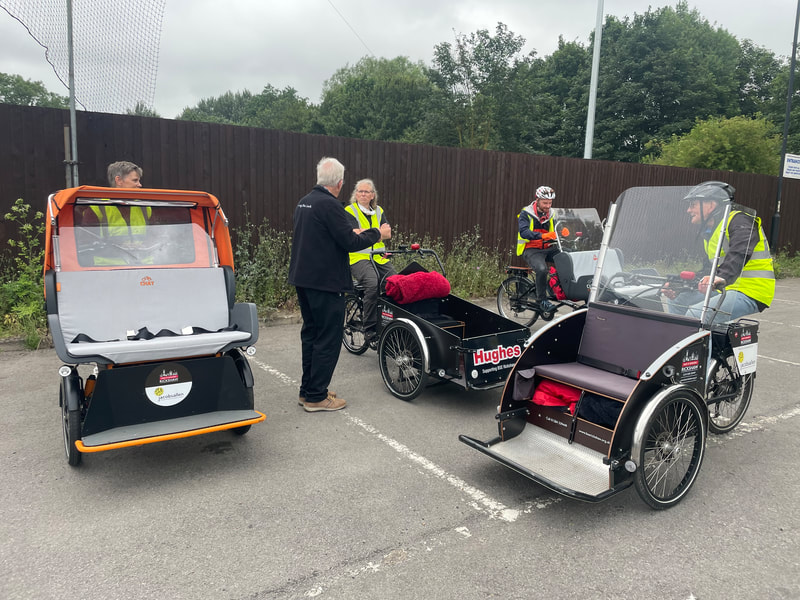
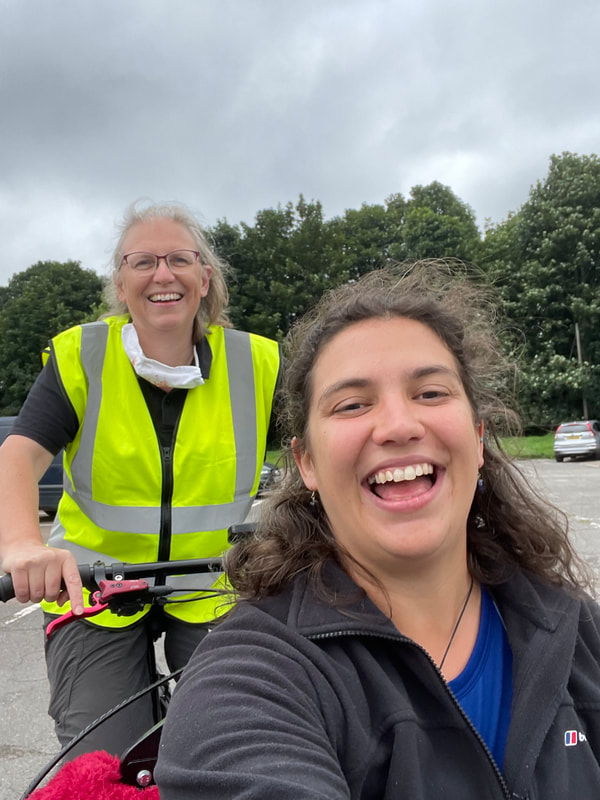
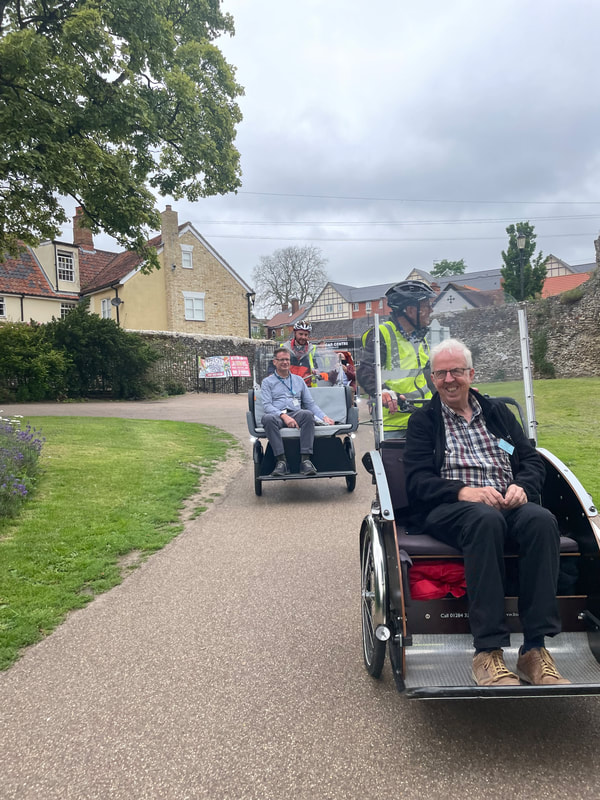
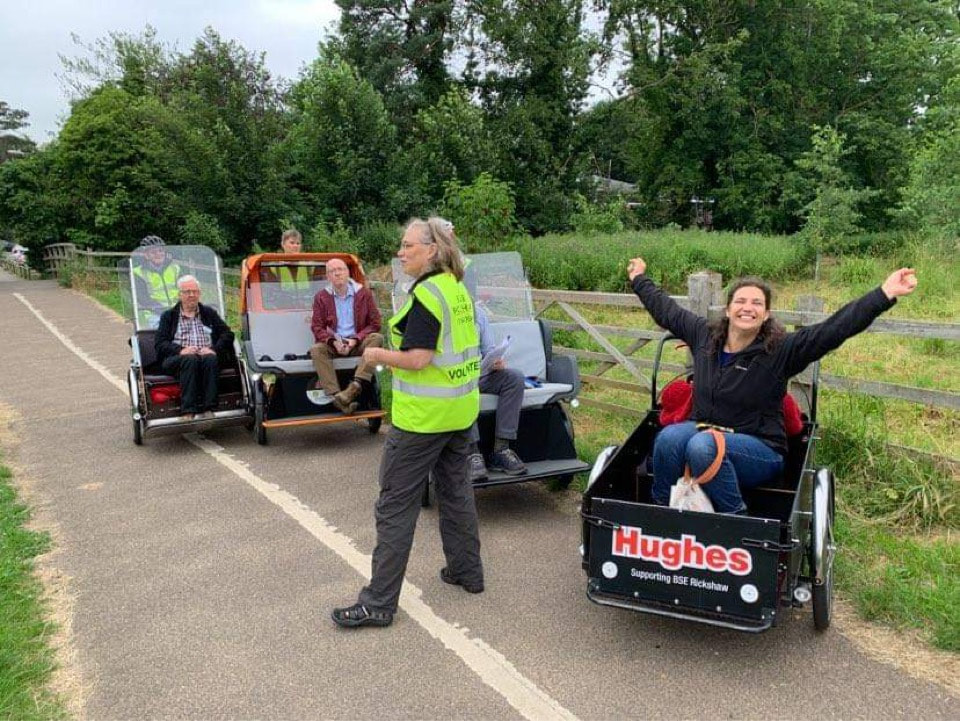
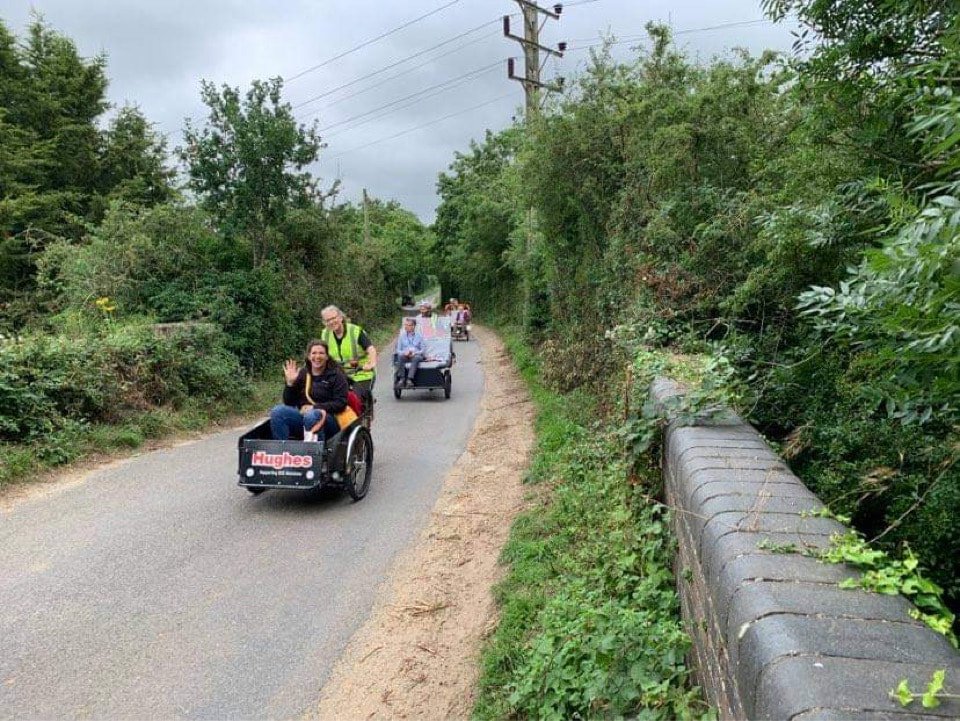
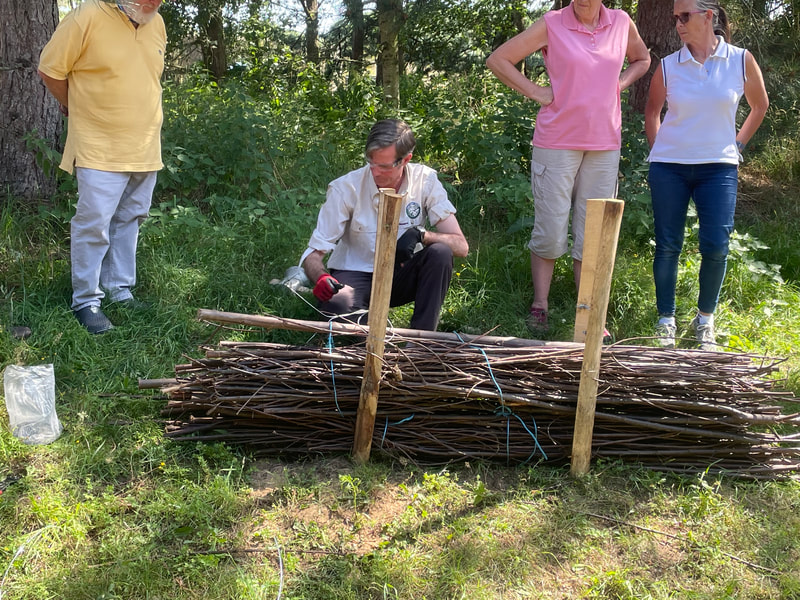
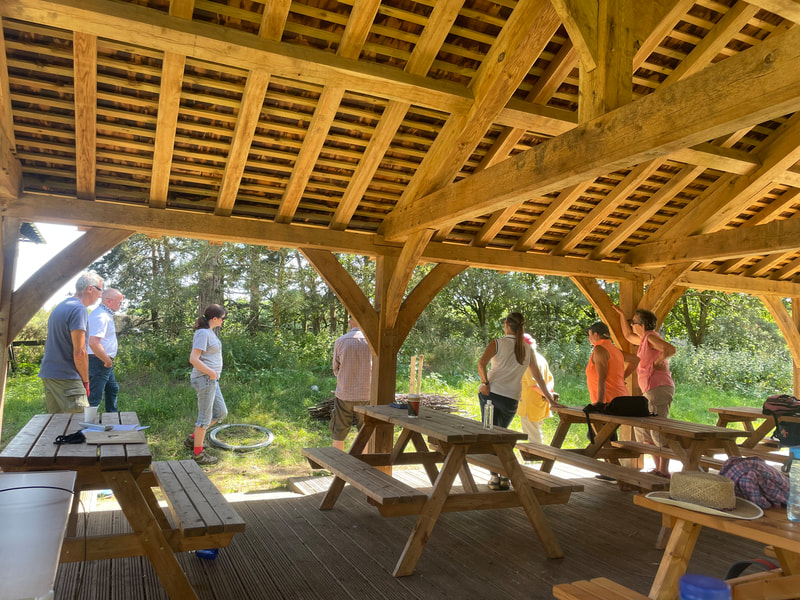
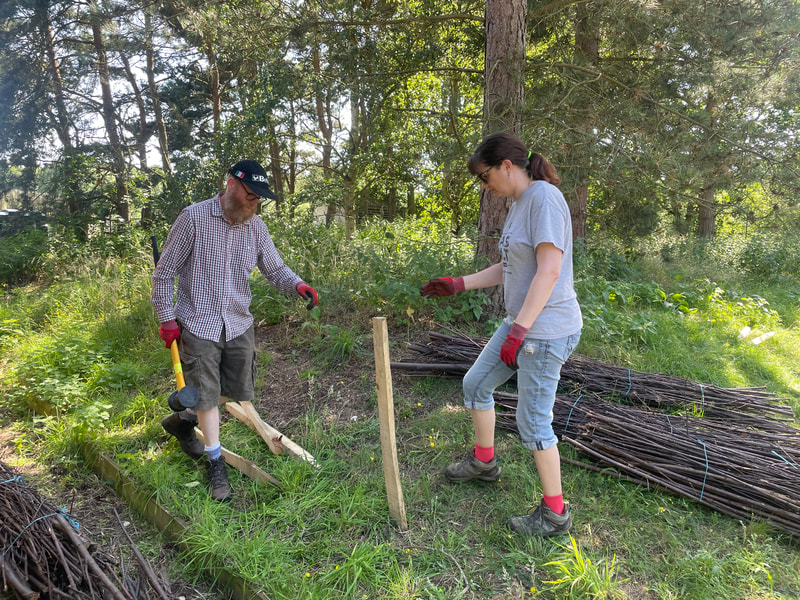
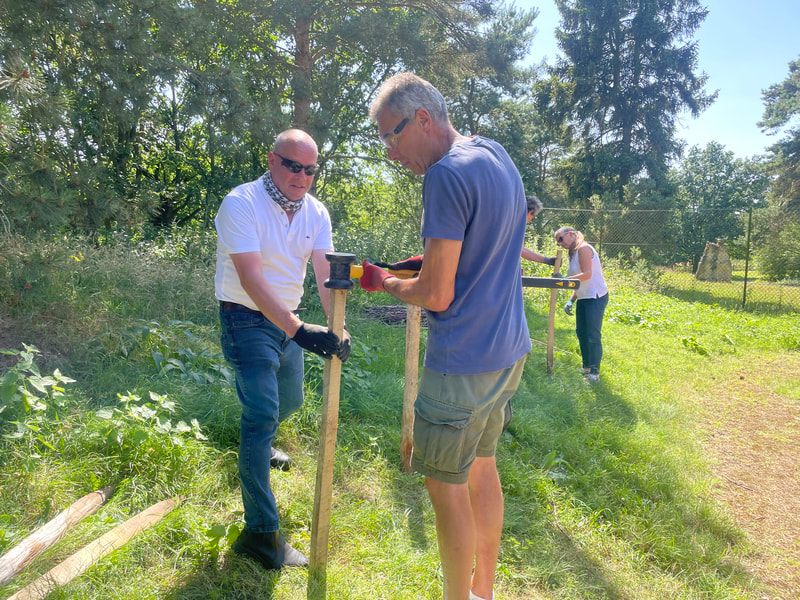
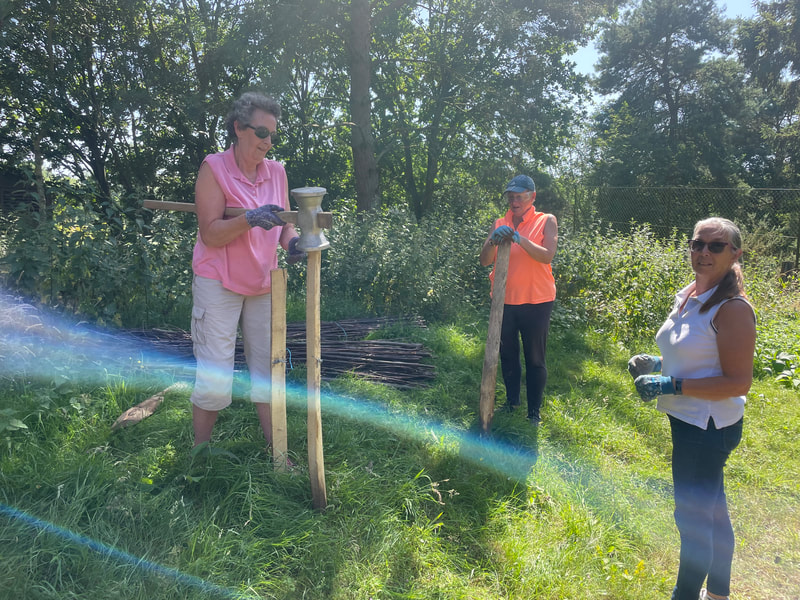
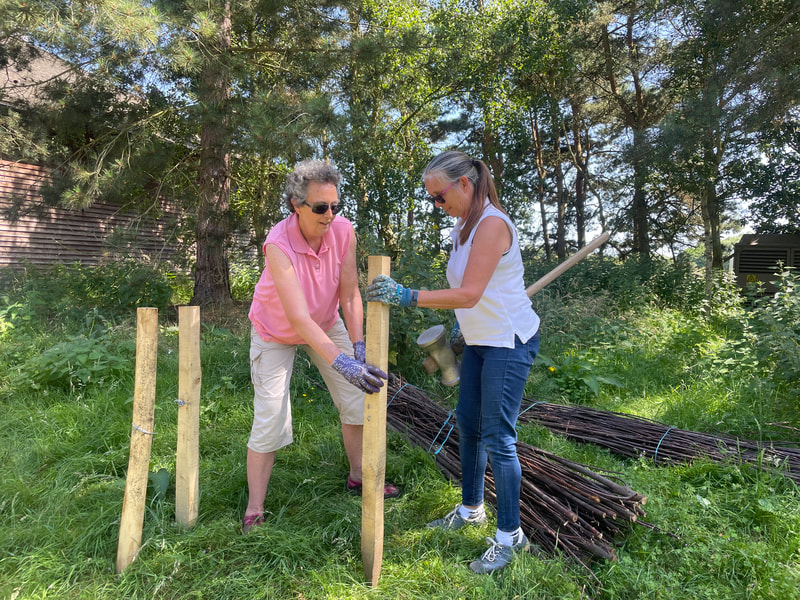
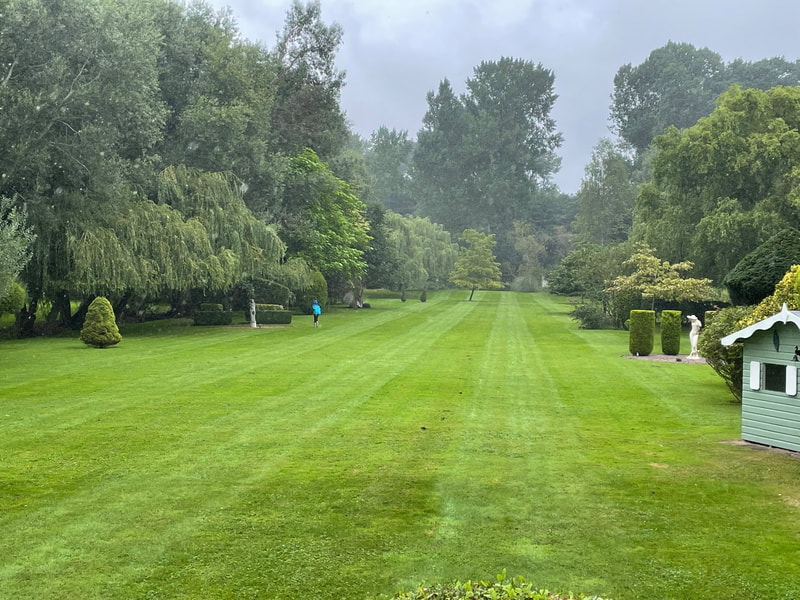
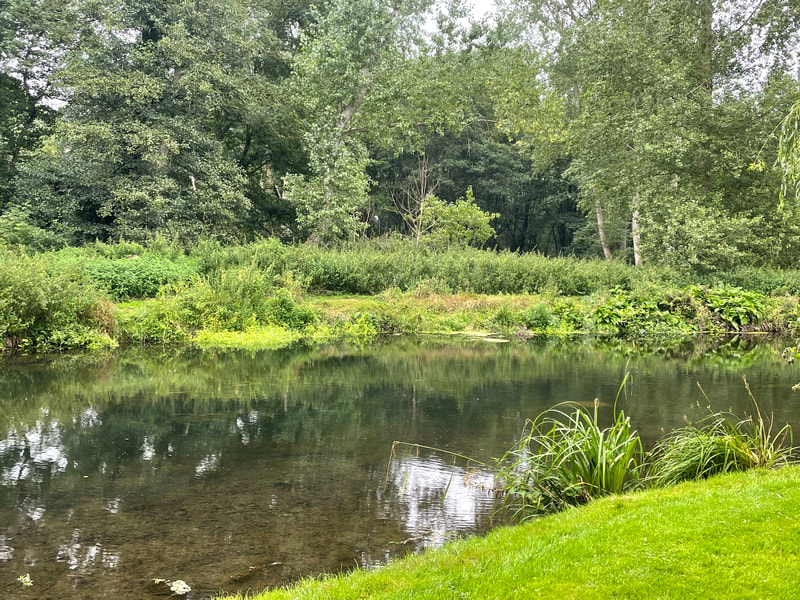
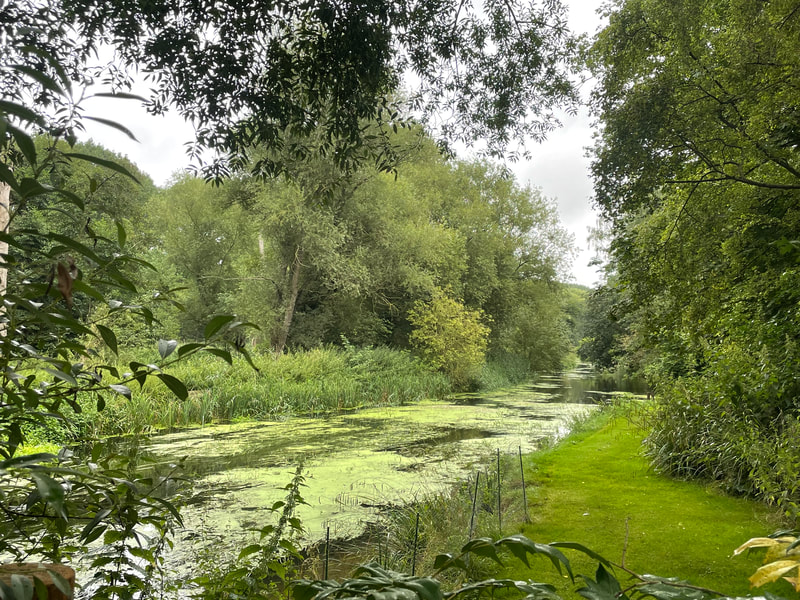
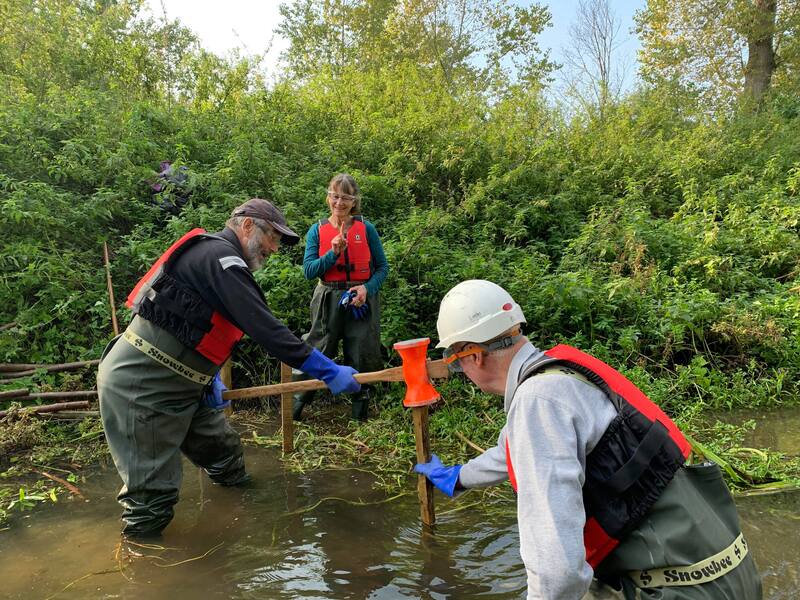
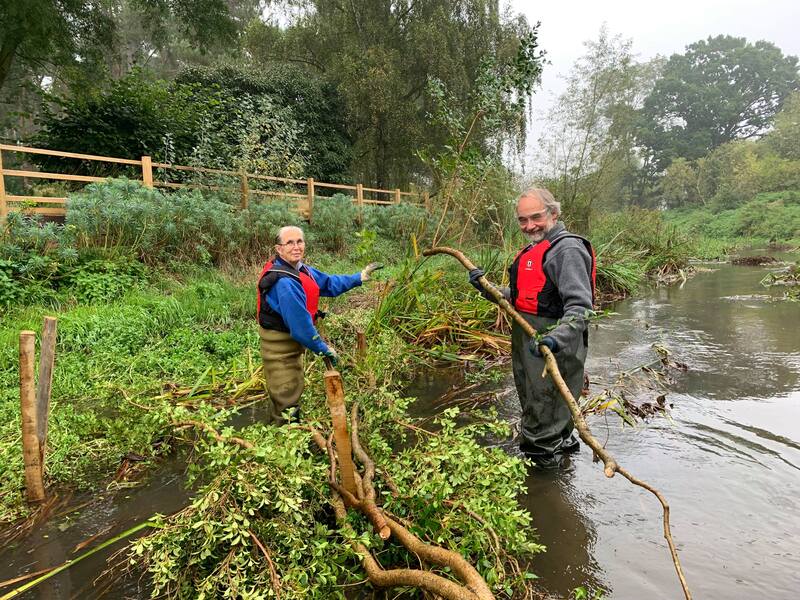
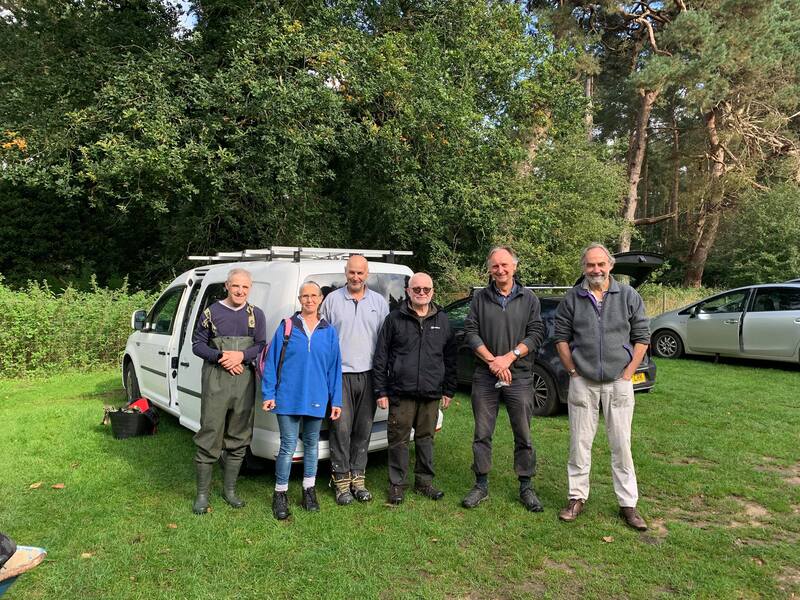
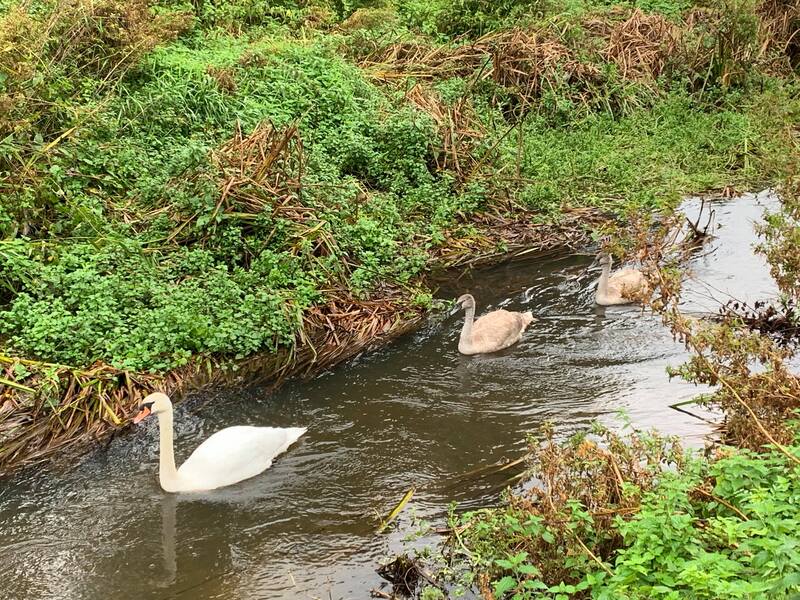
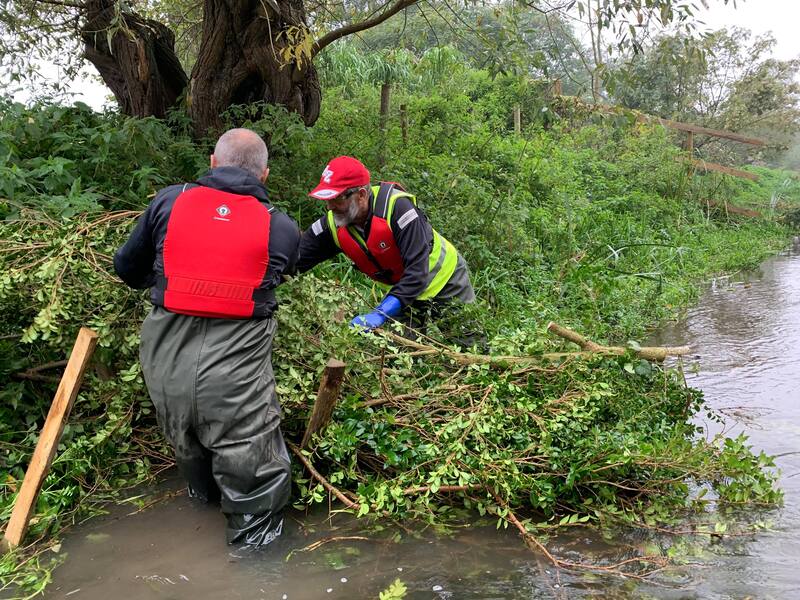
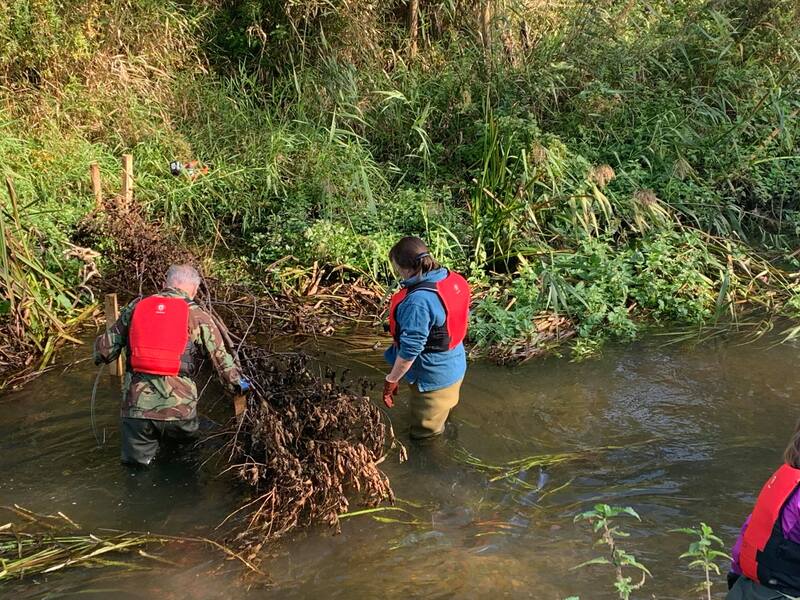
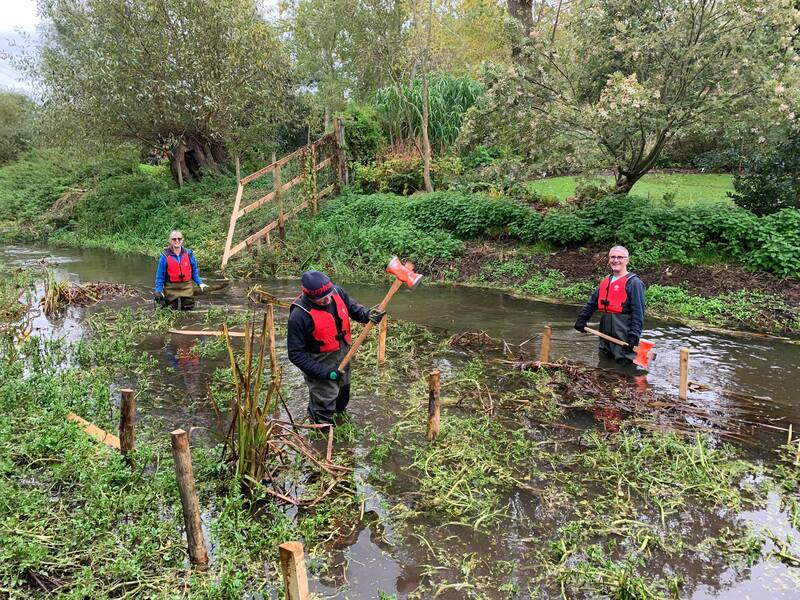
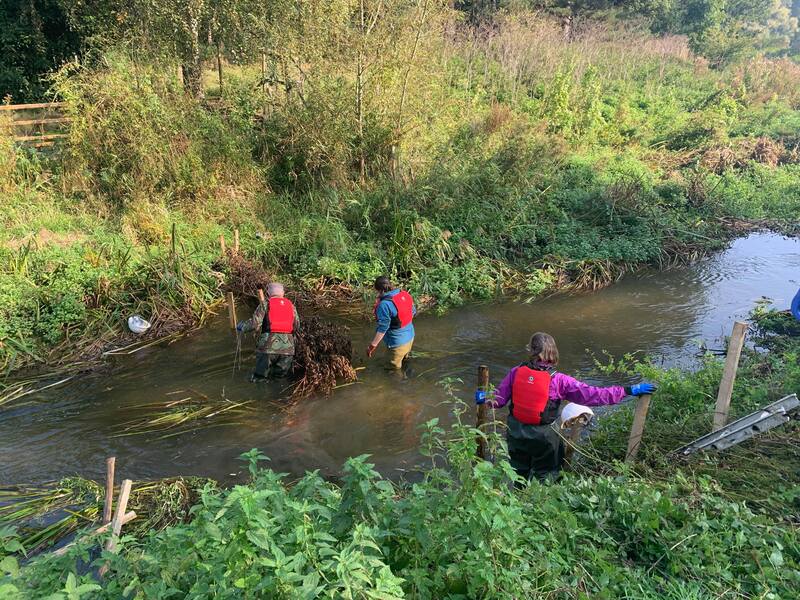
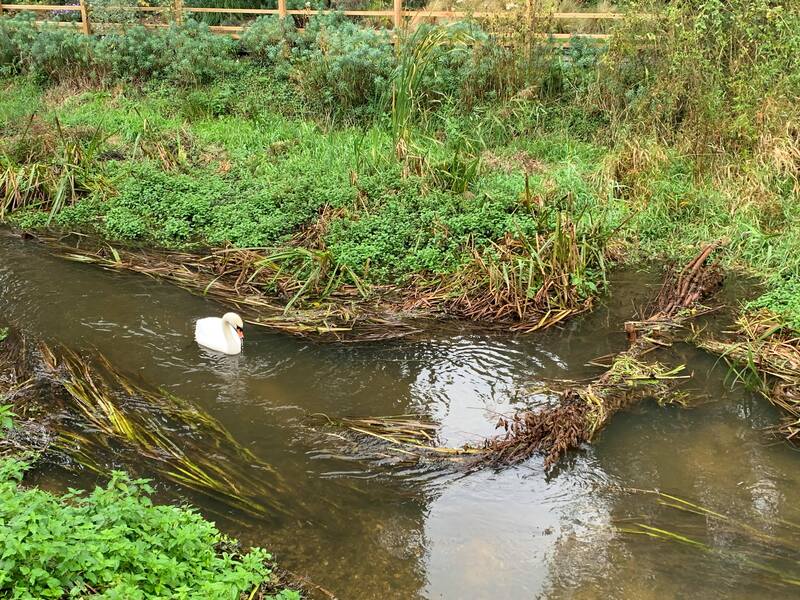
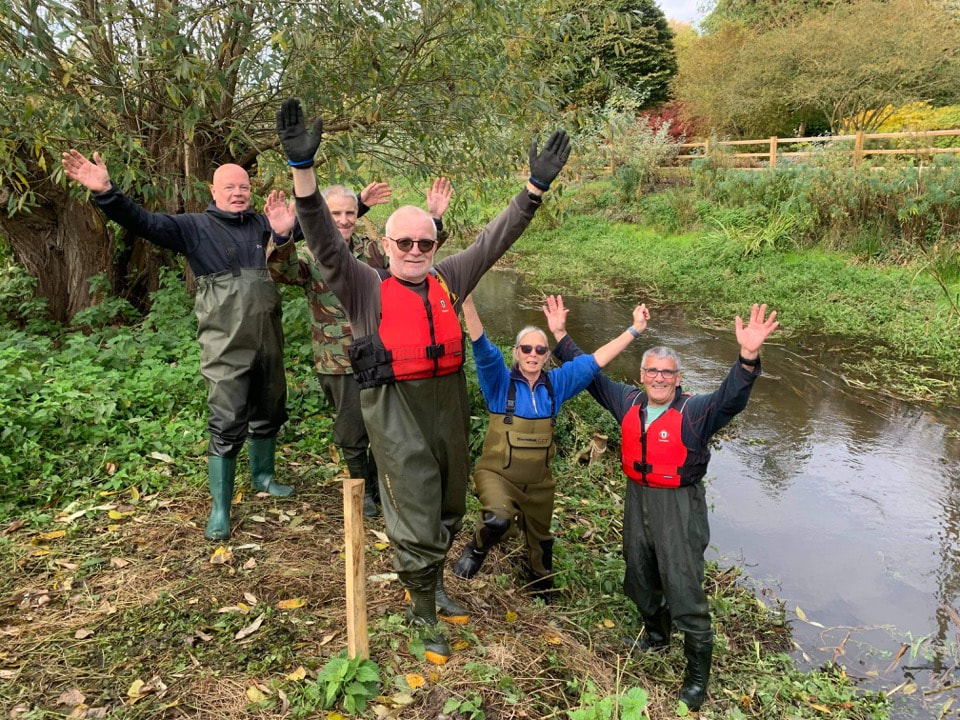
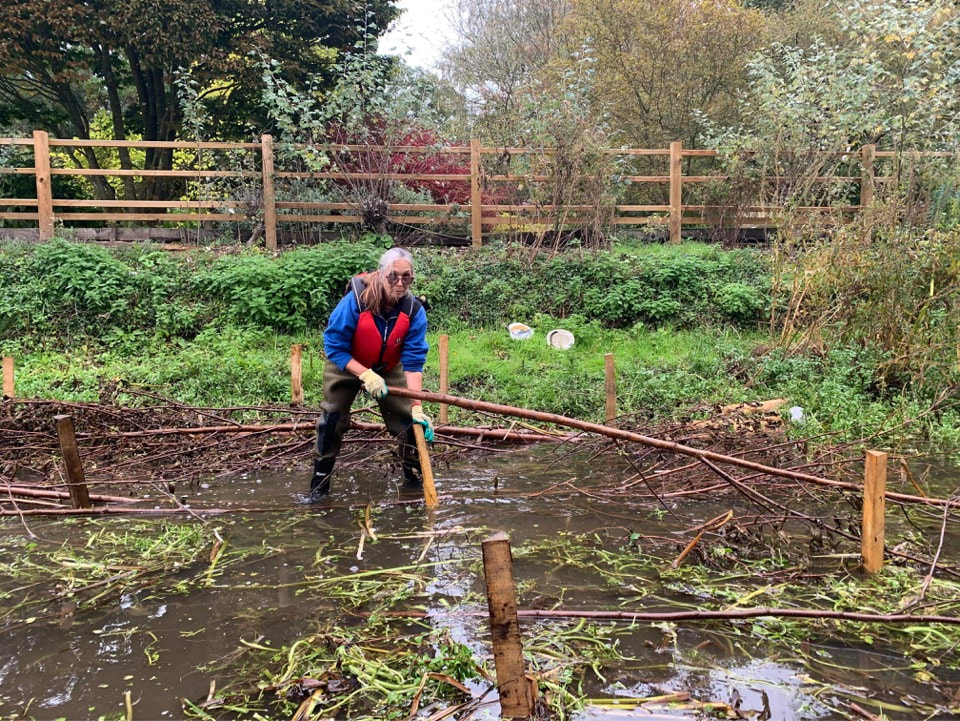
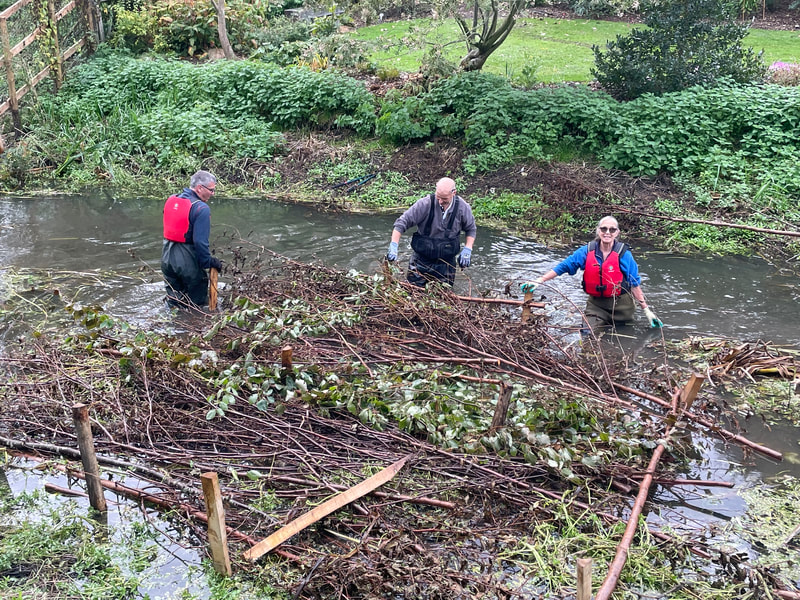
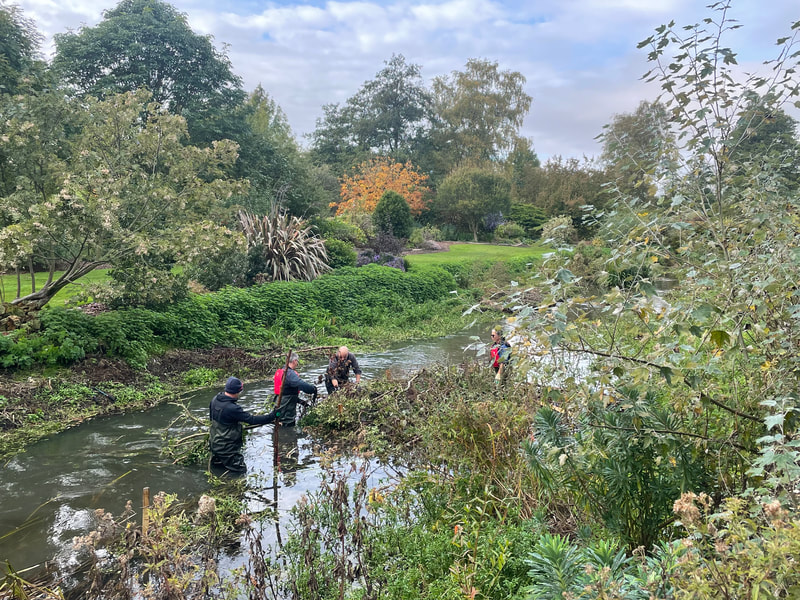
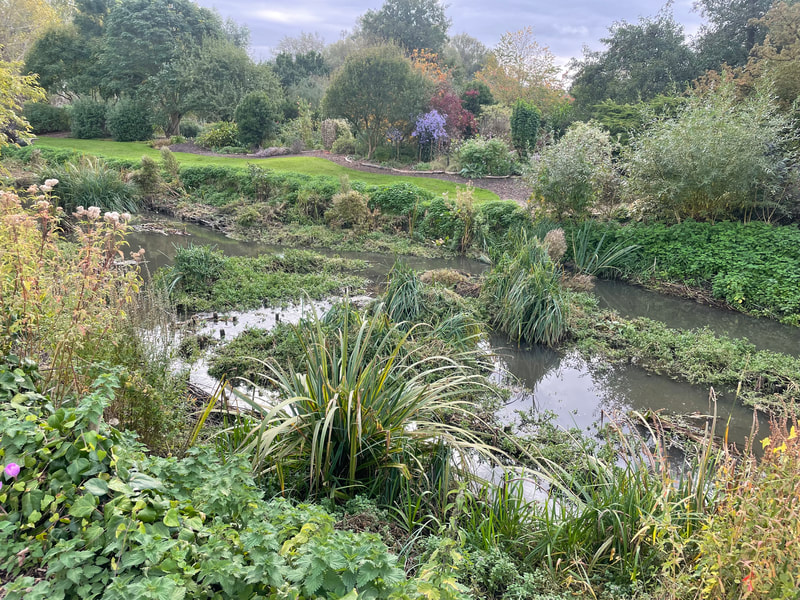
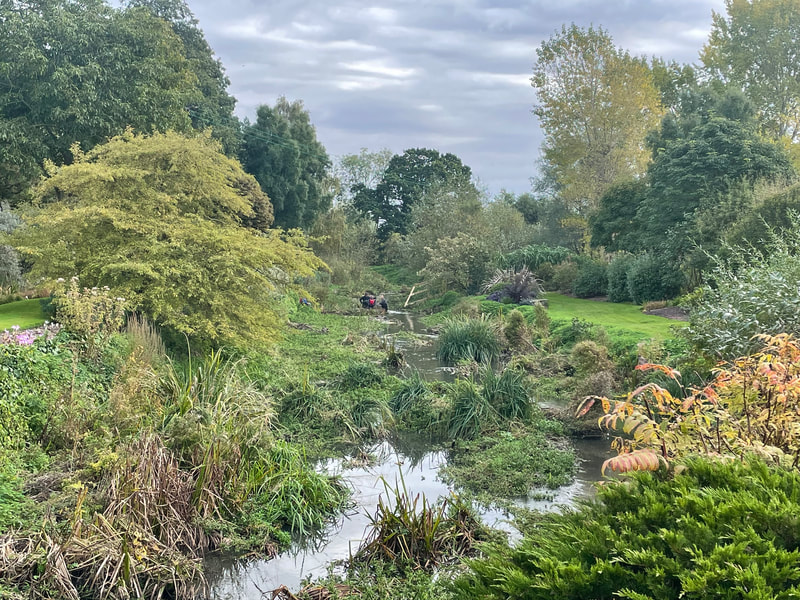
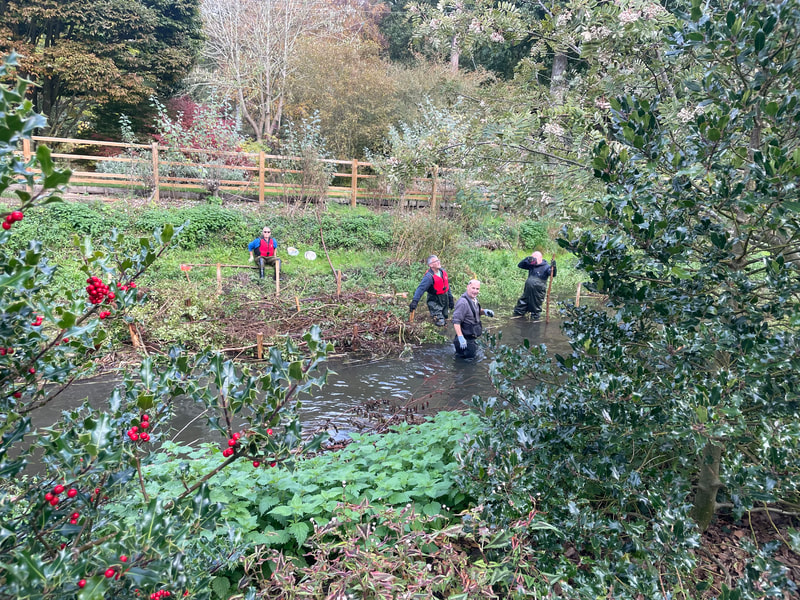
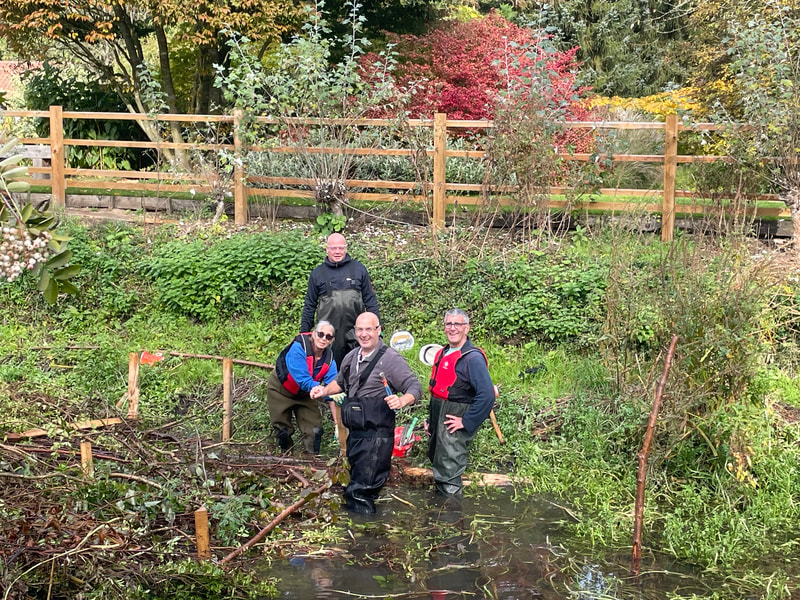
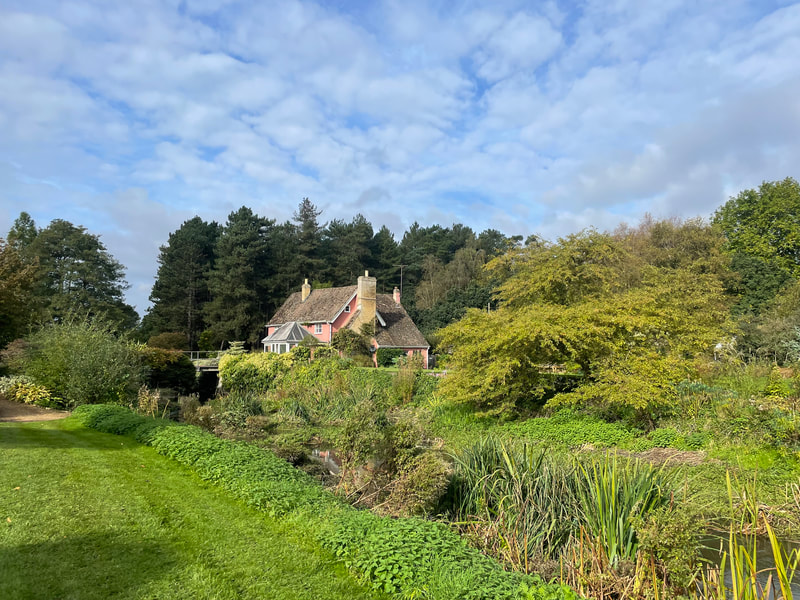
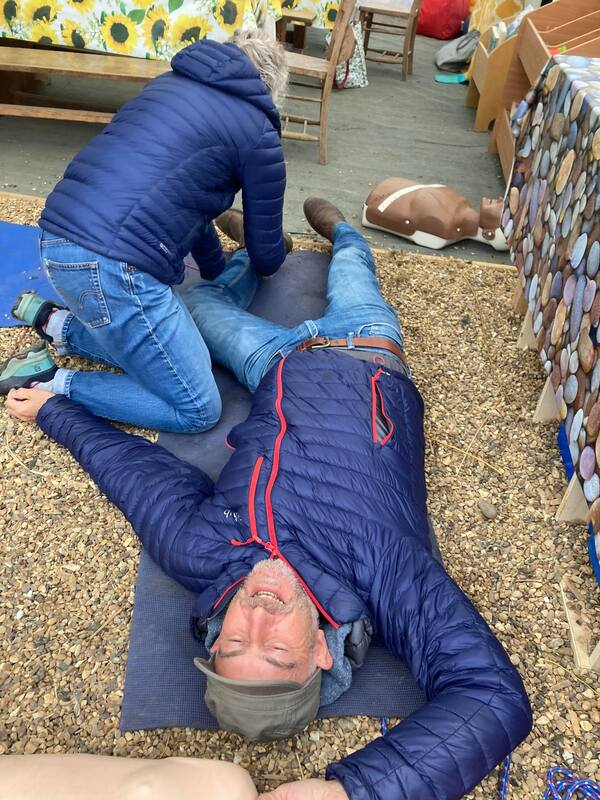
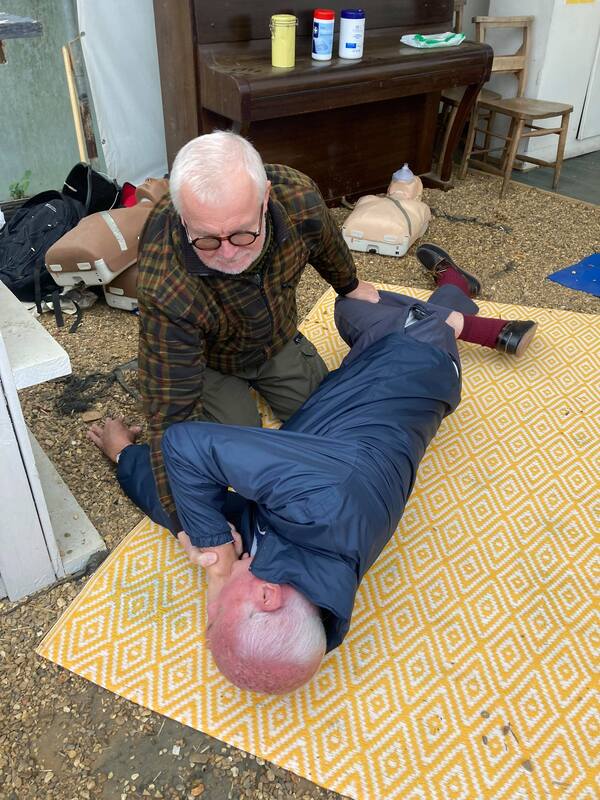
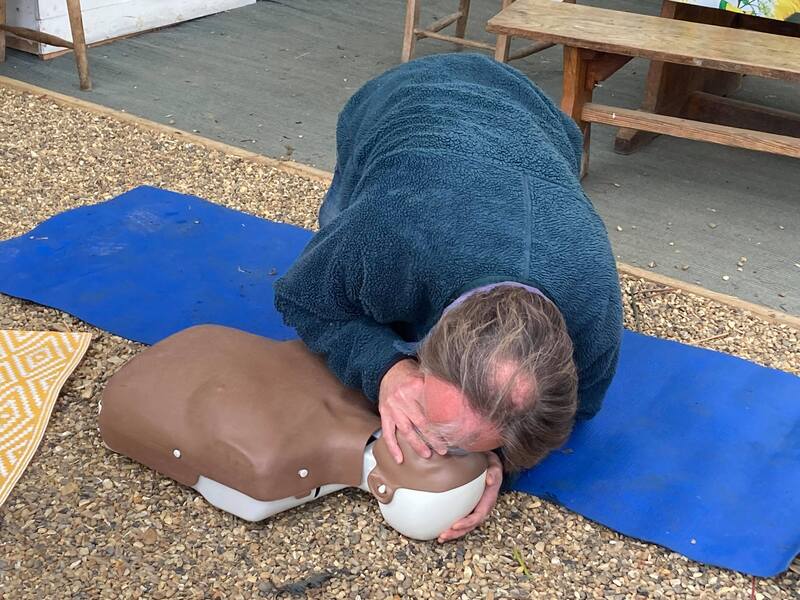
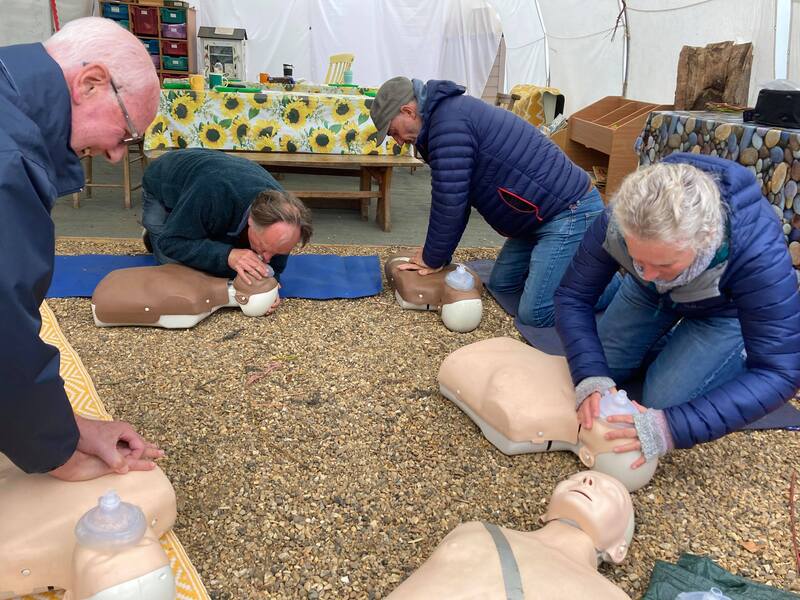
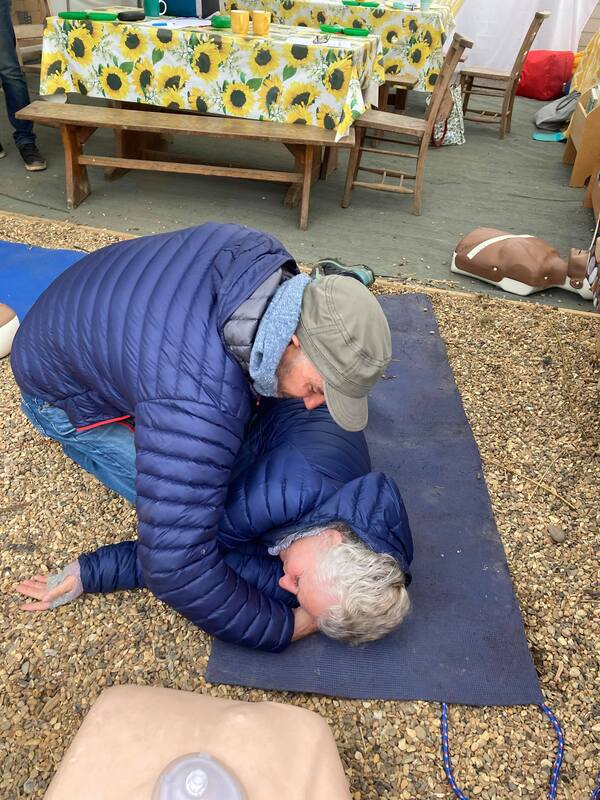
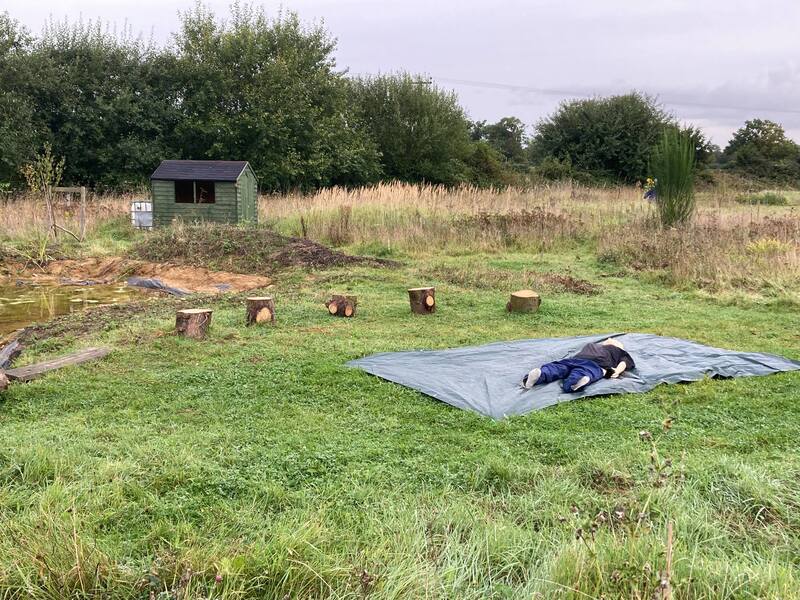
 RSS Feed
RSS Feed
